100 Essential Experimental Hip Hop Albums: [Experimental Hip Hop or Alternative Hip Hop is a style of Hip Hop music that refers to the experimental use of eccentric Hip Hop elements (usually including but not limited to abstract lyrics) in ways unconventional and considered unsuitable for traditional Hip Hop music. While Abstract Hip Hop and Experimental Hip Hop are sometimes used interchangeably, Abstract Hip Hop differs from Experimental Hip Hop in that the former refers directly to Hip Hop music with abstract lyrical content, while Experimental Hip Hop is an umbrella term for Hip Hop music that embodies elements of the genre that fall outside the constraints of convention. Experimental Hip Hop is often electronically produced and sometimes incorporates elements of other sub-genres such as Jazz Rap, Turntablism, Rap Rock, Plunderphonics, Lo-Fi Hip Hop, and Industrial Hip Hop.]
Now, what exactly makes a Hip Hop record experimental or alternative is open for discussion of course. For this piece, we’ve used a wide net: the albums on this list are all progressive, innovative, creative, and unique – the one thing they have in common is that they are all DIFFERENT from the Hip Hop norm. Some of the albums listed here are firmly rooted in the industrial/noise corner of Hip Hop, others are more neo-soul, jazz, or rock-flavored.
We could have included most of the albums released in the mid-1980s – it can be argued that when Hip Hop was in its infancy EVERY record released was experimental. Certainly genre-defining albums like Run DMC’s Run DMC, LL Cool J’s Radio, Beastie Boys’ Licensed To Ill, Eric B & Rakim’s Paid In Full, Boogie Down Productions’ Criminal Minded, Public Enemy’s Yo! Bum Rush The Show and It Takes A Nation Of Millions To Hold Us Back, Ultramagnetic MCs’ Critical Beatdown, NWA’s Straight Outta Compton, and many others were highly innovative and therefore experimental. To avoid having to list them all, we will give them a mention and a salute of respect in this intro, and start a little later on Hip Hop’s timeline with this selection of experimental Hip Hop albums.
So, let’s get into it – in this piece, you will find 100 experimental Hip Hop albums we consider to be essential representative works for the subgenre, not ranked but presented in release year order. What do YOU think? Are your favorite experimental Hip Hop albums here? Do you think any essential records are missing? Share your thoughts in the comments!
Beastie Boys - Paul's Boutique (1989)
This album is sampling heaven. Paul’s Boutique was completely different from Beastie Boys‘ much easier accessible and commercially super successful debut album Licensed To Ill, and not what a lot of fans of that album were expecting. Initially a commercial failure, Paul’s Boutique aged like fine wine and with it the appreciation for it. Now considered a landmark album in Hip Hop, it’s the ultimate example of what the Beastie Boys always stood for: creativity and innovation. They were never afraid to reinvent themselves, to experiment, and to stretch (and cross) genre boundaries, while at the same time keeping it real. Paul’s Boutique will forever be remembered as a timeless masterpiece – in music, not just in Hip Hop.
De La Soul - 3 Feet High And Rising (1989)
Experimental, innovative, and hugely influential – this cooperation between De La Soul and producer Prince Paul is a landmark album. This album introduced the skit to Hip Hop albums; and although skits more often irritate than add value, on this album they work. Clever wordplay, deft rhymes, playful production, positivity, and fun: 3 Feet High And Rising represented a new direction for Hip Hop, clearly a reaction to cliches already emerging in Hip Hop, even in its early years. De La Soul’s debut album was unlike anything Hip Hop had seen up to then, and while arguably all Hip Hop in the 1980s can be called ‘experimental’ because the genre was still in its infancy, 3 Feet High And Rising deserves to labeled thus for sure. This was the album (along with Jungle Brothers’ Straight Out The Jungle) that paved the way for acts like A Tribe Called Quest, The Pharcyde, Freestyle Fellowship, Digable Planets, and many others.
Digital Undergrond - Sex Packets (1990)
Best known for two of Hip Hop’s most famous party jams – “The Humpty Dance” and “Doowutchyalike” – this album still sounds as fresh as it did when it came out. Funky and funny, creative and crazy, with great beats and samples – Digital Underground dropped a unique album with Sex Packets. RIP Shock G.
Son Of Bazerk - Bazerk Bazerk Bazerk (1991)
Son of Bazerk was formed by Hank Shocklee, a member of the Bomb Squad, the production team responsible for the sound of Public Enemy’s first albums. Bazerk Bazerk Bazerk is one of the finest early experimental/crossover Hip Hop albums most people have never listened to – an eclectic mix of Hip Hop, soul, funk, blues, jazz, and reggae. The album is frontloaded with the singles and standout joints such as “Change The Style”, “The Band Gets Swivey On The Wheels”, and “Bang (Get down, Get down)” – but even if the second half of the album is not as strong as the first one is, overall Bazerk Bazerk Bazerk is a historical album that deserves to be remembered.
Beastie Boys - Check Your Head (1992)
As much an alt-punk-rock album with Hip Hop, funk, soul, and jazz influences as a Hip Hop album, Beastie Boys‘ third effort is yet another experimental self-reinvention. After the frat-boy fun of the classic Licensed To Ill and the sampling genius of the creative masterpiece Paul’s Boutique, this album mixes up musical styles so that it offers something for everyone.
“Pass The Mic”, “So Whatcha Want”, “The Maestro”, “Professor Booty”, “Jimmy James” – great tracks aplenty on Check Your Head, arguably the Beastie Boys’ most musical LP. Where its follow-up Ill Communication somewhat lacked in cohesion (and overuse of the voice transforming vocoder), Check Your Head admirably succeeds to sound cohesive, despite its mash-up of styles.
The Disposable Heroes Of Hiphoprisy - Hypocrisy Is the Greatest Luxury (1992)
Political, conscious, smart (perhaps somewhat preachy) lyrics over experimental, innovative, and genre-crossing production – Hypocrisy Is the Greatest Luxury is a wholly enjoyable AND important early 90s album by Rono Tse and Michael Franti (who also gained great recognition as part of the Beatnigs before and Spearhead after being part of The Disposable Heroes).
“Television: The Drug Of A Nation”, “Satanic Reverses”, “Hypocrisy Is The Greatest Luxury”, “California Uber Alles” and especially the poignant “Language Of Violence” remain relevant classics to this day.
Guru - Jazzmatazz (1993)
Jazzmatazz, Vol. 1 is Guru’s debut solo studio album, after three albums with DJ Premier as Gang Starr. Jazzmatazz is one of the first albums to combine a live jazz band with Hip Hop production and emceeing.
According to Guru himself:
“Jazz’s mellow tracks, along with the hard rap beat, go hand-in-glove with my voice.”
Or as he says on the intro of the album:
“Peace yo, and welcome to Jazzmatazz: an experimental fusion of Hip Hop and live jazz. I’m your host the Guru. That stands for gifted, unlimited, rhymes, universal. Now I’ve always thought of doing something like this, but I didn’t want to do it unless it was going to be done right, know what I’m saying? Cause Hip Hop, rap music, is real. It’s musical, cultural expression based on reality. And at the same time, jazz is real and based on reality. So I want to let you know that it was indeed and of course and pleasure to work on such a project with so many amazing people. For instance I got Donald Byrd, Roy Ayers, Lonnie Liston Smith, Branford Marsalis, Ronny Jordan, N’Dea Davenport, Courtney Pine and MC Solaar all in the house. Plus I got Gary Barnacle, Carleen Anderson, D. C. Lee, Simon Law and Zachary Breaux doing much work. So without further delay, I say to you, listen and enjoy.
And an enjoyable listening experience it is. “Loungin”, “No Time to Play”, “Slicker Than Most” and the exceptional “Le Bien, Le Mal” (with Frenchman MC Solaar rapping in his own language) are standouts, but the whole albums flows beautifully – just like Jazzmatazz Vol 2, which would be released in 1995. Great work by one of Hip Hop’s great voices. RIP Guru.
Organized Konfusion - Stress: The Extinction Agenda (1994)
Following their eponymous debut LP, Pharoahe Monch and Prince Po had a lot to live up to. They admirably succeeded in creating an album with similarities to the first album, while doing something completely different at the same time. Prince Po and Pharoahe Monch come with unparalleled lyricism on this dark, dense, complicated, and intellectual album. This album was way ahead of its time in vision and execution. Some albums from this era sound dated now but Stress: The Extinction Agenda sounds as fresh today as it did on the day it was released – the mark of a true classic.
In terms of wordplay, flow, delivery, AND content – this is the gold standard. Pharoahe Monch is and has always been the better rapper of the two, but Prince Po is perfectly able to hold his own – which is incredible enough. Both emcees manage to step up their already considerable game from their debut, they come with phenomenal rhymes and complex flows – bar for bar lyrical Hip Hop doesn’t get much better than this. Whether they are storytelling, philosophizing, joking, bragging, being conscious, or simply throwing out battle raps – their lyrical performances are top-tier in every aspect – there is NOTHING cliche or run-of-the-mill about the lyricism on Stress: The Extinction Agenda. Some of the tightest and most inventive rhymes you’ll ever hear are on this album, with the conceptual gem “Stray Bullet” being a particular lyrical highlight.
The mostly self-produced beats on Stress: The Extinction Agenda are dope as f too – dark and menacing, but jazzy at the same time: musically this album comes off as a hybrid of the sounds of A Tribe Called Quest and Wu-Tang Clan – combining the best of both worlds.
Stress: The Extinction Agenda is one of the most underrated albums released in the 1990s – this truly is a one-of-a-kind kind of album. If you’ve ever wondered why many consider Pharoahe Monch a GOAT emcee – study this album and you will know. Stress: The Extinction Agenda is an all-around brilliant album that should not be overlooked.
Beastie Boys - Ill Communication (1994)
Like its predecessor Check Your Head, Ill Communication is not strictly a Hip Hop album, but a mash-up of styles with liberal doses of punk-rock thrown in the mix. Never afraid to experiment and do exactly what they wanted, Beastie Boys stayed true to their punk-rock roots on this album. Ill Communication is not for everybody, but it’s a classic in its own right, with massive appeal to other, non-Hip Hop audiences.
Count Bass-D - Pre-Life Crisis (1995)
Count Bass-D is an underrated producer and musician who dropped a great number of worthwhile progressive albums in his long career. His recording debut Pre-Life Crisis is a fun, feel-good album, where Count uses real instruments and holds his own – rapping and singing – on the mic too. Slept on and forgotten, this experimental album definitely is worth checking out.
Dr. Octagon - Dr. Octagonecologyst (1996)
Is this Kool Keith’s best album (outside Ultramagnetic’s monumental debut Critical Beatdown)? In a catalog as deep and diverse as Kool Keith’s, it may be hard to choose – but Dr. Octagonecologyst definitely is our Kool Keith solo favorite. An all-time underground favorite, Dr. Octagonecologyst simply is a near-perfect album. Production by Dan The Automater is absolutely phenomenal. Innovative, eery, spaced-out: the instrumentals provide the perfect backdrop for Kool Keith’s trademark bizarre lyrics.
Company Flow - Funcrusher Plus (1997)
Underground Hip Hop at its finest. A hate-or-love-it kind of album for many due to its innovative and experimental nature, but doubtless a classic. Company Flow, consisting of El-P (beats & rhymes), Big Juss (rhymes) & DJ Mr. Len (beats & scratches), dropped this gem to bless Hip Hop in a time period where shiny suit rappers and gangsta posers were starting to get most of the spotlight. Ahead of its time and very influential, Funcrusher Plus paved the way for countless left-field Hip Hop acts, who were and are instrumental in keeping the genre fresh.
Latyrx - The Album (1997)
With The Album, Cali MCs Lateef the Truthspeaker and Lyrics Born deliver an album that may be a little bit too experimental, obscure, and abstract for most but deserves attention nonetheless. Lyrics Born produced most of the album, with some cuts done by the supreme DJ Shadow. The off-the-wall production, combined with outstanding lyricism makes for an album that deserves a place in any (alternative) Hip Hop fan’s collection.
OutKast - Aquemini (1998)
Always creative and innovative, it’s hard to agree on which album is OutKast’s best. They are all classics in their own right, with this one arguably being their magnum opus, where everything that makes OutKast part of Hip Hop’s elite comes together. The beats, the lyrics – both are truly excellent, but it is the overall vibe of the album that makes Aquemini so special. A stylistic and musical experience that transcends Hip Hop – Aquemini is a creative masterpiece that belongs in every music lover’s collection.
Dälek - Negro Necro Nekros (1998)
Negro Necro Nekros is hauntingly dark and atmospheric, and a pioneering album for the industrial/noise Hip Hop subgenre. This album signified the start of an interesting catalog, with a bunch of albums that are well worth checking out for those who are not afraid to open their minds to something different.
Lauryn Hill - The Miseducation Of Lauryn Hill (1998)
The Miseducation Of Lauryn Hill is one of the greatest albums of all time. This genre-bending album incorporates styles such as Soul, R&B, Jazz, Rock, Gospel as much as it does Hip Hop – so while it’s a stretch to categorize this masterpiece as Hip Hop, we included it here anyway because if calling Miseducation ‘experimental Hip Hop’ is what it takes to slide it in a list with 99 other dope albums, that’s what we’re going to do.
Lauryn Hill was never afraid to experiment, and here she allowed her talent to go wherever it needed to go to produce the album that suited it. The result is an all-time classic. “Ex-Factor”, “Every Ghetto, Every City”, “Lost Ones” and “Doo Wop (That Thing)” are the centerpieces of an all-around monumental album.
Deep Puddle Dynamics - The Taste of Rain...Why Kneel (1999)
The Taste of Rain… Why Kneel is the only studio album by Deep Puddle Dynamics, a collaboration between Sole, Doseone, Alias, and Atmosphere‘s Slug – this is one of the best albums released on Los Angeles-based avant-garde record label Anticon.
Handsome B-boy Modelling School – So How’s Your Girl (1999)
Handsome Boy Modeling School was a collaboration between renowned producers Dan The Automator (Gorillaz, Dr. Octagon, Deltron 3030) and Prince Paul (Stetsasonic, De La Soul, Gravediggaz, A Prince Among Thieves), which produced two dope albums, most notably this experimental masterpiece, the first of the two HBMS albums. This clever and humorous album is one of 1999’s hidden gems, with bangers like “Magnetizing”, “Once Again (Here to Kick One for You)”, “Waterworld”, and”Holy Calamity (Bear Witness II)” on it.
Rubberoom - Architechnology (1999)
With its full-length debut Architechnology, this crew known as Rubberoom emerged from the depths of the Chicago Hip Hop underground. Progressive production unit The Opus (Isle Of weight, Fanum, and DJ Stizo, plus over a dozen of the Windy City’s most talented turntablists) crafted well over an hour of ominous soundscapes for emcee Lumba and Meta-Mo to spit their abrasive bars over – the intensity of the lyrics and music combined is insane.
“Smoke”, “Lockjaw”, “The Shining”, “Bleach”, “Acid”, “Sector Rush (Re-Built)”, “Architechnology Nine”, “Trail Of The Vampire”, “Style Wars” – nothing but gothic bangers on Architechnology. This is one of the most slept on albums of the 1990s, even in the underground.
Quasimoto - The Unseen (2000)
Experimental and left-field, this first album from Madlib’s alter ego Quasimoto is sure to satisfy the taste buds of those who are into layered, metaphorically and musically complex compositions. Mindblowingly creative, filled with jazzy loop and breaks, short songs, interludes, and Lord Quas’ off-the-wall high-pitched rhyme style, The Unseen feels more like a musical tapestry than a conventionally structured album. The Unseen probably is a hate-it-or-love-it kind of affair, but there is no denying Madlib’s particular brand of genius.
Deltron 3030 - Deltron 3030 (2000)
Simply brilliant. One of the best concept albums ever created, this collaboration between producer Dan the Automator (as The Cantankerous Captain Aptos), rapper Del the Funky Homosapien (as Deltron Zero/Deltron Osiris), and DJ Kid Koala (as Skiznod the Boy Wonder) is as timeless a piece of music as it gets. A challenging listen maybe, but ultimately extremely rewarding – a milestone not just for Hip Hop, but for music in general.
Aesop Rock - Float (2000)
Float is Aesop Rock‘s second full-length album and his first major release. Not for everybody, this is the epitome of turn-of-the-millennium underground Hip Hop, with its experimental, industrial beats and Aesop’s razor-sharp, intricate rhymes, Float will be inaccessible for the mainstream rap listener, but this album is truly a gem for Hip Hop heads with a more refined taste. With stand-out cuts such as “Commencement At The Obedience Academy”, “Big Bang”, “Basic Cable, and “Fascination”, this is a great album and a prelude to even greater Aesop Rock material to come.
Cannibal Ox – The Cold Vein (2001)
Cannibal Ox really delivered something special with The Cold Vein. With invaluable work on the boards of El-P, this album is nothing less than a masterpiece. The lyrical prowess displayed by Cannibal Ox’s two emcees Vast Aire and Vordul Mega is outstanding, they succeed in painting a grim picture of modern NYC life with imagery that’s highly creative. El-P’s innovative and layered production is what sets the atmosphere for the album though – this one of those albums where the beats perfectly complement the lyrics and vice versa, creating a musical tableau that is atmospheric and hypnotic at the same time – complex but ultimately eminently rewarding. The Cold Vein was years ahead of its time and is only getting better as time goes by.
Saul Williams - Amethyst Rock Star (2001)
An amalgamation of spoken word poetry, Hip Hop, jazz, and rock, Saul Williams’ Amethyst Rock Star escapes simple genre classification. With its intelligent and philosophical lyrics and noisy soundscapes, this dense album can be hard to get into and definitely is one of a niche audience. Amethyst Rock Star is a creative, dark, intense, and idiosyncratic piece of music that provides an ultimately satisfying listening experience – if you allow yourself to open your mind to it.
Aesop Rock – Labor Days (2001)
Labor Days is Aesop Rock’s third studio album and one of his absolute best. As always with Aesop Rock, the instrumentals are innovative and exciting, and you need to really listen closely to his next-level wordplay to get his meanings – this is music for thinking people. “Daylight,” with its epic bass-line, clever lyrics, is a stand-out, as is “Save Yourself,” which addresses Hip Hop traditionalists who’d rather talk about their skills and diss the bubblegum rappers than say anything meaningful. But there’s much more to enjoy on Labor Days, one of Def Jux’s flagship albums, an album that was instrumental in moving forward the alternative Hip Hop scene around the turn of the millennium. Labor Days is a classic.
Techno Animal - The Brotherhood Of The Bomb (2001)
Techno Animal’s The Brotherhood Of The Bomb is one of the landmark records of industrial/noise Hip Hop. Half instrumental, half with vocals from experimental Hip Hop acts like Dälek, Antipop Consortium, El-P, Vast Aire, Sonic Sum, and Rubber Room – The Brotherhood Of The Bomb truly is a classic of the subgenre. Fans of Company Flow’s Funcrusher Plus, Cannibal Ox’s The Cold Vein, El-P’s Fantastic Damage, and Dälek’s first three projects better not sleep on the breathtaking hellscapes that make up The Brotherhood Of The Bomb.
Busdriver - Temporary Forever (2002)
Weird, but wonderful. Los Angeles’ Busdriver has never made a straightforward or accessible album. Busdriver’s unorthodox and wild flows and his general abstract and experimental style will leave many heads spinning, but those who allow themselves to be swept away by Busdriver’s eccentricity and by the beats that perfectly gel with his lyrical antics will soon count this underground classic as one of their favorite albums.
Temporary Forever is Busdriver’s second album, and although he would go on to release a couple more great projects (especially Fear of a Black Tangent (2005) and Perfect Hair (2014) are must-haves too), this one stands as his absolute masterpiece.
Dälek – From Filthy Tongue Of Gods And Griots (2002)
Dälek is an experimental Hip Hop crew from Newark, New Jersey – comprised of MC Dälek, Oktopus, and DJ Still ( who passed away in 2018). From Filthy Tongue Of Gods And Griots is their second album and their best alongside the masterful Absence (2005). Dälek’s music is never easy or straightforward and no doubt this album is an acquired taste, with its boom bap-driven beats backed up by noisy and industrial soundscapes and unorthodox instrumentation. This album was way ahead of its time, and an indisputable classic in the industrial Hip Hop subgenre.
Alias – The Other Side Of The Looking Glass (2002)
The Other Side of the Looking Glass is the debut solo studio album from Alias, the late co-founder of the famed indie Hip Hop record label Anticon – the pinnacle of his work. Alias’s sublime flow and superb wordplay, combined with his perfectly executed electronic/trip-hop flavored production make for a highly original record, unlike anything else released in 2002.
El-P – Fantastic Damage (2002)
The first solo album by Definitive Jux head-honcho El-P builds on the lyrically and sonically dense sound he pioneered with Company Flow, with Fun Crusher Plus (released via Rawkus Records in 1997) as the benchmark album that was instrumental in keeping real Hip Hop alive. On Fantastic Damage, he produces avant-garde digital beats and drops ill lyrics designed to make you listen carefully and to make you think. With his drive to experiment and innovate, El-P’s (and Def Jux’s) influence on keeping Hip Hop fresh and exciting cannot be overstated.
Jaylib – Champion Sound (2003)
Champion Sound can be seen as sort of a prelude to 2004’s Madvillainy – one of the most-lauded underground Hip Hop albums of all time. Both are products of two brilliant producers joining forces, in the case of Madvillainy a collaboration between MF DOOM and Madlib, for Champion Sound Madlib teamed up with the late great J Dilla.
On Champion Sound, the two each produced half of the tracks and they rapped over the beats the other one provided, with tracks sequenced alternatingly. Guests like Percee P and Guilty Simpson add some extra flavor, but Madlib and Dilla hold their own on the mic – even if it’s clear enough they are both producers first and rappers second. You don’t listen to Champion Sound for the rhyming anyway, it’s all about the beats – and the beats are mostly great, just as can be expected from two of the most creative producers in the game ever.
King Geedorah - Take Me To Your Leader (2003)
MF DOOM dropped two low-key masterpieces in 2003. Vaudeville Villain (as Viktor Vaughn) is one, this one is the other. For Take Me To Your Leader DOOM adopts the persona of King Geedorah – a three-headed lizard observing earth from outer space, and commenting on some of the earth’s problems.
Where Vaudeville Villain had its focus more on the lyrics, this album is all about the musical backdrops. DOOM’s and especially his guests’ lyrics are worth listening to (DOOM only raps on two tracks, focusing his energy almost exclusively on his work on the boards) but it may take multiple listens to decipher everything and take all in – partly because of the clever complexity of most rhymes and partly because they are sometimes hidden behind a wall of lo-fi sound: dusty beats laced with obscure samples – DOOM digs deep to come up with the craziest soundscapes. Take Me To Your Leader is not for those who like formulaic mainstream rap, but it is a treasure for those who dig creativity.
Aesop Rock – Bazooka Tooth (2003)
Bazooka Tooth is the fourth studio album by Aesop Rock, at 70 minutes a monster of an album. Even if Bazooka Tooth is not Aesop Rock’s best work, it still is an excellent album, and among the better Hip Hop albums released in 2003. Even at his most accessible Aesop Rock is an acquired taste, and Bazooka Tooth being his least accessible album makes it a bad entry point for Aesop Rock noobs. Production-wise Bazooka Tooth takes some getting used to with its edgy instrumentals – the lyrics, however, are classic Aesop Rock. Just as his then-label Def Jux, Aesop Rock has always been about pushing Hip Hop boundaries and Bazooka Tooth is a prime example of that innovativeness.
Illogic – Celestial Clockwork (2004)
Celestial Clockwork is Ohio-based emcee Illogic’s third solo studio album, production is entirely handled by regular collaborator Blueprint, and it features vocal contributions from Aesop Rock, Vast Aire, Slug, and Blueprint. Lyrically complex, poetic, and intelligent: Celestial Clockwork is Illogic most personal and best album, offering one hour of top-tier left-field Hip Hop with stand-out cuts like “Time Capsule” (with Aesop Rock and Vast Aire), “1000 Whispers”, “Celestial Clockwork”, “First Trimester”, and “Stand” (with Atmosphere‘s Slug).
Madvillain - Madvillainy (2004)
This album is ART, pure and simple. Madvilliany redefined the underground and is a perfect example of what can happen if two left-field geniuses combine powers. MF DOOM and Madlib have both produced many pieces of brilliant music, but this epic album is the crowning achievement of both their careers. The best album of the aughts and a top 10 Hip Hop album of all time.
Saul Williams - Saul Williams (2004)
Saul Willliams’ eponymous second full-length album is one of the most potent blends of Hip Hop, rock, and spoken word poetry ever. This is Williams’ most accessible and best record, with twisted guitar riffs and heavy bass thumps providing a noisy backdrop for his socially conscious and auto-biographical laments – Saul Williams has something to say, as always. “List Of Demands (Reparations)”, and “Black Stacey” are among the stand-outs, but there are plenty of powerful tracks on Saul Williams.
Rob Sonic – Telicatessen (2004)
Rob Sonic is a former member of Sonic Sum (1998-2004, with Fred Ones, Eric M.O., and Preservation) and Hail Mary Mallon (2009-2018, with Aesop Rock and DJ Big Wiz). Telicatessen is Rob Sonic’s debut solo album. All production, lyrics, and vocals on the album were done by Rob Sonic himself, with the exception of the verses on “Sniper Picnic” by Creature, and Alaska and Windnbreeze from Def Jux labelmates Hangar 18. Scratches were done by Fred Ones from Sonic’s former group the Sonic Sum, and by DJ Big Wiz. Telicatessen is has the trademark Def Jux flavor with a quirky beat style, and Rob Sonic knocks it out the park lyrically too – with an off-kilter style similar to his close collaborator Aesop Rock. This is a low-key underground classic.
Cryptic One - The Anti-Mobius Strip Theory (2004)
Cryptic One is a slept-on artist. If you’re familiar with and appreciative of music from other Atom’s Family members (associated with the Cold Vein project from Cannibal Ox), you will love The Anti-Mobius Strip Theory. The dark and experimental production – mostly done by Cryptic One himself with some assistance from Jestoneart, Blockhead, and Blueprint – is dope as f, and Cryptic One’s abstract lyrics are clever and thought-provoking – unpacking them gives this album endless replay value. No weak tracks on this (70 minutes) long album, but the atmospheric “Apocolypse Zone” with Aesop Rock is a particular stand-out, as are songs like”Unicycle (Water Cycle)”, “Tempt Fate”, “Intricate Schemes”, “Uncomfortable Silence”, and “Willow”. The Anti-Mobius Strip Theory is a forgotten masterpiece – one of the most consistent 70-minute records you’ll ever hear.
Mos Def - The New Danger (2004)
Mos Def’s second solo album has always been a hate-it-or-love-it kind of affair. Many critics slammed the album upon its release, but were they right to do so? Sure, those who expected Black On Both Sides Part 2 were right to be disappointed. The New Danger is nothing like Mos Def’s epic debut album and nothing like Black Star, his brilliant collaboration with Talib Kweli, either. And it is also true that the album is overlong and the order of the songs is somewhat clunky – the different styles used can give the album an incohesive feel.
But.
The New Danger should not be hated for what it is not but enjoyed for what is. An experimental and eclectic album, fusing Hip Hop with rock, soul, funk, R&B, and more. Mos Def’s fearless attempt to break genre boundaries should be admired, even if it does not always work. The New Danger is a challenging listening without a doubt, but not half as bad as some critics would have you believe – it certainly doesn’t deserve to be lumped in with True Magic, Mos Def awful third album. Those who can set aside Black On Both Sides expectations and are willing to listen with an open mind can find a rewarding listening experience in The New Danger – with standout tracks including “Zimzallabim”, “Sunshine”, and “Grown Man Business”.
MF DOOM - Mm..Food (2004)
Mm… Food is kind of a concept album, as every track is compiled primarily of food-related subject matter. The food-related concept works better than you might expect, particularly when DOOM uses it as a means to cleverly diss other emcees. This album holds some of DOOM’s best beats and bars, as a listening experience Mm.. Food can be a challenge though – mostly because of the overabundance of skits (most notably in the middle of the tracklist) that are meant to thematically tie together the actual songs on the album, but that actually break its flow (especially because they are sometimes stuck to the songs, so not-skippable). Sure, the skits on any MF DOOM album are an essential part of the listening experience, but on this one, it’s a bit over the top.
Despite the skits, this is one of MF DOOM’s best albums. “Beef Rap”, “Hoe Cakes”, “Rapp Snitch Knishes”, “Poo-Putt Platter”, and “Vomitspit” are some of the classic MF DOOM cuts on this Mm.. Food. Production (mostly done by DOOM himself) is awesome, and DOOM’s complex flows and abstract lyrical imagery, make for a dope album that is aging really well.
Busdriver – Fear Of A Black Tangent (2005)
Together with Temporary Forever (2002) and Perfect Hair (2014), Fear Of A Black Tangent is Busdriver’s best album. It’s a Busdriver album, so it’s experimental and DIFFERENT, and definitely not for everybody. To say Busdriver is unconventional is an understatement. Musically as well as lyrically Fear Of A Black Tangent is as quirky as is to be expected, but it’s arguably slightly more accessible than some of Busdriver’s other albums. Smart and hilarious rapid-fire flows over innovative production, and features by fellow Project Blowedians Abstract Rude, Rifleman Ellay Khule, Mikah 9, and 2mex, make for one of the most unique and original Hip Hop albums released in 2005.
K'naan - The Dusty Foot Philosopher (2005)
What an album! One of 2005’s, or even the decade’s, hidden treasures. Canadian-Somalian K’naan raps and sings about life, his vision on the (Hip Hop) music industry, and especially his experiences as a refugee from perpetually war-torn and anarchic Somalia.
He succeeds in blending Hip Hop with soul and African vibes in an unforced way, resulting in an album that is filled with great music. One of the highlights is “What’s Hardcore”, in which he mocks gangsta rappers like 50 Cent by comparing their hood tales to growing up in his own hometown Mogadishu:
I’m a spit these verses cause I feel annoyed,
And I’m not gonna quit till I fill the void,
If I rhyme about home and got descriptive,
I’d make 50 Cent look like Limp Bizkit,
It’s true, and don’t make me rhyme about you,
I’m from where the kids is addicted to glue,
Get ready, he got a good grip on the machete,
Make rappers say they do it for love like R-Kelly,
It’s HARD, harder than Harlem and Compton intertwined,
Harder than harboring Bin Laden and rewind,
To that earlier part when I was kinda like
We begin our day by the way of the gun,
Rocket-propelled grenades blow you away if you front,
We got no police ambulances or firefighters,
We start riots by burning car tires,
They looting, and everybody starting shooting…So what’s hardcore? Really, are you hardcore? Hmm.
Honest and genuine, The Dusty Foot Philosopher is a remarkable album that should resonate with any and all fans of music with substance.
Dälek – Absence (2005)
Frontrunners in industrial Hip Hop, Dälek debuted in 1998 with the captivating Negro Necro Nekros and developed their sound with their first proper full-length From Filthy Tongues of Gods and Griots (2002). Dälek’s music is always dark, noisy, and atmospheric – but no album in their catalog is darker than Absence. Producer Oktopus is one of the most interesting avant-garde producers of all time, and his instrumentals on this album are unique and progressive. Emcee Dälek comes with his characteristic apocalyptic bars, but it’s Oktopus whose talents truly shine on Absence – his nightmarish industrial soundscapes provide a thick atmosphere full of menace and terror.
“A Beast Caged”, “Culture for Dollars”, “Distorted Prose”, “Asylum (Permanent Underclass)”, “Ever Somber”, “Opiate The Masses”, “Eyes to Form Shadows” nothing but highlights on what is one of the most underrated Hip Hop albums released in 2005.
Fort Minor – The Rising Tied (2005)
The Rising Tied is the debut and only studio album by Fort Minor, the Hip Hop side project by Linkin Park rapper Mike Shinoda. This self-produced album features guest appearances from Common, Black Thought, Styles of Beyond, Celph Titled, Linkin Park DJ Joe Hahn, alt-funk rocker Kenna, and Holly Brook. The Rising Tied is much better than Collision Course, which Shinoda and the rest of Linkin Park did with Jay-Z – the instrumentals on The Rising Tied are dope, and Shinoda’s subject matter is diverse and his lyrics are meaningful. Shinoda is not a natural emcee, but he’s a competent enough rapper who effortlessly manages to keep the listener’s attention for an hour. Plenty of great songs on The Rising Tied, such as “Kenji”, “Cigarettes”, “Where’d You Go”, “Remember The Name”, “In Stereo”, “Believe Me”, “Slip Out The Back” and “High Road” just a few of them. The Rising Tied is an original, tasteful creation – one of the finest Hip Hop albums released in 2005.
Danger Doom - The Mouse And The Mask (2005)
A year after Mm.. Food and Madvillainy MF DOOM dropped another gem in the form of The Mouse And The Mask, this time together with left-field producer Danger Mouse (best known for mashing The Beatles’ The White Album and Jay-Z’s The Black Album into The Grey Album). Lyrically DOOM is strong as ever, mixing up his trademark abstract imagery with his usual intricate self-aggrandizing, this time all the way through sprinkled with cartoon references – all of it strengthened by Danger Mouse’s instrumentals which definitely add to the thematic feel of the album. Ghostface Killah, Cee-Lo Green, and Talib Kweli drop by for guest verses, with especially Ghostface stealing the show on “The Mask”. Other highlights are “Sofa King”, “Old School” (with Talib Kweli), and the stab at former friend MF Grimm, “El Chupa Nibre”.
M.I.A. - Kala (2007)
Mathangi “Maya” Arulpragasam better known by her stage name M.I.A. is a British rapper, singer, record producer, and activist. M.I.A.’s songs are marked with evocative political and philosophical commentary. Her music combines elements of alternative, dance, electronic, Hip Hop, and world music with eclectic instruments and samples.
Kala is M.I.A.’s second studio album, and while her debut album Arular (2005) was impressive enough, with Kala she steps her game up even further. Kala is less pop-friendly than its predecessor – it’s more abrasive, noisier, harder-hitting: politically charged catchy raps with a punk electronic finish.
“Paper Planes” is the obvious stand-out, but there’s plenty of other heat on Kala with tracks such as “BirdFlu”, “Boyz”, “Hussel”, “Mango Pickle Down River”, “20 Dollar”, “World Town,”, and “Come Around”. Kala incorporates prominent influences from South Asian music, featuring samples of Bollywood and Tamil cinema. Additionally, the album draws on various other musical styles, from electro-pop and funk carioca to noise and African folk – so many different musical influences all rolled in one album can be overwhelming at first, but after a couple of listens it all comes together beautifully.
Aesop Rock – None Shall Pass (2007)
Why Aesop Rock is never mentioned in GOAT emcees discussions is a mystery. He truly is one of the best ever – his pen game is unparalleled and his flow is insane. Each track on None Shall Pass is a carefully created gem of lyrical genius. The beats are top-tier too, on this album Aesop Rock shared production duties with Blockhead, with some additional input from Rob Sonic & EL-P. “Guns For The Whole Family” (with El-P) is as good as anything Aesop Rock has ever done, while cuts like “No City”, “Catacomb Kids”, “The Harbour Is Yours”, “Citronella”, and “Five Fingers”, are real standouts as well. None Shall Pass is the epitome of Aesop Rock’s creativity and progressiveness – this is one of his best albums.
Saul Williams - The Inevitable Rise And Liberation Of Niggy Tardust! (2007)
Produced by Nine Inch Nails’ lead man Trent Reznor, The Inevitable Rise And Liberation Of Niggy Tardust! is one of Saul Williams’ finest works – providing an intriguing blend of industrial Hip Hop and industrial rock. At 71 minutes The Inevitable Rise And Liberation Of Niggy Tardust! (the album’s title an obvious play on David Bowie’s classic The Rise and Fall of Ziggy Stardust) overstays it’s welcome a bit, and on such a lengthy project there inevitably are a couple of misses – most notably the out-of-place remake/cover of U2’s classic “Sunday Bloody Sunday” hit song. Also, seeing as Saul Williams’ biggest talent is his spoken word poetry, there really isn’t enough of it here: he is a so-so singer and a competent enough rapper – so it’s kind of puzzling why he doesn’t play his strengths more. But all that said: most of the content on this album is enjoyable – challenging, but ultimately rewarding. Saul Williams’ pen game is strong, and Trent Reznor’s rap-rock instrumentals go well with what Saul Williams is doing here.
B. Dolan - The Failure (2008)
Originally dropped in 2003, but reissued for an official release in 2008, this weird and heavy debut album from Strange Famous Records artist B. Dolan is a strange beast. Where slam poet veteran B. Dolan has shown plenty of diversity (from rock-infused rap to straight boom-bap) in his recording career, this album no doubt is his weirdest effort. The Failure is a concept album narrated by the last man on Earth sitting in a self-created bomb shelter, the listener is witness to his inevitable unraveling. The album’s content is mostly spoken word poetry, with some more straightforward Hip Hop sounds integrated into the album sporadically. Lots of the dark-tinted songs are largely drumless for B. Dolan’s poetic storytelling to take center stage, but there are a couple of tracks with distorted noise elements and ‘real’ beats too – most notably “Heart Failure”, with an appearance from regular collaborator and Strange Famous head-honcho Sage Francis. This is one of those albums that need to be experienced as a movie: with attention, from start to finish, taken in as a whole – a moving, powerful, beautiful piece of work if you allow yourself to be immersed in it.
Cecil Otter - Rebel Yellow (2008)
Minneapolis, Minnesota-based Cecil Otter is a founding member of the indie Hip Hop collective Doomtree. Not your typical rapper, Cecil Otter delivers not your typical album with the entirely self-produced Rebel Yellow. With Rebel Yellow Cecil Otter manages to capture the Doomtree-family vibe while at the same time creating something uniquely authentic. Even if Doomtree’s particular brand of alternative Hip Hop is not necessarily your thing, you have to applaud the creativity and originality on display here. Lyrically deep and clever, musically layered and rich – Rebel Yellow is a poetic experience and a totally captivating piece of work.
Antipop Consortium – Fluorescent Black (2009)
Antipop Consortium is a group that has been at the forefront of experimental Hip Hop since the late 1990s, and the innovative Fluorescent Black is one of their strongest projects. Stream-of-consciousness lyrics and an effective blend of electronic and industrial beats make for an experimental but accessible enough album that deserves more recognition than it received upon its release.
P.O.S – Never Better (2009)
Doomtree’s P.O.S’s best album? It’s hard to pick one from his formidable catalog and label it ‘best’, but Never Better certainly is our P.O.S favorite. Every single track on this album is great. Like most other Doomtree projects Never Better may require multiple listens to fully appreciate its brilliance – this is not easily digestible and forgettable bubblegum pop-rap after all. What Never Better is, is a creative blend of Hip Hop and other musical styles like punk-rock – with P.O.S dropping his challenging semi-abstract, metaphor-heavy but at the same time relatable and accessible lyrics over unique instrumentals.
Take an hour, sit yourself down, play the album from the start to finish, and read along to let the lyrics sink in. Or just listen to the emotional “Been Afraid”, or other stand-out cuts like “Goodbye”, “Optimist”, “Purexed” and “Low Light Low Life” (with Dessa and Sims) to get a taste and you will go in for more P.O.S without a doubt.
Nas & Damian Marley - Distant Relatives (2010)
Distant Relatives is a collaborative studio album by Nas and Jamaican Reggae vocalist Damian Marley, the legendary Bob Marley’s youngest son. Distant Relatives is a seamless fusion of Hip Hop, Reggae, Dancehall, and African musical elements, with uplifting afro-centric vocals about freedom, family, spirituality, and ancestry.
At 65 minutes, Distant Relatives offers both quantity and quality – all killer, no filler. Distant Relatives is aging really well and sounds as timely and timeless today as it did the day it was released. Maybe because this is a collaboration or because it’s a fusion of musical styles and not 100% Hip Hop, this genre-blending gem is often forgotten when Nas’ work is discussed. Unfortunate, because Distant Relatives is much too good to be ignored. The chemistry between Nas and Damian Marley is palpable, and they complement each other perfectly. Lots of stand-outs on Distant Relatives, but cuts like “Patience”, “Tribes At War”, and “Africa Must Wake Up” – the last two featuring the always great Somalian Canadian K’Naan – are prime examples of the overall quality of the project.
More than a Hip Hop album – all fans of music in general need to have this one in their collections.
Dessa - A Badly Broken Code (2010)
As much a singer and spoken-word poet as a rapper, Doomtree’s Dessa is a multi-talented performer whose solo work cannot be pigeonholed. How she goes from singing to rapping and back is so organic and seamless, you hardly notice the difference – and she does both equally well. “Dixon’s Girl” and “Into the Spin” are easy favorites from this 2010 release, tracks like “Matches to Paper Dolls”, “Alibi”, and “The Bullpen” are excellent as well, showing off her flow. For us, Dessa’s A Badly Broken Code falls into the same category as Lauryn Hill’s monumental masterpiece The Miseducation Of Lauryn Hill – just like L-Boogie’s classic, A Badly Broken Code is an album that should appeal to almost everybody – at least those with an open attitude to different musical styles and those who like something that is not run-of-the-mill.
Doomtree – No Kings (2011)
Always pushing genre boundaries, Doomtree is known for incorporating a wide range of musical influences into their work with lyrical complexity and deep wordplay – both on their group albums and their solo efforts. No Kings arguably is Doomtree’s most impressive project – showcasing what 10 years of experience in the game can lead to. Their solo efforts prove what the Doomtree members can do in their own distinctly different styles, their group efforts prove they can blend their different styles into a perfect mix.
It’s not a given that the very different lyrical styles of artists like P.O.S, Dessa, Cecil Otter, Sims, and Mike Mictlan can be turned into a cohesive whole – in fact, it could easily turn into a disaster. What has always worked for Doomtree though – and what is perfected on No Kings – is that the crew admiringly succeeds in being complementary. “Team The Best Team” is just one of the tracks on this album that exemplify their strength as a unit. Other highlights are cuts like “Own Yours”, “Punch Out”, “Bolt Cutter”, “The Grand Experiment” and the bombastic “Bangarang”.
It helps that the instrumentals provided by Lazerbeak and Paper Tiger are so layered and musical, the beats and sounds really add to the dense but clever verbiage and the collective fiery energy the Doomtree vocalists bring to the table. No Kings is a triumph. If you somehow missed out on Doomtree up to now, start here and you will be stocking up their collective and individual catalogs in no time.
Danny Brown - X X X (2011)
Danny Brown’s second studio album X X X is another intriguing project from one of Detroit’s most fascinating artists of the past decade, reminiscent of someone like ODB with his out of this world personality, his energy, and his off-the-wall craziness level. X X X is experimental and dark, but funny and lighthearted at the same time, with Danny Brown’s unique sound and some of the craziest but also some of the funniest lines ever.
Drugs and the role it plays in Danny Brown’s life is the main theme of the album. During the first half of the album, Danny Brown is on an incredible high talking about the most outlandish things, on the second half the album transitions into a less intense and more serious tone, telling more serious stories about Danny Brown’s life experiences where drugs and violence take over his world. X X X is a great album that solidifies Danny Brown’s status as one of the Hip Hop game’s most exciting newcomers of the 2010s.
Shabazz Palaces - Black Up (2011)
Black Up is the debut studio album by Shabazz Palaces, the duo consisting of Palaceer Lazaro (formerly Butterfly of Digable Planets) and multi-instrumentalist Tendai “Baba” Maraire. This album is pretty much amazing, unlike anything you have ever heard before. Experimental Hip Hop, Progressive Hip Hop, Abstract Hip Hop – call it what you want, just know no label can do this project justice. And it doesn’t need a label either, other than ‘classic’. At ten songs, Black Up is a tight presentation, but not a second is wasted. Throughout the 10 songs, deep beats highlighted by electronic flourishes complement the idiosyncratic flows and intricate lyrics filled with abstract metaphors and intelligent observations – there’s a lot to unpack here. This album is something special, unique like It Takes A Nation Of Millions To Hold Us Back is unique, or like Madvillainy is.
To really do justice to this musical treasure you need to listen to it on a quality system or with really good headphones or earbuds – otherwise, you might miss the deepness of the bass and other sonic intricacies. Black Up certainly isn’t for everyone, but for those open for a challenging listen or just for something different from 13-in-a-dozen rap, this album really is pure gold. Black Up is one of the most (if not THE most) creative, innovative, and captivating Hip Hop albums of its decade.
Death Grips – The Money Store (2012)
Death Grips is a trio from Sacramento, California, that has created a whole separate niche for itself by pushing the boundaries of Hip Hop – their music may be rooted in Hip Hop, but it is blended with noise, industrial, electro, punk rock, and other alternative elements. The Money Store is Death Grips’ 2012 debut studio album, and arguably their best (even if their whole catalog is consistently good).
The Money Store is in-your-face, visceral, abrasing, and alienating, but layered and thought-provoking at the same time – this is an awe-inspiring ride of exquisitely produced experimentation and raw energy. The wall of noise and the gory, horrific lyrical imagery The Money Store unleashes on the listener will not be for everyone – no doubt Death Grips is an acquired taste, but when you allow yourself to be ‘gripped’ by them their music is amazing.
Lil Ugly Mane – Mista Thug Isolation (2012)
Lil Ugly Mane is one of the many aliases of Richmond, Virginia’s producer/rapper Travis Miller. Not familiar with Lil Ugly Mane? Then it is perfectly understandable if you would dismiss this album out right – rappers with ‘Lil’ in their names usually suck, the album’s title promises generic dumbness, and the cover art for Mista Thug Isolation is a mess of bad taste.
But.
The surface has to be scratched to see what’s going on and what Travis Miller set out to do here. The cover art obviously is a play on the terrible aesthetics used to market the bland rap drivel that used to come out of the No Limit and Cash Money rap factories, as is the album’s title. The Lil Ugly Mane stage name can be seen as a stab at all the other ‘Lil’ rappers and other gangsta rap/trap artists – who all drop the same kind of generic dumbass projects, talking about the exact same things time and time again: bitches, hoes, money, cars, drugs, guns, murder, etc. Lil Ugly Mane does the same here, but he makes a caricature of it – so to think Lil Ugly Mane is just one of the many trap clones definitely would be wrong, even if first glances would suggest him to be exactly that.
What Lil Ugly Mane does is taking the gangsta rap and trap trappings and turn them on their head. There is a thin line between silliness and dark comedy, but Lil Ugly Mane nails staying on the right side of that line throughout this album. Through Lil Ugly Mane’s ridiculously overblown lyrical imagery it’s clear he doesn’t take himself all too seriously, cleverly mocking all those empty boastful rappers who do and who start to believe they are the persona they invented.
Mista Thug Isolation is produced by Shawn Kemp, another Travis Miller alias, and the instrumentals he crafted are great – a flawlessly executed blend of fat 90s-centric Memphis beats, horror-core eeriness, and psychedelic and jazzy vibes. The beats serve as the perfect backdrop for Miller’s lyrical tongue-in-cheek humor and biting irony. Mista Thug Isolation is a defining underground cult classic, an album that will undoubtedly stand the test the time.
Homeboy Sandman – First Of A Living Breed (2012)
Over the years Homeboy Sandman has put together a strong catalog filled with a potent mix of fun and thought-provoking content, delivered in an instantly recognizable flow, and backed by often unconventional musical choices. First Of A Living Breed is one of Homeboy Sandman’s best albums – musically diverse with glitchy and sound-effect heavy beats and with rhymes worth listening to. “Rain”, “Whatchu Want From Me?”, “4 Corners”, “Illuminati”, “Couple Bars”, “Mine All Mine”, “The Ancient”, and especially “Not Really” all are dope Homeboy Sandman joints, confirming his status as one the freshest and most original voices in modern-day Hip Hop.
Dark Time Sunshine – ANX (2012)
Seattle-based alternative Hip Hop duo Dark Time Sunshine – rapper Onry Ozzborn and producer Zavala – brought a breath of fresh air to 2012 Hip Hop with ANX, their second collaborative album. Lots of deeply layered beats and drum breaks laced with synths and electronic sound effects on ANX, all of it complemented by Onry Ozzborn’s mix of abstract lyrical imagery and deeply personal accounts, plus guest spots of other left-field Hip Hop greats such as Aesop Rock, POS, and Busdriver – this album is not a straightforward or an easy listen. ANX will not be for everybody, but those with a taste for something different once in a while will no doubt appreciate this Dark Time Sunshine project.
billy woods - History Will Absolve Me (2012)
What do you know about billy woods? billy woods was born in Washington, D.C., to a Jamaican mother and a father from Zimbabwe. In 1981, the family moved to Africa, to return to the States after the death of woods’ father in 1995. woods’ African perspective is evident in his music – giving his music a special edge, sonically and content-wise. The cover of this album has a close-up picture of controversial former Zimbabwe president Robert Mugabe paired with one of Cuba’s Fidel Castro’s most infamous quotes – an album cover that clearly indicates this is not a bubblegum rap album.
History Will Absolve Me is billy woods’ 3rd full-length solo album, and one of his best. Musically this album could have been part of the Def Jux realm with its dusty and experimental-sounding musical backdrops. The beats set the perfect stage for woods’ staccato flow and thought-provoking lyrics; with his views on subjects as politics, race, sex, and class. History Will Absolve Me is a challenging and intense listening experience, but ultimately extremely rewarding. It is one of the best albums of 2012, which was sadly ignored upon its release. It is standing the test of time though, so it is never too late to check it out if you never did before.
Aesop Rock - Skelethon (2012)
Skelethon is Aesop Rock’s sixth solo album, and it’s another winner. The album is entirely produced by Aesop Rock himself and features guest appearances by Allyson Baker, Hanni El Khatib, Rob Sonic, Kimya Dawson, Murs, and Blueprint. Skelethon is lyrically and instrumentally as dense as befits an Aesop Rock album – “Zero Dark Thirty”, “Leisureforce”, “Homemade Mummy”, “Gopher Guts” are some of the stand-out cuts, but the whole album bangs. Skelethon is a more than worthy follow-up to the awesome None Shall Pass (2007) and a great lead-up to the even better The Impossible Kid (2016).
Cubbiebear - Force Back To Sleep (2013)
The late Cubbiebear was a Baltimore-based rapper/producer/engineer who actually knew what he’s doing with all three. His music is a battleground of explosive beats flanked by fearless lyrics on the racial, sexual, spiritual, and financial hypocrisy littering indie rap’s landscape. It’s hard to categorize Force Back To Sleep (noise rap?), no doubt it’s different from most Hip Hop you’ve listened to in the past decade. Force Back To Sleep is an acquired taste for sure– but people who are into acts like Run The Jewels, Doomtree, billy woods, or even Death Grips, will most likely like this Cubbiebear album too.
Ka - The Night's Gambit (2013)
On the heels of the dope Grief Pedigree (2012), Ka’s The Night’s Gambit proves to be another creative step ahead for the Brownsville, NYC native. Ka shows and proves he is an extremely gifted emcee, with next-level poetical lyrics, clever metaphors, and subtle wordplay – with the album’s narrative centered around chess. Musically more stripped down and minimalistic than Chief Pedigree was, The Night’s Gambit is an experimental delight that is not for everybody, but that will be appreciated by Hip Hop connoisseurs.
Armand Hammer - Race Music (2013)
Race Music is one of the three excellent albums released by Armand Hammer in the 2010s. It requires multiple listens to unpack all subtleties and to begin to see through the intricacies of the project, as is always the case with releases from billy woods and ELUCID, be it solo or as Armand Hammer. Race Music is another signature dense experience, filled with the duo’s vivid and disjointed imagery. The soundscapes are crafted to fit the lyrics – heavy, slow beats laced with off-kilter electronics and synths. Not for the uninitiated, but for those who are into this particular brand of Hip Hop, Race Music is pure gold.
J-Zone - Peter Pan Syndrome (2013)
Peter Pan Syndrome, J-Zone’s sixth solo album and first in nine years. In his 9-year hiatus, J-Zone did a bunch of other stuff – writing a book and learning who to drum the two of the most relevant for this musical comeback. Peter Pan Syndrome is clever, funny, and insightful with J-Zone’s jaded view on life and the expectations coming with growing up / growing into middle age and what it means for his position in society and in the rap industry.
Oh sh**! Real life snuck up on me
I’m a new eye-glass prescription from being 40
Spent my twenties rocking shows Melbourne to Copenhagen
While my peers stood single file for assimilation
And it all just stopped…
Now here I am 36 still living like I’m 22 and loving it
The real world is knocking at the door
In my thirties treat it like a Jehovah Witness and don’t answer
(Man f**k that sh**)
Rap career dead, can’t hide, time to get a job
No experience at all in a 9-to-5, employers talking ‘bout
What I been up to since I was 22?
Making rap records, n****s, trying to stay alive!
Now an artist pushing 40, living check to check
But each year my peers relate to me less and less
And then the world keeps spinning, ain’t nobody trying to wait for me
Hold up a call from an employment agency…
J-Zone comes with a collection of unique instrumentals (with lots of live drumming and quirky beats, loops, and breaks) to support his humorous and thought-provoking rhymes – this is grown man rap at its finest, and while not intended as a tie-in, a perfect companion to piece to his must-read Root For The Villain: Rap, Bull$hit, and a Celebration of Failure (2011) book.
M.I.A. - Matangi (2013)
This potent blend of Hip Hop and electro-pop from the incomparable M.I.A. is an album with mainstream sensibilities and underground vibes in equal measures. The musical weirdness of M.I.A. is in full force on Matangi, and it works beautifully. Hard beats and fearless lyrics – M.I.A. is in a class all by herself. “Warriors”, “Come Walk With Me”, “Exodus”, “Bad Girls”, “Sexodus”, and the banging “Bring The Noize” – no shortage of fire tracks on Matangi. M.I.A.’s catalog is incredibly consistent, but along with Kala (2007), this is her absolute best project.
Open Mike Eagle - Dark Comedy (2014)
Open Mike Eagle is a Chicago-born, Los Angeles-based artist who dropped some of the most interesting albums in abstract underground Hip Hop in the 2010s – with his soft spoken-word style, poetic lyrics, and experimental production. Dark Comedy is Open Mike Eagle’s fourth solo album and arguably his best album to date. Belying the at times breezy production, Open Mike Eagle’s subject matter never is lightweight. He approaches a variety of serious topics with dark and deliciously sarcastic humor – hence the title of the album. Open Mike Eagle’s lyrical performance on Dark Comedy is as good as we’ve heard from him, and the ambient production is fantastic throughout. The lyrical and instrumental intricacies give Dark Comedy more layers than anything else out this year, as always with an Open Mike Eagle release there’s a lot to unpack – Dark Comedy is an album with endless replay value.
clipping. - CLPPNG (2014)
clipping is an experimental Hip Hop trio from Los Angeles, California, consisting of rapper Daveed Diggs and producers William Hutson and Jonathan Snipes. CLPPNG is clipping’s debut studio album, following their midcity mixtape of the year previous. Daveed Diggs lyrics are dense, disturbing, and captivating – he explores the feelings of the poor, the disenfranchised, and the gangbangers. The harsh and distorted production is as dense as the rhymes are – abrasive and atmospheric in equal measures. There’s not as much ‘noise’ on CLPPNG as on some of their other releases – arguably making this their most accessible project.
Hail Mary Mallon - Bestiary (2014)
Bestiary is the second studio album from Hail Mary Mallon. Aesop Rock is on top of his production game here, Bestiary has deep knocking beats layered with Aesop’s quirky sound effects throughout and it has DJ Big Wiz adding extra flavor with dope scratches on most tracks. As can be expected from Aesop Rock and Rob Sonic, the lyrics on Bestiary are clever and witty, and off-kilter enough to give it that Aesop Rock/Rob Sonic signature. This is a great album.
Shabazz Palaces - Lese Majesty (2014)
Lese Majesty is Shabazz Palaces’ second studio album, the follow-up to the monumental Black Up (2011). The ebbing and flowing basslines, laced with dream-like ambient sounds and laidback flows make this album something of a meditative experience. “They Come In Gold”, “Ishmael”, “Motion Sickness”, “Forerunner Foray”, and “Noetic Noiromantics” are highlights but the album has to be taken as a whole experience for optimal enjoyment. The dense lyrical content confuses and stimulates at the same time – some active thinking is required to piece together what Ishmael Butler is meaning here. Lese Majesty is not quite as strong as Black Up is, but it is another captivating album from an avant-garde group that can’t be boxed in by genre conventions.
Busdriver - Perfect Hair (2014)
Perfect Hair is Los Angeles-based Busdriver’s best album, together with his Temporary Forever cult-classic (2002). It’s a Busdriver album, so Perfect Hair is not an easy, accessible listen – but those with an affinity for off-the-wall Hip Hop will be amply rewarded by this challenging but engaging album.
billy woods - Today, I Wrote Nothing (2015)
Where most of billy woods’ other albums are lengthy explorations of consistent themes, Today I Wrote Nothing is comprised of short stories and vignettes that thematically leap back and forth, on songs that are mostly short: 2 minutes on average. Taking influences from sources like HBO’s “The Wire” and Cormac McCarthy’s “Blood Meridian”, woods lets go his typical brand of stream-of-consciousness type lyrics. The brevity of the songs and the broadness of themes, and woods’ fleeting but vivid imagery can make this album feel incohesive, but the common thread binding the 24 tracks on Today I Wrote Nothing is woods’ conversational rapping style and scalding wit. Like all other billy woods projects, Today I Wrote Nothing has an incredible amount of depth and requires multiple listens to unravel just what exactly woods is meaning to say. That said, the experience is ultimately rewarding – and even if this is not even the best album billy woods has released in the 2010s, it is an essential part of his catalog and it helps cements his status as one of the MVPs of the 2010s.
B. Dolan - Kill The Wolf (2015)
Following his superb spoken-word oddity The Failure (2008) and the boom-bap banger Fallen House, Sunken City (2010), B. Dolan’s self-produced Kill The Wolf is a sweeping, powerful opus five years in the making. The album reinforces Dolan’s status as a complex lyricist and introduces him as an ambitious, versatile producer, dedicated as ever to concept and vision over fleeting Hip Hop trends. Formidable vocals and intricate lyrics (guests include Aesop Rock and Doomtree’s Cecil Otter) complemented by flawless production with live guitars, analog synths, violins, upright bass, and sharp drumbeats. Kill The Wolf is straight fire from the first track to the last track.
Georgia Anne Muldrow - A Thoughtiverse Unmarred (2015)
A Thoughtiverse Unmarred is an exceptional album, lyrically and sonically. Listening to Georgia Anne Muldrow you can hear echoes of giants like Erykah Badu and Lauryn Hill, but Georgia Anne Muldrow has her distinct own sound.
In the words of Mos Def:
“She’s incredible. She’s like Flack, Nina Simone, Ella, she’s something else. She’s like religion. It’s heavy, vibrational music. I’ve never heard a human being sing like this. Her voice is wildly, finely expressive. It’s so singular. It’s hip-hop, the way that she approaches it rhythmically, she’s got so many jazz influences. It’s something else and you can just feel it. With “Georgia Anne Muldrow Presents Ms. One” (Someothaship) she’s like J. Dilla, the legendary producer. She makes her own beats, she rhymes, she sings, and she plays. If people love Amy Winehouse, they’re going to get their minds blown when they hear Georgia Anne Muldrow.”
If you’re looking for a companion to Lauryn Hill’s Miseducation, you need to get this conscious and affirming gem from Georgia Anne Muldrow.
ELUCID - Save Yourself (2016)
Born in Queens and raised in Long Island, longtime Brooklyn resident ELUCID worked with some of indie Hip Hop’s most celebrated artists: Open Mike Eagle, Tanya Morgan, J*Davey, Beans from Antipop, milo, billy woods, Busdriver, Small Professor, and Rob Sonic, amongst others. He’s put out a few mixtapes and a couple of collaborative projects—as part of Cult-Favorite with A.M. Breakups, and Armand Hammer with billy woods – but never a solo album, until this one. While a couple of outside producers like Willie Green, Messiah Musik, and A.M. Breakups, make memorable contributions, Save Yourself is primarily self-produced.
“Save Yourself is my most immediate and personal record to date. It’s difficult to articulate but handling the bulk of production may have had something to do with that. I didn’t really know what I was making. When the spirit moved, the raps poured out. I was talking about myself. My community. About where I came from and future possibilities,” ELUCID says on his Bandcamp page. “At its core, Save Yourself is about rebirth—of both self and community. An examination. An assessment. A shedding. I was working through personal issues that spilled over into the music. Events regarding police brutality and shootings of unarmed black folk dominated news headlines in a way that I’ve never seen in my lifetime. Liberation was on my mind. I reaffirmed myself in the idea that I couldn’t truly be free until we were all free.”
Save Yourself is yet another dope project coming out of the Backwoodz Studioz camp, if you’re into billy woods and/or Armand Hammer, or ‘experimental/abstract’ Hip Hop in general, picking up this project is a no-brainer.
Danny Brown - Atrocity Exhibition (2016)
Danny Brown hit a home run with Atrocity Exhibition. This album feels like a feverish nightmare that gives us a glimpse of the insanity, depression, and hedonism of the Danny Brown psyche. This album is deep and dark and at times over the top, both sonically and lyrically. Production is superb though, and even those who gravitate towards more traditional styles will find a lot to like here. Danny Brown’s crazy flows range in style from hype and energetic to somber and reflective – but the content always is thought-provoking. You can call it experimental, or crazy, or weird – but be sure to call it a classic too: Atrocity Exhibition is Danny Brown’s best album.
Ka - Honor Killed The Samurai (2016)
A chilling barrage of aesthetic metaphors, brooding imagery, and incredible rhyme schemes from Ka – Hip Hop’s Shakespeare from Brownsville, NYC. Like its equally excellent predecessor The Nights Gambit (2013), the conceptual Honor Killed The Samurai is another beautiful project consisting of minimalistic, understated instrumentals that serve to give room to Ka’s narrative and subtle wordplay.
Aesop Rock - The Impossible Kid (2016)
The Impossible Kid is Aesop Rock’s seventh studio album. Aesop Rock is a master of intelligent, poetic lyricism and on The Impossible Kid, his personal and relatable lyrics perfectly go with the flawless beats he crafted himself. The Impossible Kid is lyrically profound and musically empowering, a project with endless replay value – and one of Aesop Rock’s most accessible too. 15 tracks, no skips needed – the mark of an excellent album.
clipping. - Splendor & Misery (2016)
Splendor & Misery is clipping’s second studio album. The album, with a weird but effective mix of ambient futuristic noise and gospel-choir instrumentation, tells the story of an enslaved person, referred to as Cargo #2331, in the future in outer space. Never easy to get into, this impressive clipping project demands even more attention than their other works. The cinematic Splendor & Misery plays like a movie or a radio play: it has to be listened to in order, and with full concentration for optimal appreciation. This is one of those records that gets better the more you listen to it.
lojii & Swarvy - DUE RENT (2017)
Lojii is an artist from Philadelphia, Pennsylvania, DUE RENT is a collaboration with producer Swarvy, and stands as his debut full-length. A lo-fi neo-classic, this album has echoes of Madvillainy in its vibe – and like Madvillainy it is an acquired taste. Some may say DUE RENT is boring, others will rave over its brilliance. The monetary desperation we’ve all felt at some point is the overarching message of this project, and the blend of Lojii’s low-key vocals with Swarvy’s dusty and soulful lo-fi beats offer a perfect meditative backdrop to let that theme resonate.
Quelle Chris - Being You Is Great… I Wish I Could Be You More Often (2017)
Being You Is Great! I Wish I Could Be You More Often is another excellent album by prolific Detroit artist Quelle Chris, with guest input by regular collaborators like Jean Grae (Quelle Chris’ wife), Homeboy Sandman, Denmark Vessey, Chris Keys, and others like Elzhi and Roc Marciano, among others.
Like all of Quelle Chris’s work Being You Is Great! I Wish I Could Be You More Often is neither an easy or straightforward listen. Sure, musically it’s more accessible than some of his other works (but still plenty left-field), but lyrically it’s typical Quelle Chris: challenging, often dense, but always compelling. Quelle Chris’s introspective musings on existentialism are both poignant and hilarious, and an hour of Being You Is Great! I Wish I Could Be You More Often reveals much of who Quelle Chris is as a human being.
As for the near-flawless production, most of the beats were done by Quelle Chris himself, with some assistance from The Alchemist, MNDSGN, and Iman Omari. All in all, Being You Is Great! I Wish I Could Be You More Often is an awesome project.
Milo - Who Told You To Think??!!?!?!?! (2017)
Milwaukee rapper and producer Milo draws comparisons to left-field emcees Quelle Chris, Open Mike Eagle, and Busdriver. Who Told You To Think??!!?!?!?! is eerie and quirky, and a great follow-up to A Toothpaste Suburb (2014) and So The Flies Don’t Come (2015). The allure in Milo’s music is his poetry and wordplay, if you can get into it is stream-of-consciousness ramblings. Some listeners might praise Milo’s poetic brilliance, while others will dismiss his lyrics as pretentious nonsense. There’s no need even to dissect every bar – wherever you stand on his lyrical content, Who Told You To Think??!!?!?!?! can be enjoyed simply as an atmospheric listen, with pleasing, laid-back instrumentals and a rapper with an interesting monotone spoken-word-like flow to go with them.
billy woods - Known Unknowns (2017)
Known Unknowns is one of our favorite albums of 2017 and one of the best Hip Hop albums of the 2010s, but it was totally overlooked by most Hip Hop fans and noticed only by those heads who dig deep or those who have always been following billy woods. Substance over fluff, creativity over genericness, intelligence over materialism – that’s what characterizes billy woods, and knowing that dumb sh** dominates the mainstream means little chance on mainstream exposure for woods’ music. Known Unknowns is one of billy woods’ most easy-to-get-into albums, mainly because of Blockhead’s consistently dope and reasonably accessible production (with also a couple of beats crafted by Aesop Rock).
Open Mike Eagle - Brick Body Kids Still Daydream (2017)
On the heels of 2016’s strong collaboration album with Paul White Hella Personal Film Festival, Open Mike Eagle continues his streak of consistency with Brick Body Kids Still Daydream. The ambient and psychedelic production on Brick Body Kids Still Daydream is more subdued than on past OME efforts, which complements his low-key delivery. The smooth instrumentals and Open Mike Eagle’s vocals sound deceptively loose and laid-back, but the lyrical content is clever, thoughtful, relevant, and emotionally potent. Brick Body Kids Still Daydream rivals Dark Comedy (2014) for the title of Open Mike Eagle’s best album to date.
Tyler, The Creator - Flower Boy (2017)
Flower Boy is Tyler’s most complete, most cohesive, and most consistent album. In typical Tyler fashion, Flower Boy is an amalgamation of musical styles – for the most part successfully executed this time, with a minimum of messiness and not a lot of over/underproduction. Lyrically, Flower Boy is also different from some of Tyler’s other works, more introspective and personal this time around. Tyler’s opening up on Flower Boy is a culmination of what he was building up to with his previous works. Because of his weirdness/authenticity, Tyler is a media darling and a fan favorite – but his music is an acquired taste, despite his popularity. Flower Boy is Tyler’s best album, way better than the overhyped IGOR (2019).
Armand Hammer - Rome (2017)
Rome is the second album by Armand Hammer, those familiar with the respective artist’s other work, you know what to expect: raw, cryptic lyrics and dark, grimy, off-kilter beats. Despite work on the boards from a host of different producers – Messiah Musik, August Fanon, Fresh Kills, High Priest, Kenny Segal, and JPEGMafia – Rome sounds entirely cohesive, also thanks to the as per usual intriguing lyrical performances of ELUCID and billy woods. Cerebal, stream-of-consciousness rhymes and stinging observations (“skimmed through your music, found no reason not to approve it/it was all relatively toothless, you’re just a guy”) – this is one of those albums with endless replay value, on which you can discover something new with each spin. Rome is a dark and challenging listen, but it’s a hypnotically beautiful experience if you allow yourself to be grabbed by it.
Avantdale Bowling Club – Avantdale Bowling Club (2018)
Avantdale Bowling Club is a jazz-rap project headed by Auckland, New Zealand-based artist Tom Scott. This is one of those albums that seems to exist in a bubble, it’s highly acclaimed by people in the know but those people are far too few. Maybe this album was slept on by wider audiences because Avantdale Bowling Club is from New Zealand?
Anyway, Avantdale Bowling Club’s eponymous LP is audacious and boundary-pushing, an album that transcends the genre of Hip Hop – this is not ‘just’ jazz-rap, but more like jazz with rap. Build on live instrumentation from a full-on jazz modal band with saxes, flutes, trumpets, strings, upright bass, and drums, and with Scott’s killer lyrics, Avantdale Bowling Club is one of the most captivating albums released in 2018. The album is perfectly sequenced, opening with the impeccably structured “Years Gone By”, a seven-minute crescendo of jazz instrumentation over which Scott recalls his entire life year by year, to the instrumental closer “Tea Break” – every song is its own story, from a different side of Tom Scott’s life, with subject matter including damaged and lost relationships, mental health issues, substance abuse, poverty, and fatherhood – this album is personal and engrossing from start to finish.
Avantdale Bowling Club is an effortless fusion of neo-jazz and Hip Hop, a must-have for people with an appreciation for music from acts like A Tribe Called Quest, Digable Planets, Guru, Freestyle Fellowship/Aceyalone, The Pharcyde, The Roots, and even Kendrick Lamar – there are a lot of TPAB ‘Kendrickisms’ here. Too many people slept on this album – if you are one of them it’s never too late to go check out Avantdale Bowling Club, you can come back here later to thank us for pointing you in the right direction.
Jean Grae & Quelle Chris - Everything’s Fine (2018)
Husband-and-wife team Quelle Chris & Jean Grae make up an enigmatic and lovable duo, Everything’s Fine is the first whole album that they have worked on together. The album is firmly left-field in sound and theme – Everything’s Fine is a satire, addressing complacency and examining what it really means to be ‘fine’ in this day and age. Hilarious and sobering at the same time, Quelle Chris and Jean Grae succeed in what they presumably set out to do – with dry humor and witty observations they make you THINK. The chilled-out, left-field instrumentals serve to lend potency to the lyrics that are abstract and subtle here, and straight on the nose there. Not for everybody, but if you’re willing to invest time and attention in Everything’s Fine you will probably find it to be an album that will grow on you.
Armand Hammer - Paraffin (2018)
Paraffin is sonically and lyrically as dense as you can expect from ELUCID and billy woods. The way especially billy woods paints lyrical pictures is neither straightforward nor easy to decipher. But it doesn’t have to be easy – this is Hip Hop for thinking people. Both rapper’s cerebral lyrics are dark and heavy, but humorous here and there at the same time. Paraffin is amazingly produced and incredibly layered lyrically – Armand Hammer has something substantial to say for those motivated and intellectually equipped to really listen. Not for everybody, but for those with an appreciation for abstract, experimental Hip Hop Paraffin is a must-have.
JPEGMAFIA - Veteran (2018)
JPEGMAFIA is a rapper and producer from Baltimore, and his self-produced second studio album Veteran is his best work – way better than its overhyped follow-up All My Heroes Are Cornballs (2019). Veteran offers an awesome blending of different musical styles like industrial, noise, R&B, 90s Hip Hop, trap, and electronic into one potent off-kilter kind of a new sound – the in-your-face walls of sounds bombarded on the listener complemented by Peggy’s sharp-edged lyrics.
Marlowe - Marlowe (2018)
Seattle-based producer L’Orange teamed up with North Carolina rapper Solemn Brigham under the name Marlowe to create the self-titled Marlowe. L’Orange is a master of obscure sampling and of creating his own brand of psychedelic, dusty, lo-fi, boom-bap – and his synergy with Solemn Brigham is evident. Solemn Brigham has an effortless but impeccable flow that gels perfectly with L’Orange’s extraordinary instrumentals, and he comes with tight bars and complex rhyme schemes to complement his flow and delivery.
Marlowe: 38 minutes, 17 tracks, zero filler – this is one of the most underappreciated albums of 2018.
clipping. - There Existed An Addiction To Blood (2019)
There Existed an Addiction to Blood is… something else. A hate-it or love-it album without a doubt, this one either resonates with you, or it doesn’t – this is no easy-listening bubblegum fluff. Embracing horror as a theme, There Existed an Addiction to Blood is an exercise in exploring genre-boundaries. The album blends ambient, industrial, techno, noise, and Hip Hop into a unique mix, the horror-core theme adding to the dark and hallucinatory vibe that is consistently maintained throughout the whole album.
Clipping rapper Daveed Diggs may be better known for his acting, but here he once again proves he is an exceptional lyricist as well. His strong and at times brutal lyrical imagery perfectly suits the eery beats, to create an intense and claustrophobic atmosphere all the way through the album. Highlights are but not limited to “Nothing Is Safe” (the first song and perhaps the easiest accessible track on the album), “Blood Of The Fang” (check out the video too), “All In Your Head”, “La Mala Ordina” with Benny The Butcher and Elcamino (the two-minute harsh-noise outro is hard to listen to though), “Club Down”, and “Attunement” (with its chaotic soundscape a perfect last song leading the unconventional outro).
The album runs for 68 minutes, but the outro – “Piano Burning” – is an 18-minute field recording of…. well, a piano burning. Nobody will likely listen to this track multiple times, but the inclusion of “Piano Burning” as an outro makes sense somehow – just listen to this album with your headphones on, in the dark, and then let the whole thing digest while listening to “Piano Burning” – you’ll be in for a strong and unsettling meditative experience without a doubt. So: There Existed an Addiction to Blood is an album to REALLY listen to, and less suited for just having it playing in the background during your daily activities. It works best if you allow yourself to be immersed in it to let a chilling feeling of unease get under your skin.
clipping. doesn’t try to be experimental for the sake of it. The envelope-pushing production on There Existed an Addiction to Blood is near-flawless, and totally engrossing. As much as the listening experience may be unsettling, There Existed an Addiction to Blood is intriguing as hell (pun intended). There Existed an Addiction to Blood is one of our favorite albums of 2019.
billy woods & Kenny Segal - Hiding Places (2019)
Always consistent in creating his own brand of Hip Hop, billy woods once again does not disappoint with Hiding Places. Pretty much everything he has dropped this decade has been stellar, be it solo or as part of Armand Hammer. Hiding Places has him collaborating with producer L.A.-based producer Kenny Segal – a partnership that results in another typical billy woods release. Deep, dark, and weighty lyrics, sometimes bordering on surrealism but always intelligent and with substance.
Quelle Chris - Guns (2019)
On Guns Quelle Chris comes with his usual off-kilter drum patterns and heady wordplay, this time with a unifying theme: the impact of gun violence on American society and the uncertainties of living in modern America in general. Neither an easy nor an accessible listen, a few years down the road this album may turn out to be considered a modern classic anyway.
Marlowe – Marlowe 2 (2020)
Seattle-based producer L’Orange and North Carolina rapper Solemn Brigham reunite as Marlowe for a second album, straightforwardly titled Marlowe 2. The first Marlowe album was one of the best (and most underappreciated) albums of 2018, Marlowe 2 is just as good, if not better.
L’Orange’s trademark psychedelic, dusty, lo-fi, boom-bap instrumentals laced with obscure samples are as strong as ever, and Solemn Brigham has something distinctive that sets him apart from other emcees – an erratic one-of-a-kind type flow that perfectly matches the strange atmosphere set by L’Orange’s production. There was nothing wrong with Brigham’s performance on Marlowe 1, but he managed to step up his lyrical game for this one, once again coming with tight bars and complex rhyme patterns to go with his unique flow and delivery.
Marlowe 2 isn’t easy or straightforward. It may take a few spins to truly appreciate, but those willing and able to give this album the attention it deserves will find that Marlowe 2 is one of the best Hip Hop albums released in 2020.
clipping. – Visions Of Bodies Being Burned (2020)
Visions Of Bodies Being Burned is a sequel of sorts to Los Angeles trio clipping.’s horrorcore-inspired 2019 album There Existed an Addiction to Blood. Unlike most horror-movie sequels, the second part of this clipping diptych is even better than (the already formidable) first part. More immersive, more intense, more bloodcurdling. The intro Visions of Bodies Being Burned opens with heavy drums and eerie background noises – perfectly setting the tone for the rest of the album: it’s clear from the jump this is going to be some heavy sh*t. Even more than Hamilton -star Daveed Diggs’ abstract lyrical imagery, it’s the haunting soundscapes created by Jonathan Snipes and William Hutson that turn Visions of Bodies Being Burned into the unsettling experience it is.
Like There Existed an Addiction to Blood, Visions of Bodies Being Burned is far from a casual listen, with its genre-bending and its boundary-pushing blend of ambient, industrial, techno, noise, and Hip Hop – the horror theme adding to the uncanny and hallucinatory vibe that is consistently maintained from start to finish. It’s an album to immerse yourself in – the dark and ominous atmosphere is intense to the point it’s truly chilling. Listen to this album on good headphones, in the dark, and you’ll be in for a disturbing and resonating meditative experience – Visions of Bodies Being Burned will make you feel anxious and uncomfortable but excited and delighted at the same time.
Aesop Rock – Spirit World Field Guide (2020)
Owing to the lyrical and sonic intricacies in his music, Aesop Rock has always been a hate-him or love-him kind of artist. Like him or not, there’s no denying he has a couple of classic projects on his name – especially his third album and Definite Jux debut Labor Days (2001) is a monumental album, followed by the equally excellent Bazooka Tooth (2003) and None Shall Pass (2007).
After the folding of Def Jux, Aesop Rock signed with Rhymesayers Entertainment. Spirit World Field Guide is Aesop Rock’s eighth full-length solo album and his third one released on Rhymesayers, following the great Skelethon (2012) and The Impossible Kid (2016), one of the best albums released that year.
Spirit World Field Guide arguably is even less easily accessible than some of the other Aesop Rock albums because of its concept: the album acts as a “guide” to a fictional world, following a narrator through an alternate world.
“Be not afraid! Whether you’re simply sightseeing, enjoying temporary flights of fancy, or considering a more permanent relocation, the all-new Spirit World Field Guide offers twenty-one insightful chapters of firsthand know-how into the terrain, wildlife, and social customs of our parallel universe. The narrator’s vast expertise of multiple global entry points and various modes of inter-dimensional transport informs a rich tapestry of tips, tricks, and tools to unfailingly aid in your ultimate survival. If you are among the countless individuals who find themselves feeling both dead and alive at the same time, the information contained within may serve as an invaluable asset to your journey. Godspeed and good luck.”
Those are the words of the album’s narrator — an attempt to prepare listeners, both old and new, for a safe entry into the Spirit World.”
Enough has been said about the extensiveness of Aesop Rock’s vocabulary, but having an extensive vocabulary means nothing if you can’t write. Aesop Rock is an incredible writer though – the quality levels of Aesop Rock’s lyrics, bar structures, rhyme patterns, and flows are essentially a given at this point. His production skills can not be in doubt either. Both on lyrical and musical levels Spirit World Field Guide is top-tier work, even by Aesop Rock standards. The beats here are unbelievably dynamic and immersive – giving a kind of unsettling vibe and setting the perfect mood as the record progresses. The lyrics are there to dissect and study, but this album can be enjoyed just as easily without diving in that deep – the beats and flows alone are enough to lose yourself in Spirit World Field Guide, the lyrical depth just adds an extra dimension.
Spirit World Field Guide is Aesop Rock STILL at the peak of his game, an incredible feat after 25 years in the game. This album proves it is still possible to create a one-hour album, without features, that manages to captivate from start to finish AND that has lots of replay value. For the short attention span crowd it may all be too much, but those who can deal with lengthy immersive listening experiences will LOVE Spirit World Field Guide.
Moor Mother & billy woods - BRASS
“BRASS is a collaborative album from experimental musician and poet Moor Mother and the rapper billy woods (½ of Armand Hammer). After working together on Armand Hammer’s critically acclaimed 2020 LP Shrines, Moor Mother and woods released the song “Furies” for the Adult Swim single series in July. A whirl of interweaving allegories spun over producer Willie Green’s hypnotic flip of a Sons of Kmet sample, “Furies” was the burning arrow that both artists followed, the first crack of thunder in a blackening sky.
BRASS sees both artists joined by an eclectic array of friends, family, and legends- in some cases all three. John Forte, ELUCID, Amirtha Kidambi, Franklin James Fisher (Algiers), Mach Hommy, Imani Robinson, Wolf Weston (Saint Mela), Navy Blue, and Fielded all lend their voices to the project. Production by The Alchemist, Preservation, Moor Mother, Olof Melander, Child Actor, Navy Blue, Messiah Muzik, Steel Tipped Dove, and Willie Green.
BRASS is a moment where two great artists in their own right tap into a new frequency together. Even for those familiar with both it’s an unexpected sound that, once heard, could never have been otherwise. It is both ethereal and utilitarian, timeless and timeworn. A cast-iron pot propped over a fire in the dark. A tropical beach shimmering with broken glass.”
This Bandcamp blurb tells the story of this project. BRASS is one of the most unique and intriguing listens of the year, a great feat in a year with A LOT of excellent ‘left-field’ Hip Hop albums. Moor Mother and billy woods have great chemistry together, and they recruited exactly the right artists for the guest spots on this project.
For people who like their Hip Hop experimental, dense, and challenging, the genre-boundaries pushing BRASS will be a quick favorite. For others, BRASS may be somewhat of a slow-burner, a project though that will reward multiple listenings. BRASS is a great album.
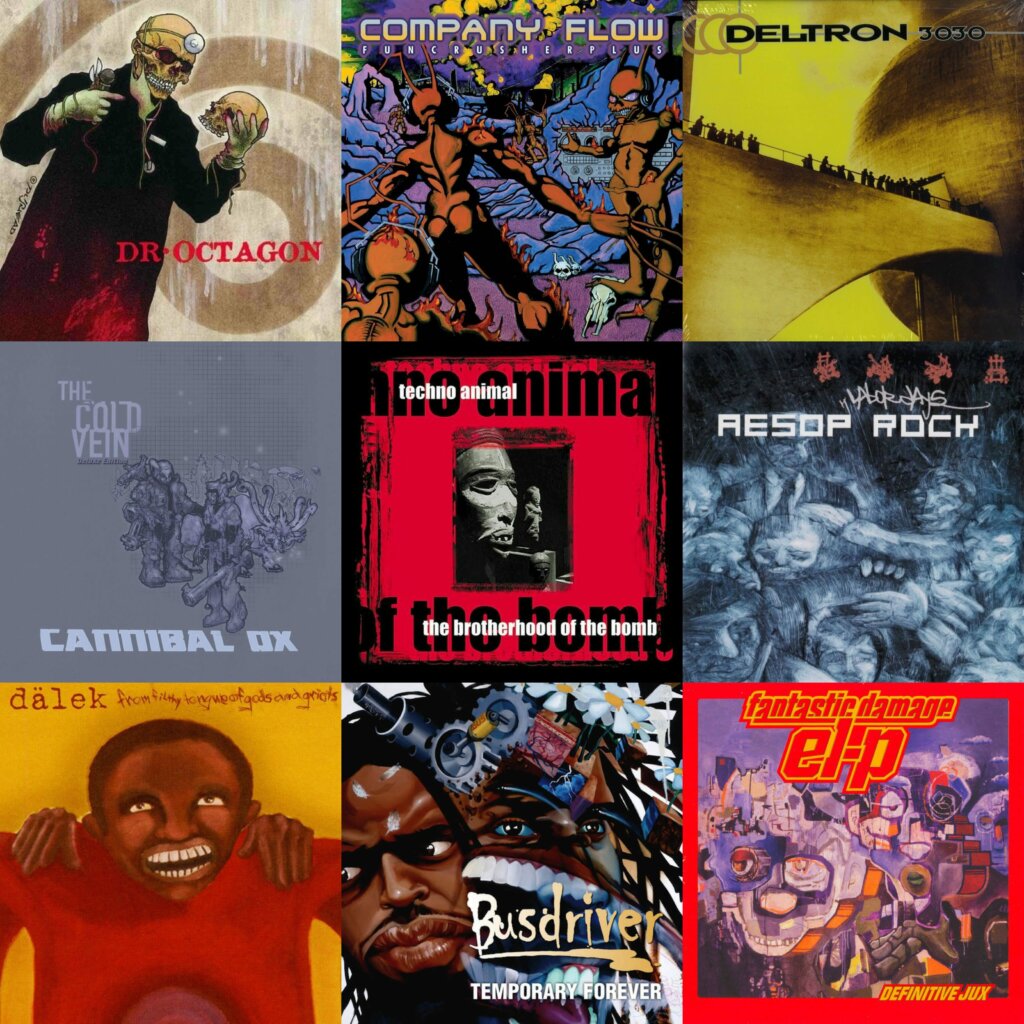
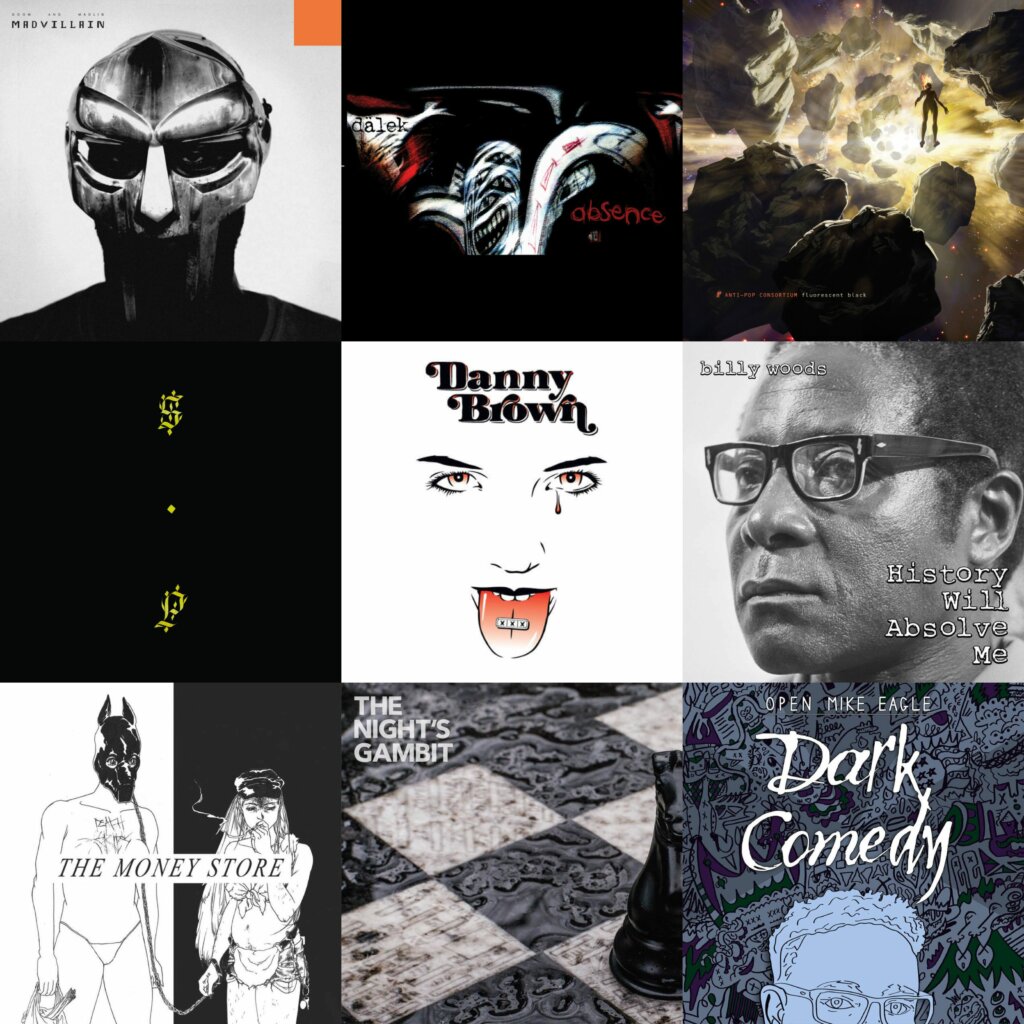
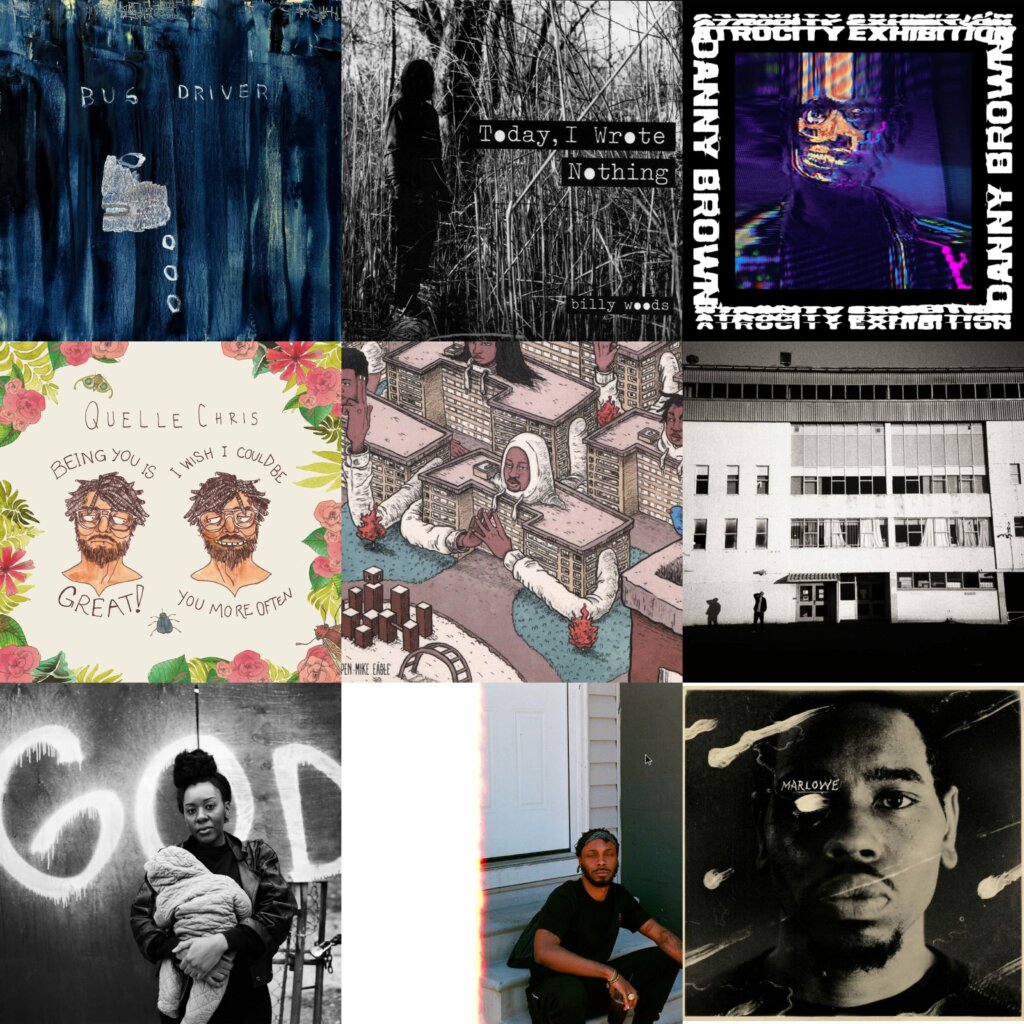

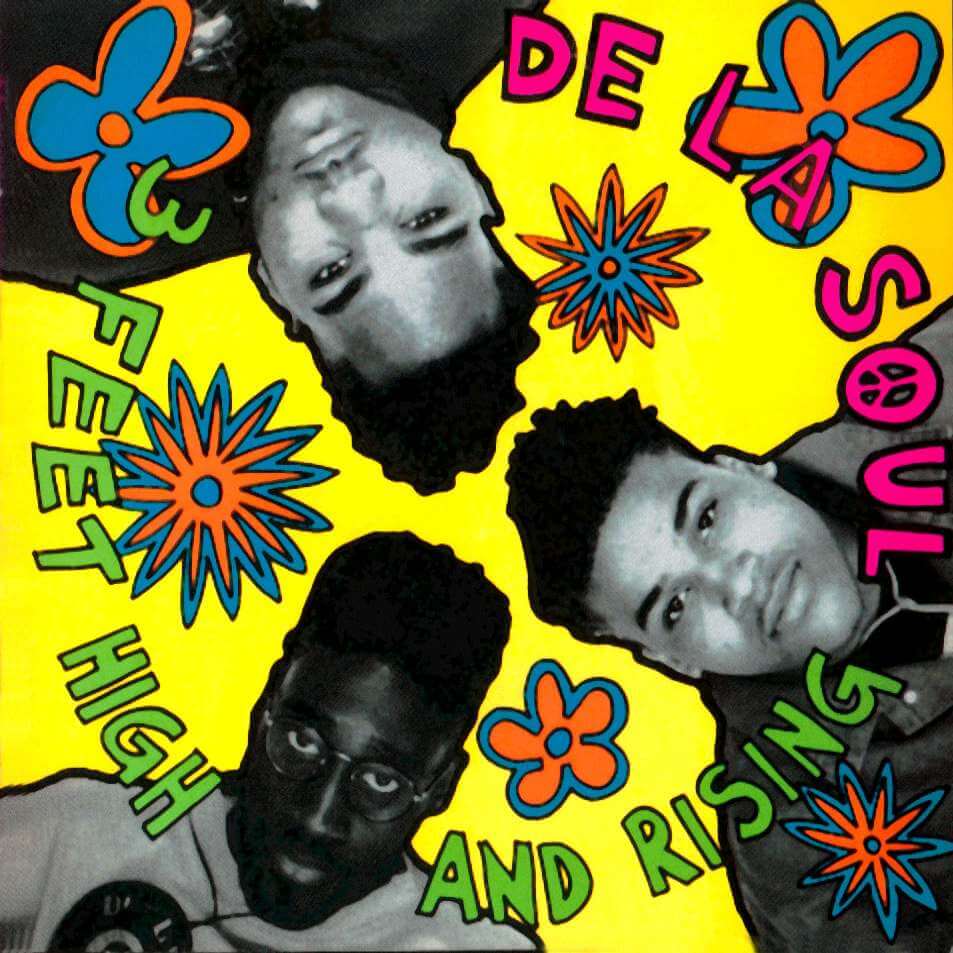
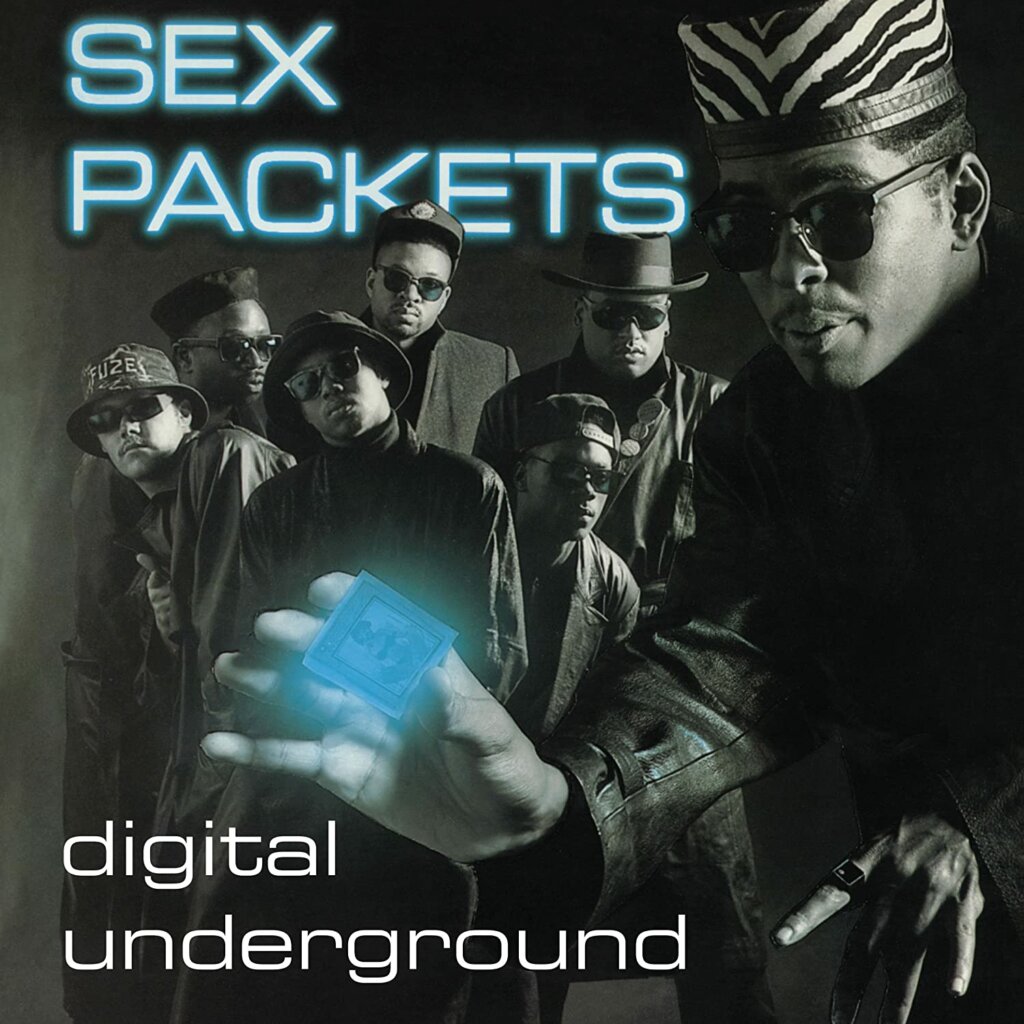
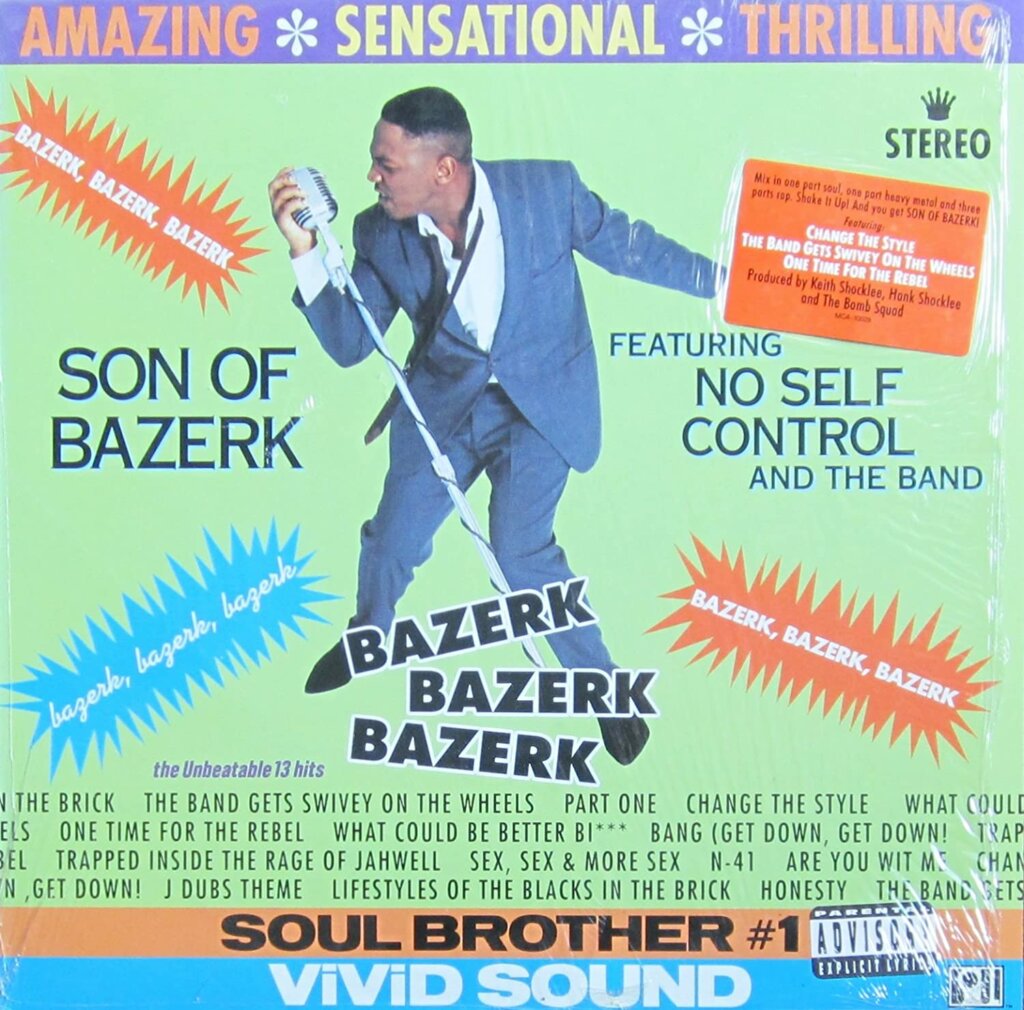

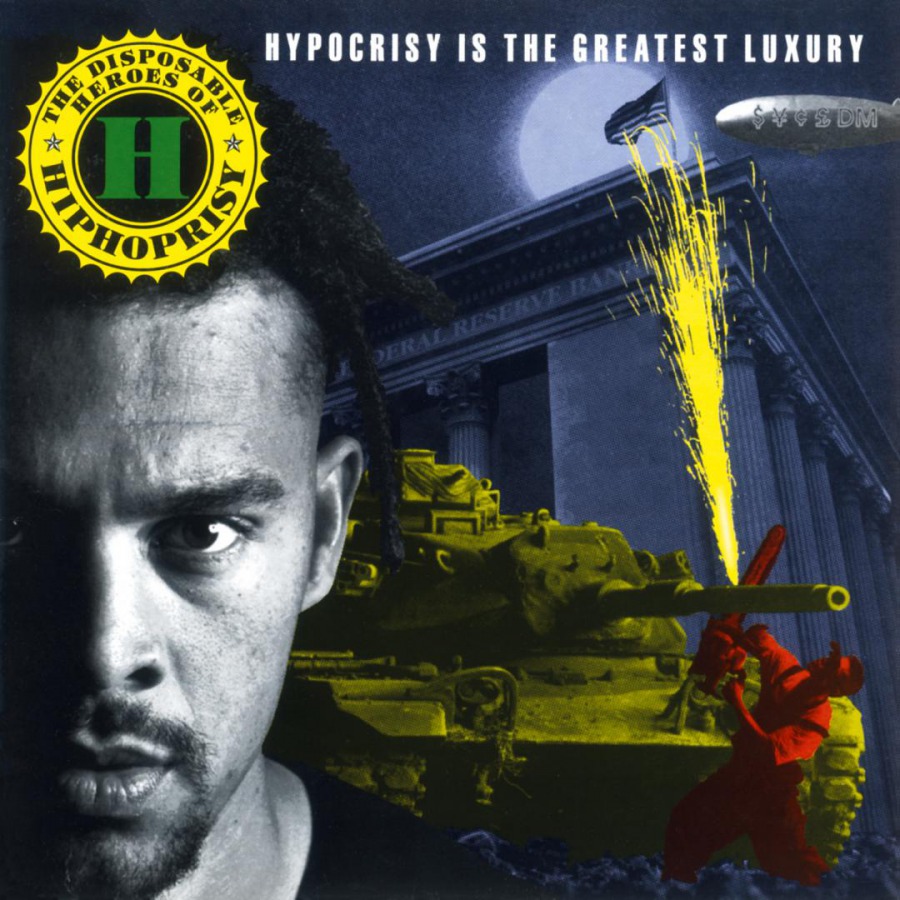
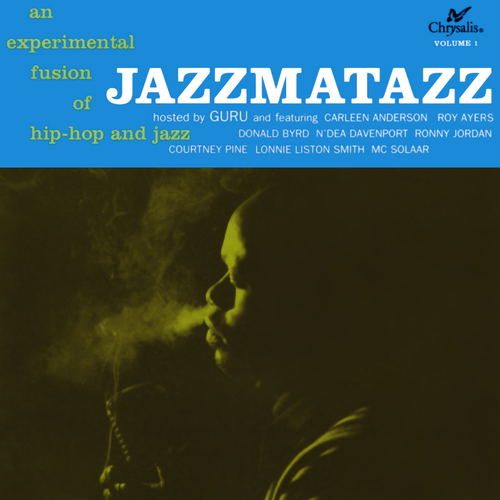
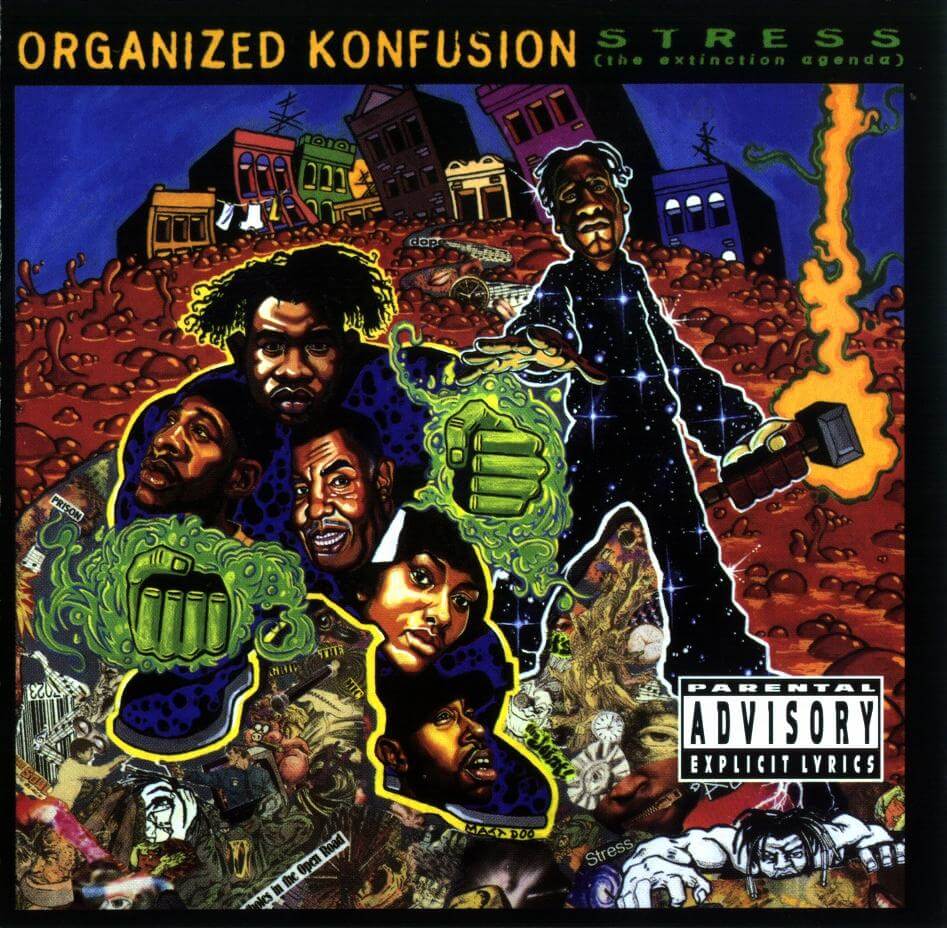
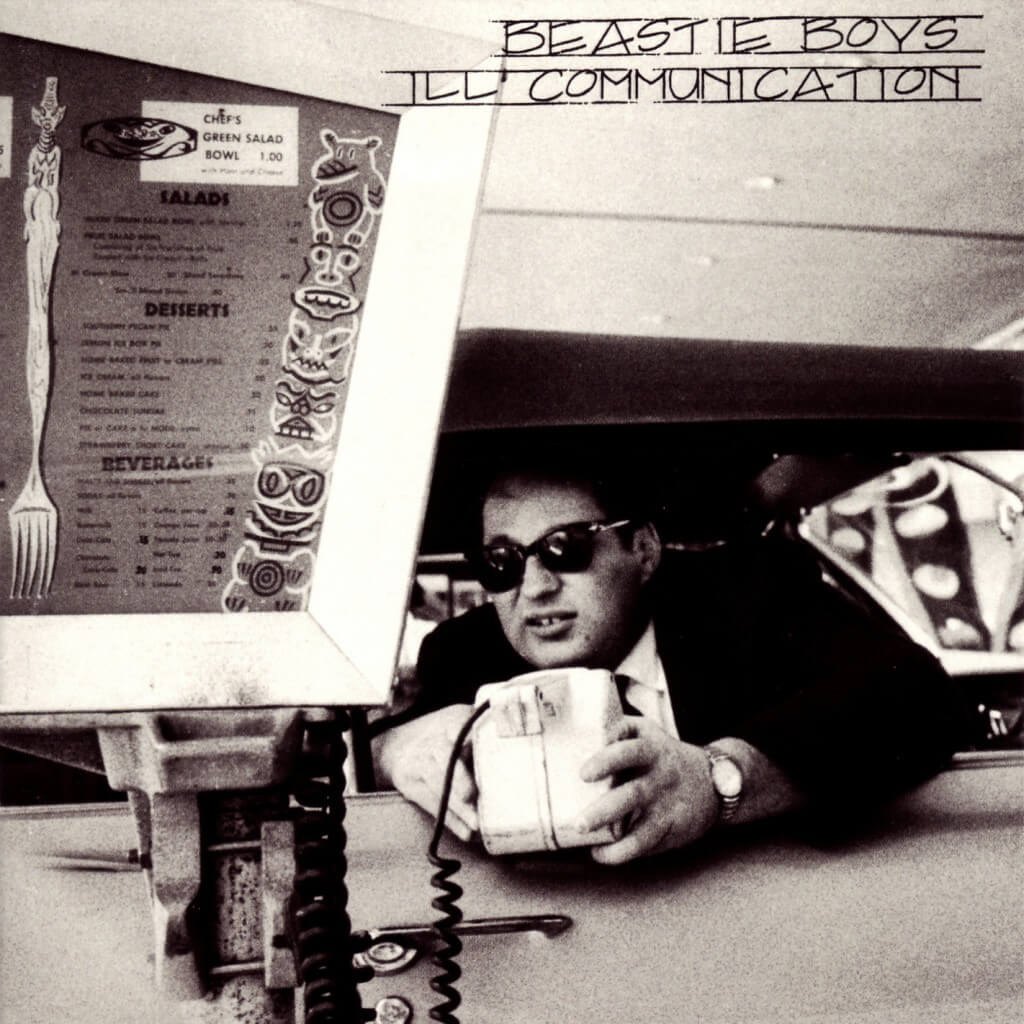
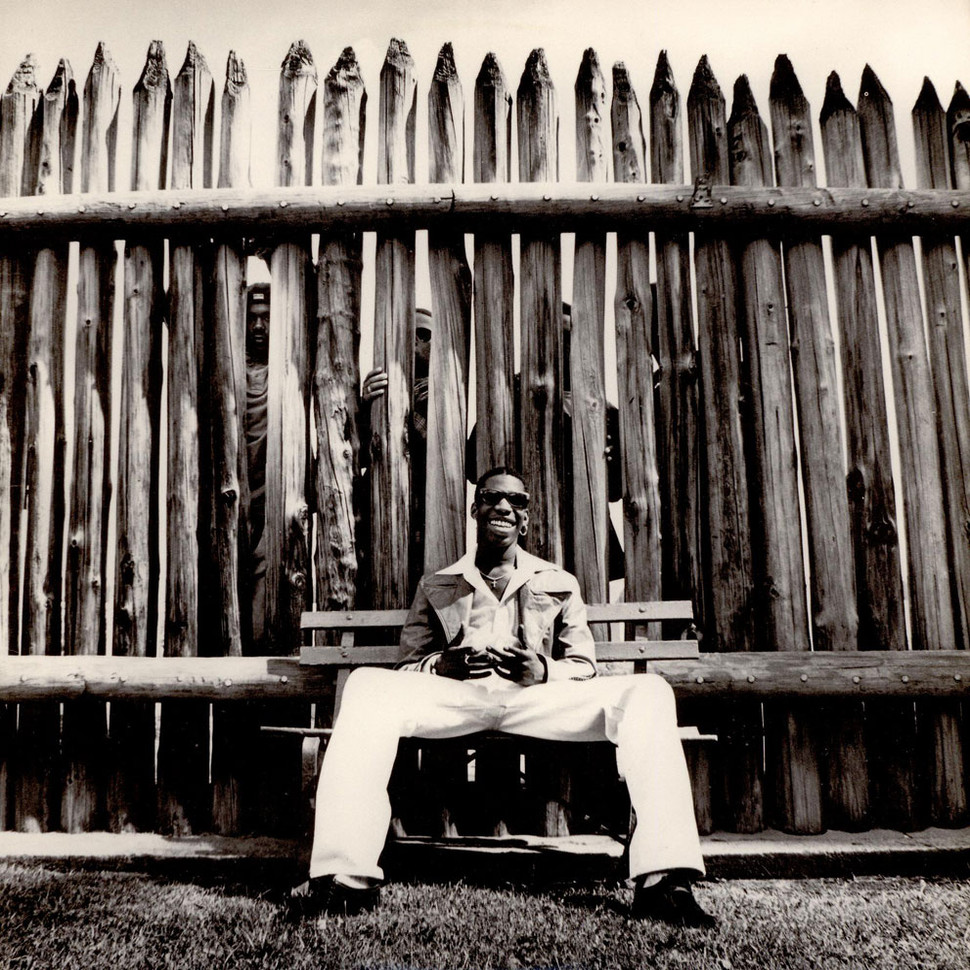
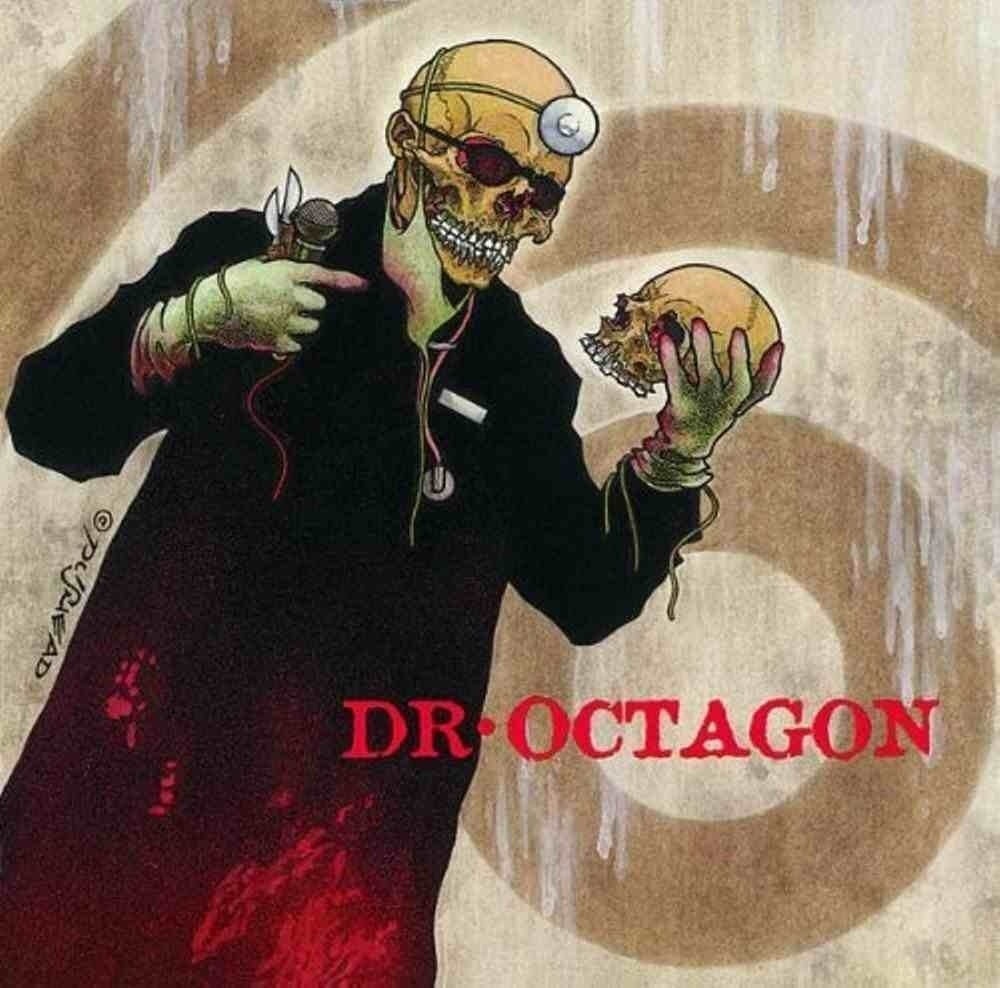
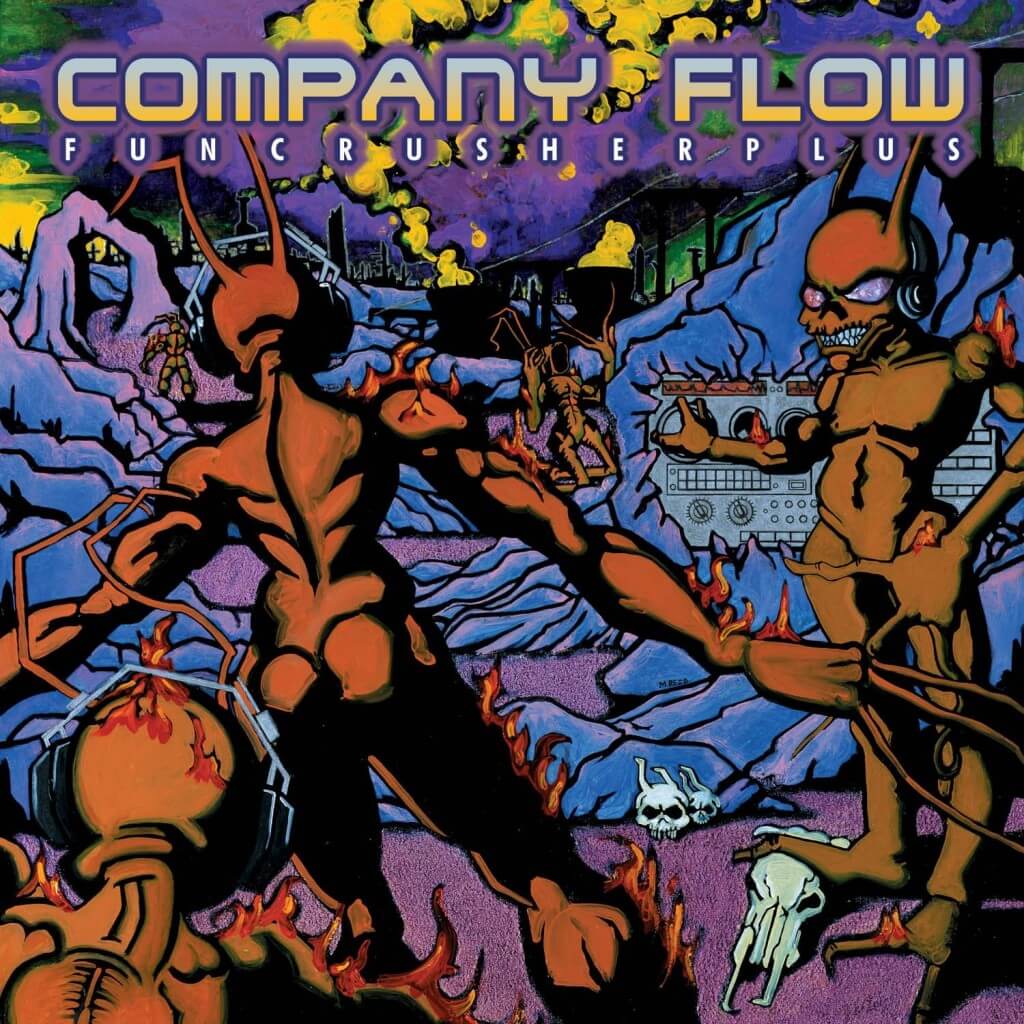

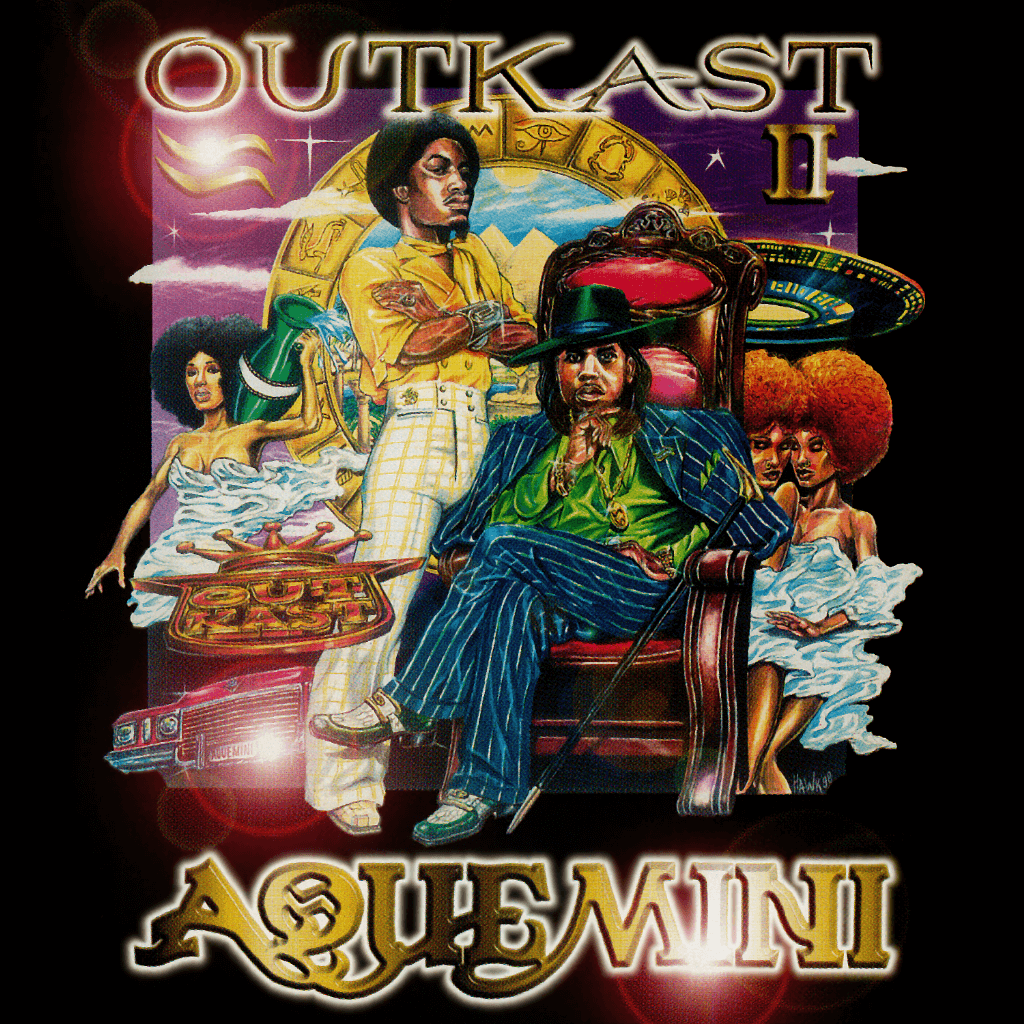
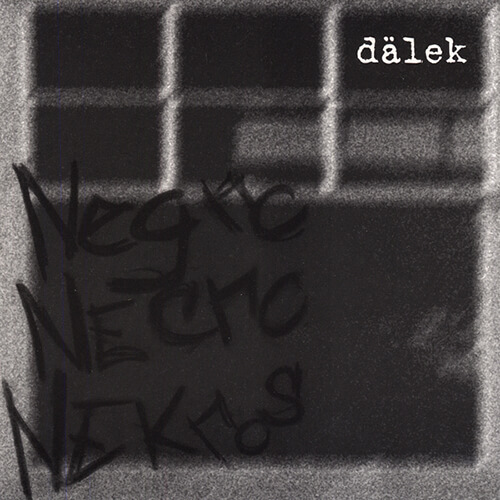
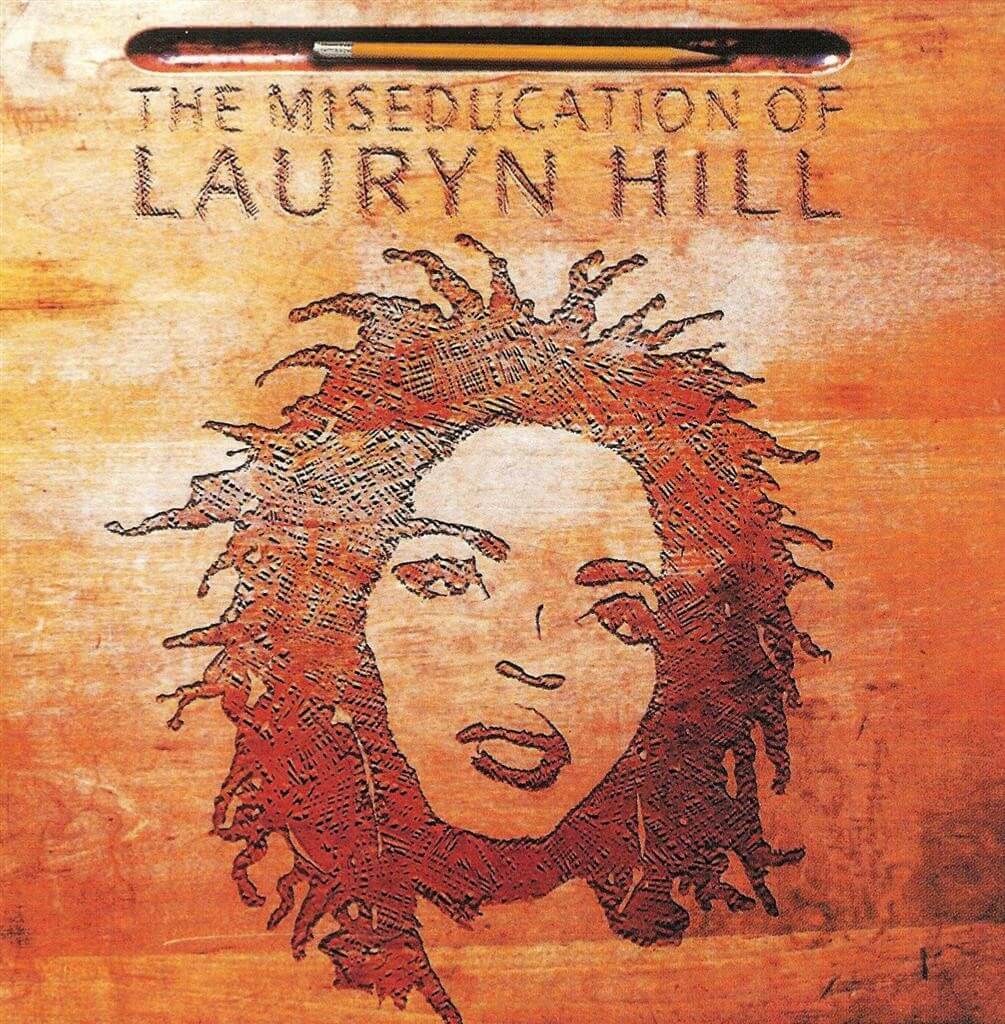
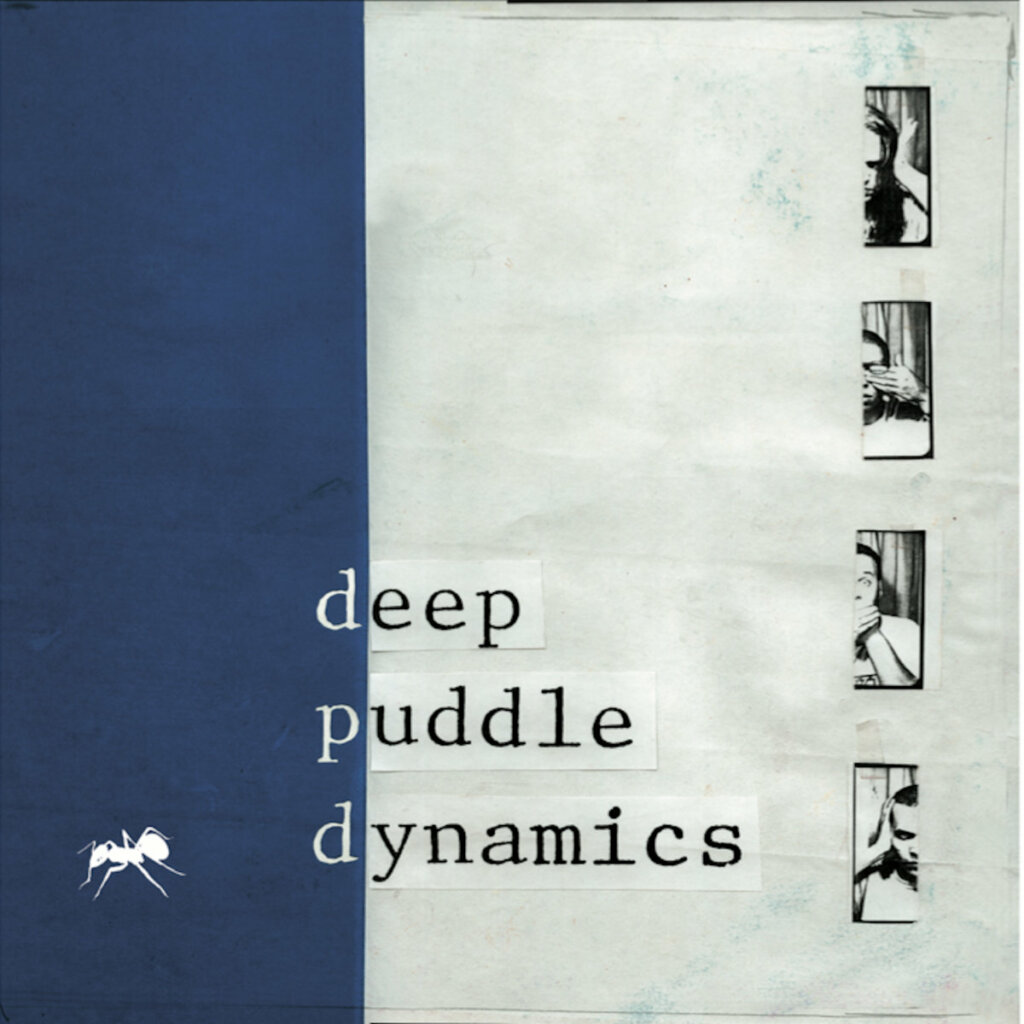
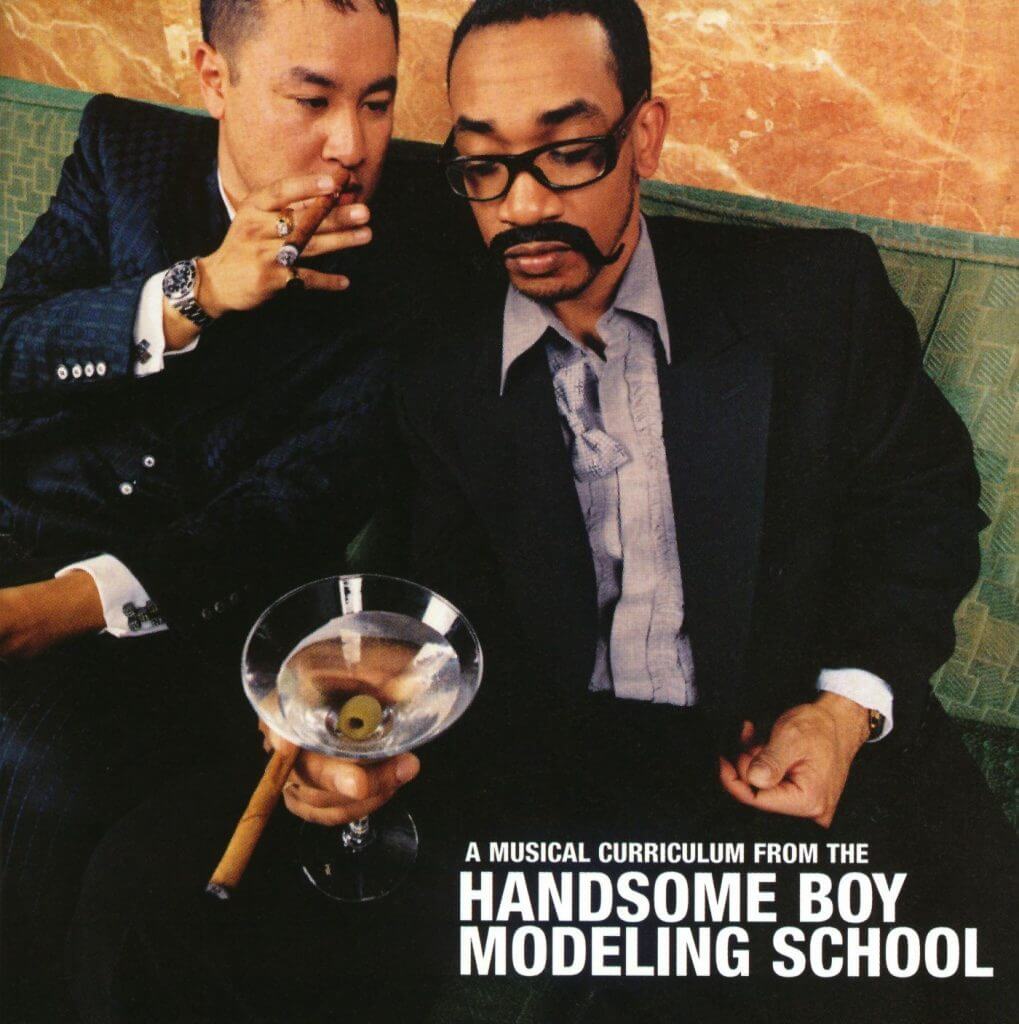
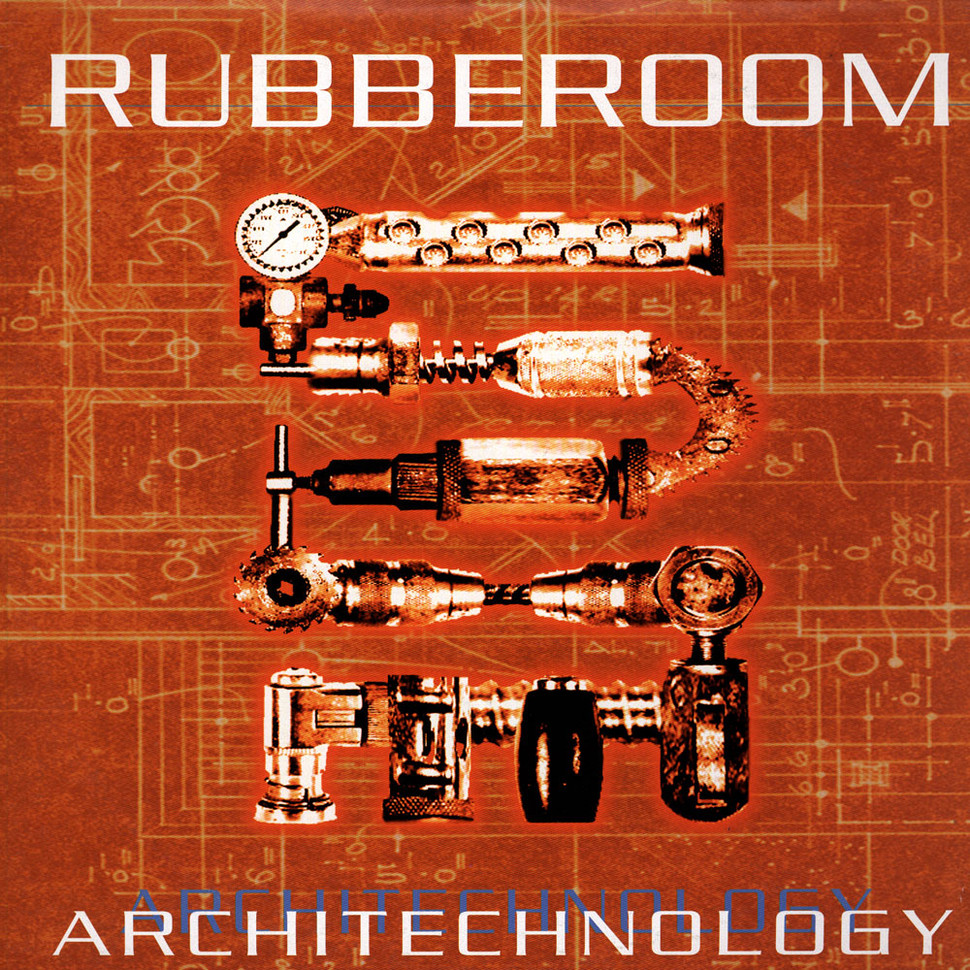
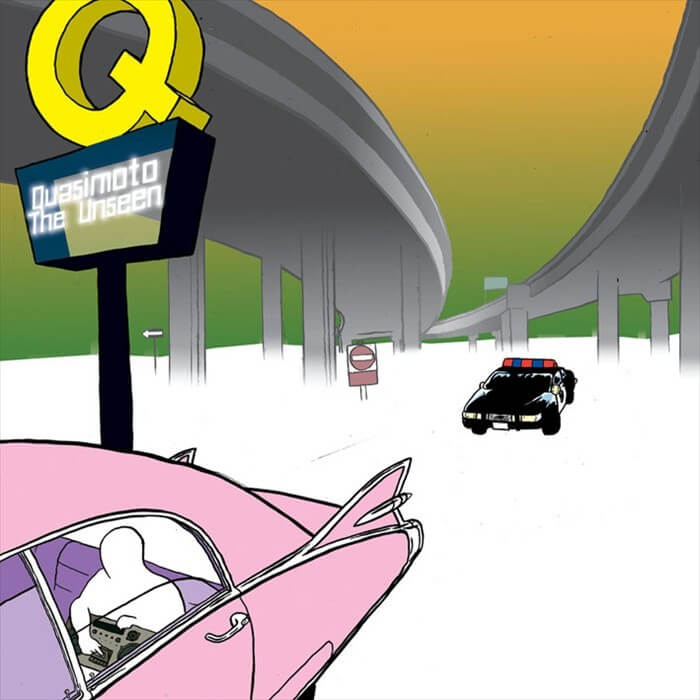
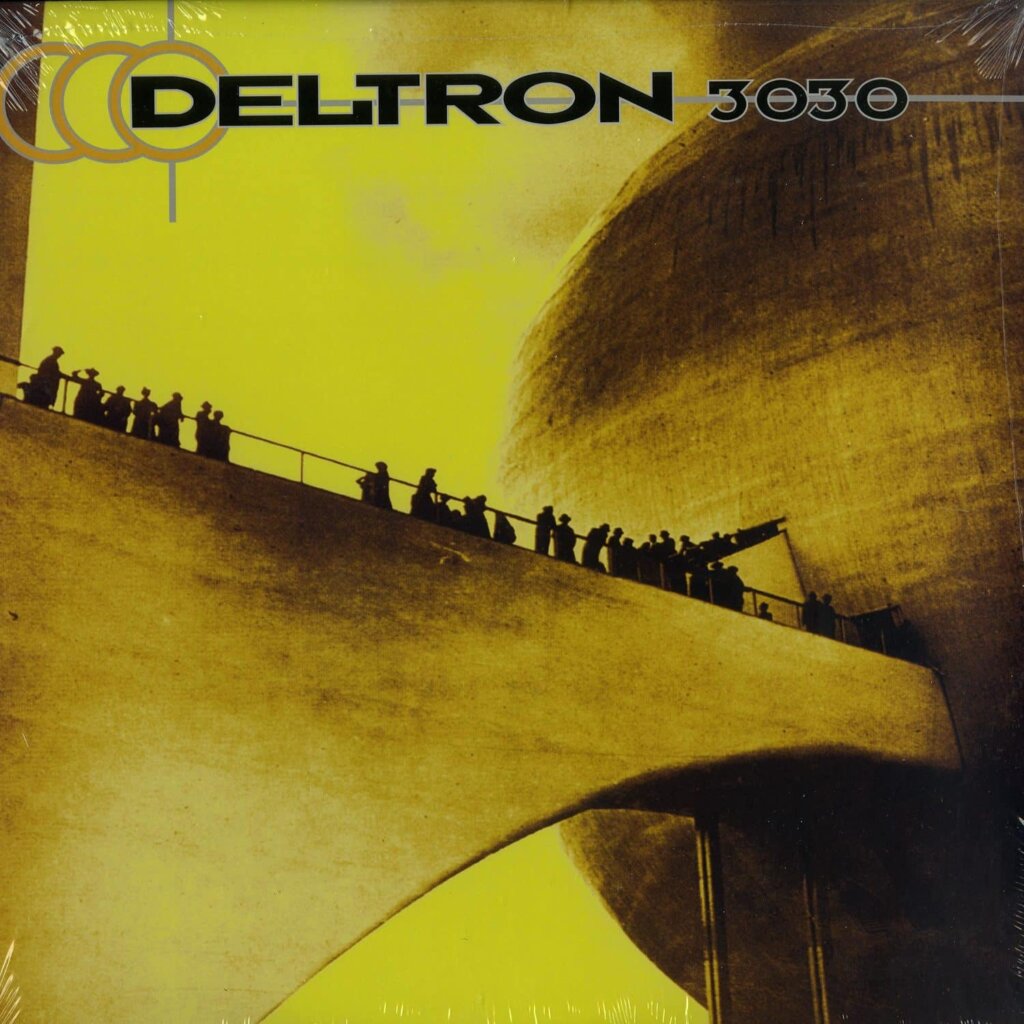

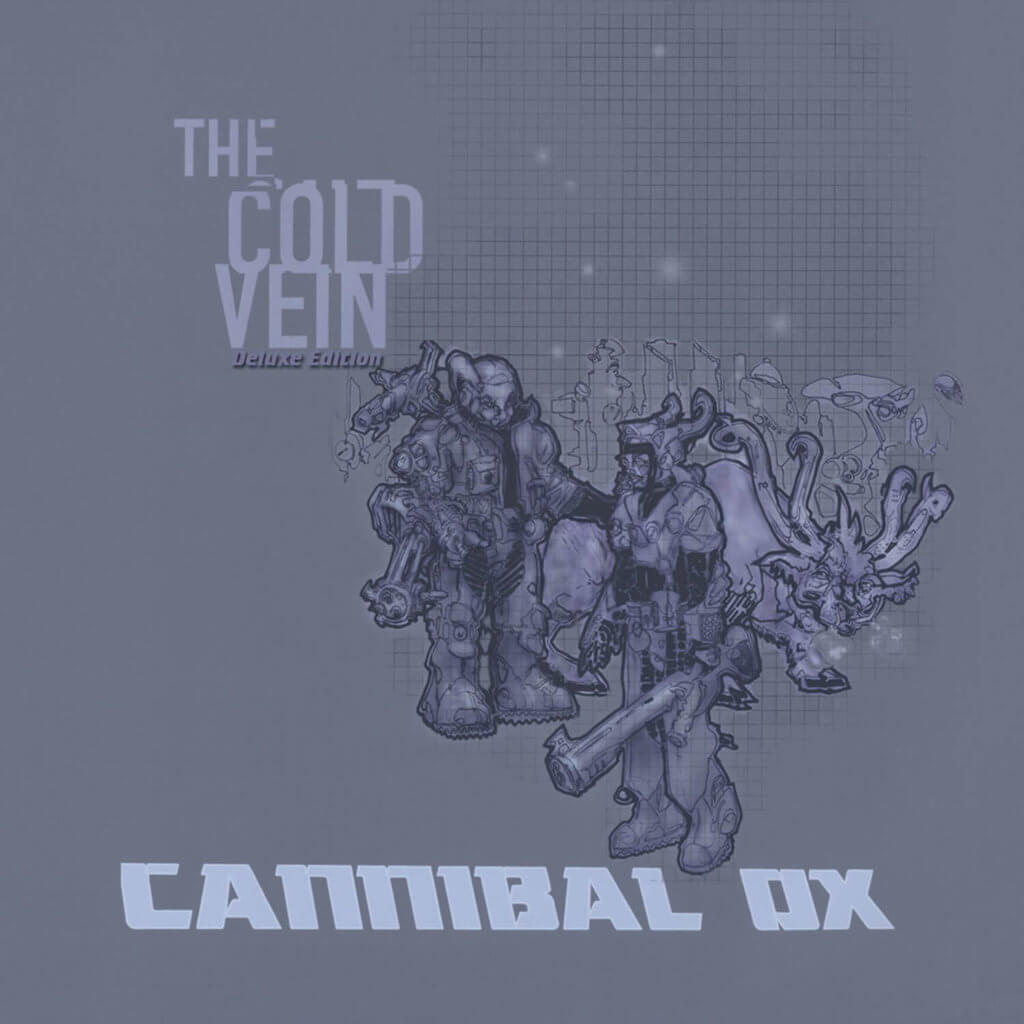
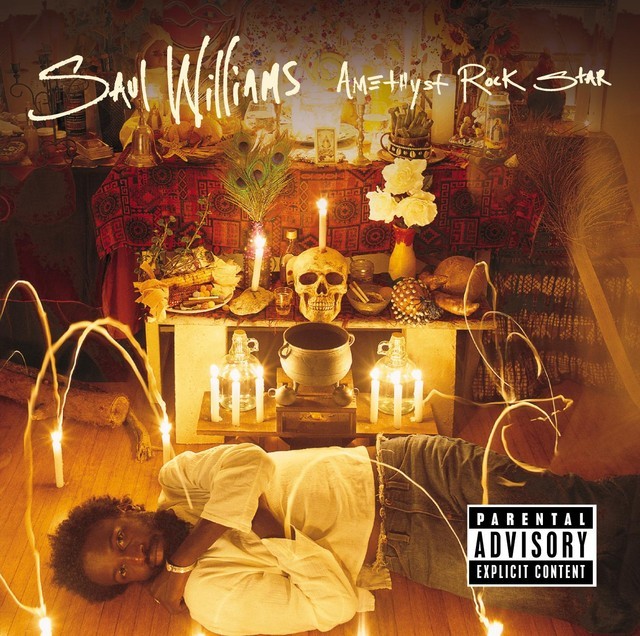

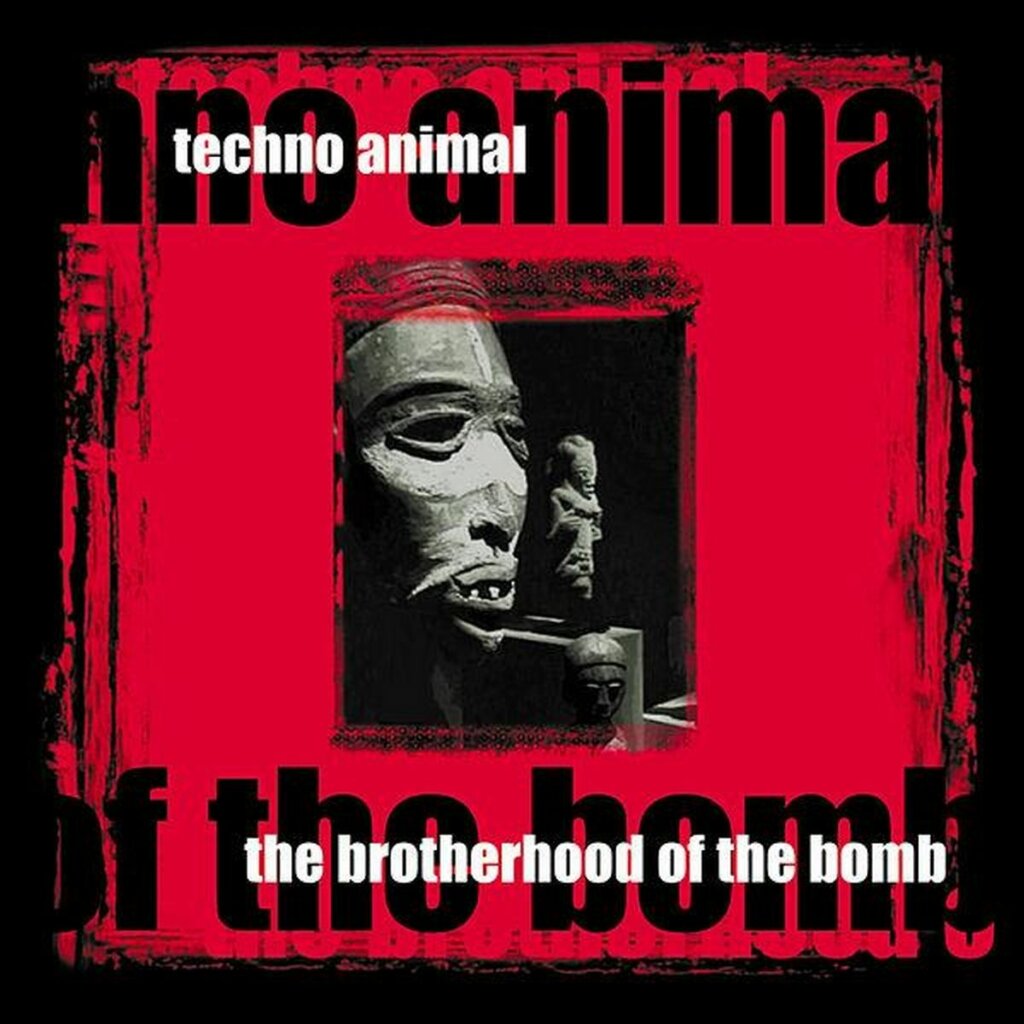
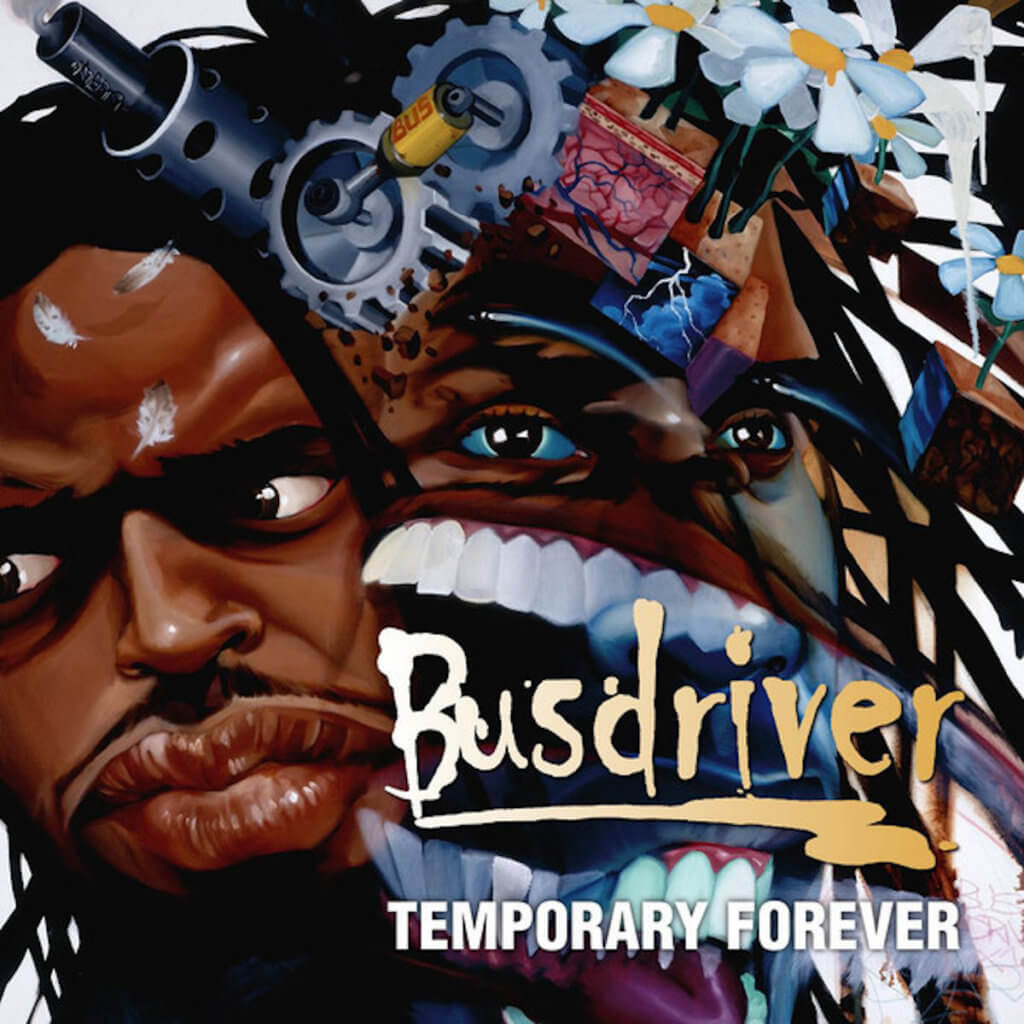
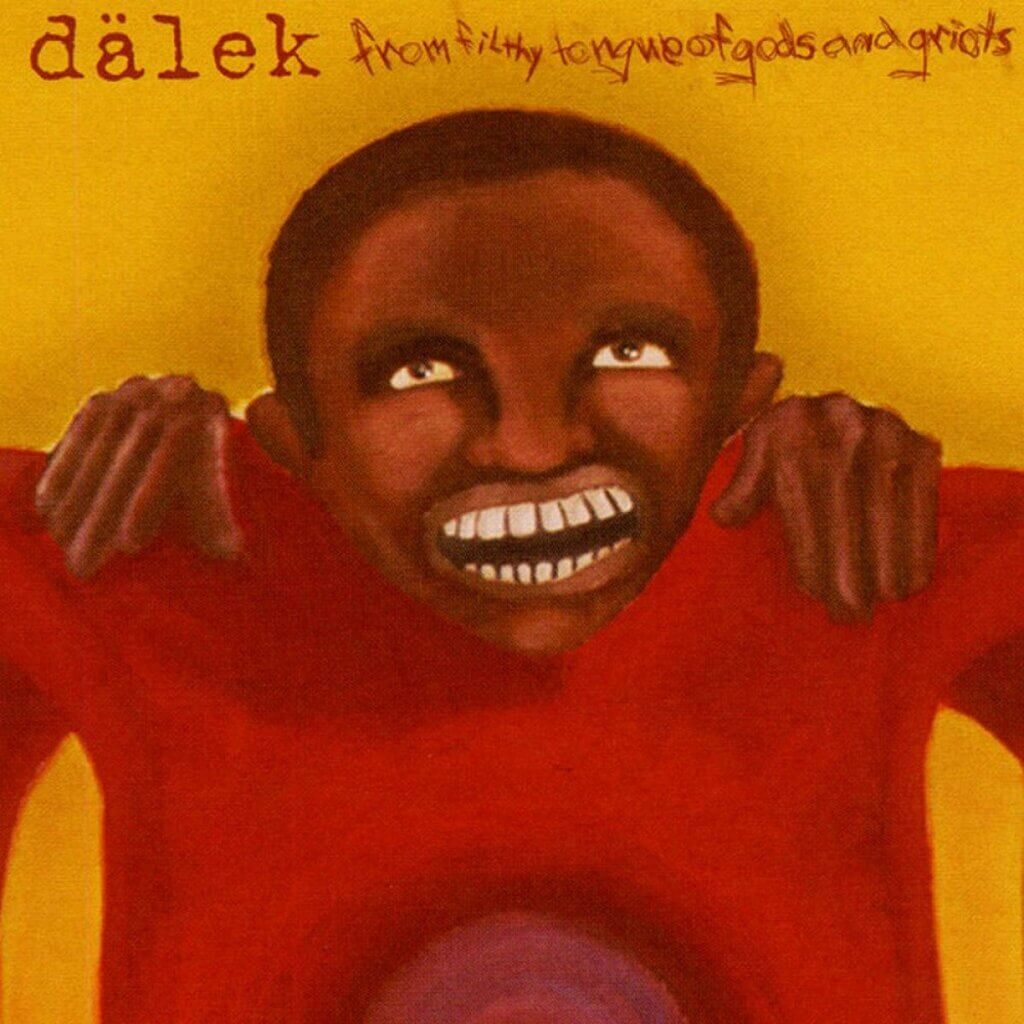
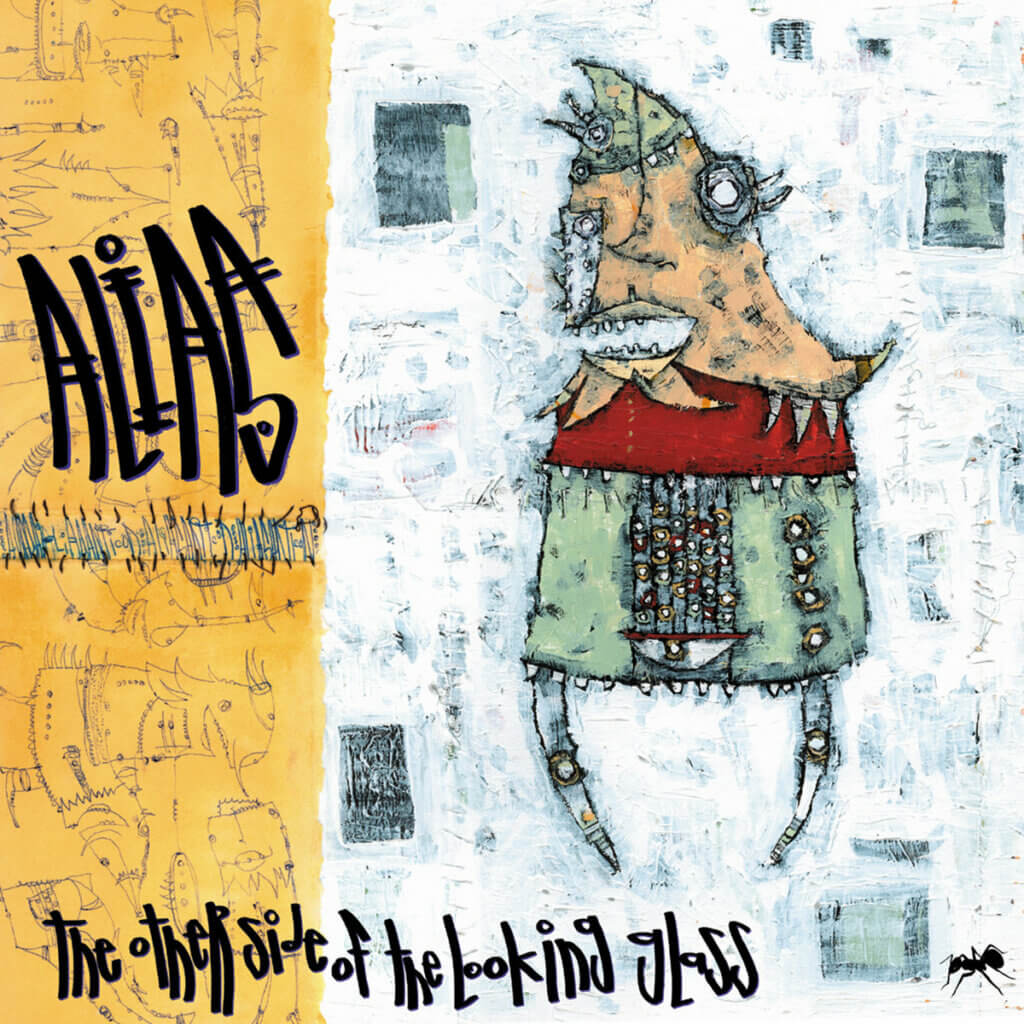
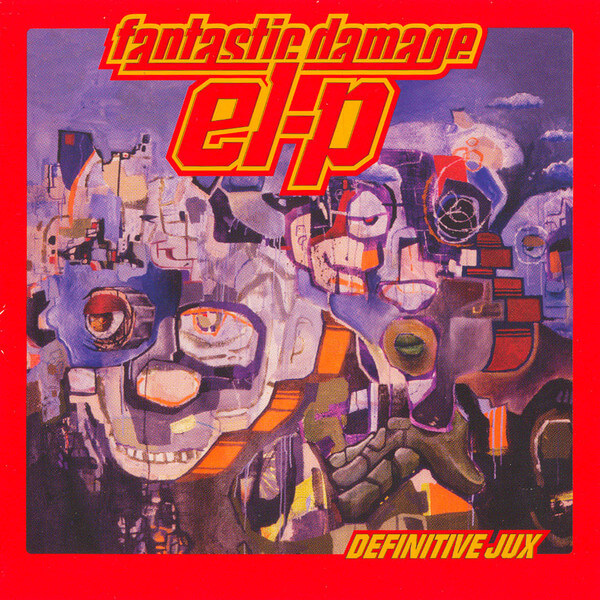
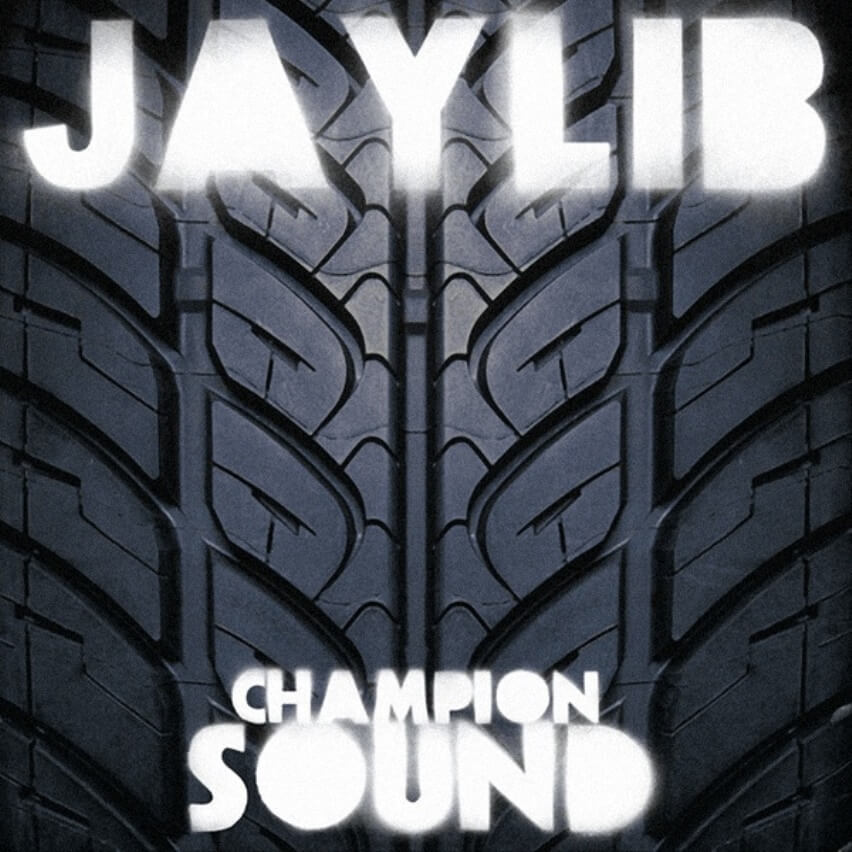
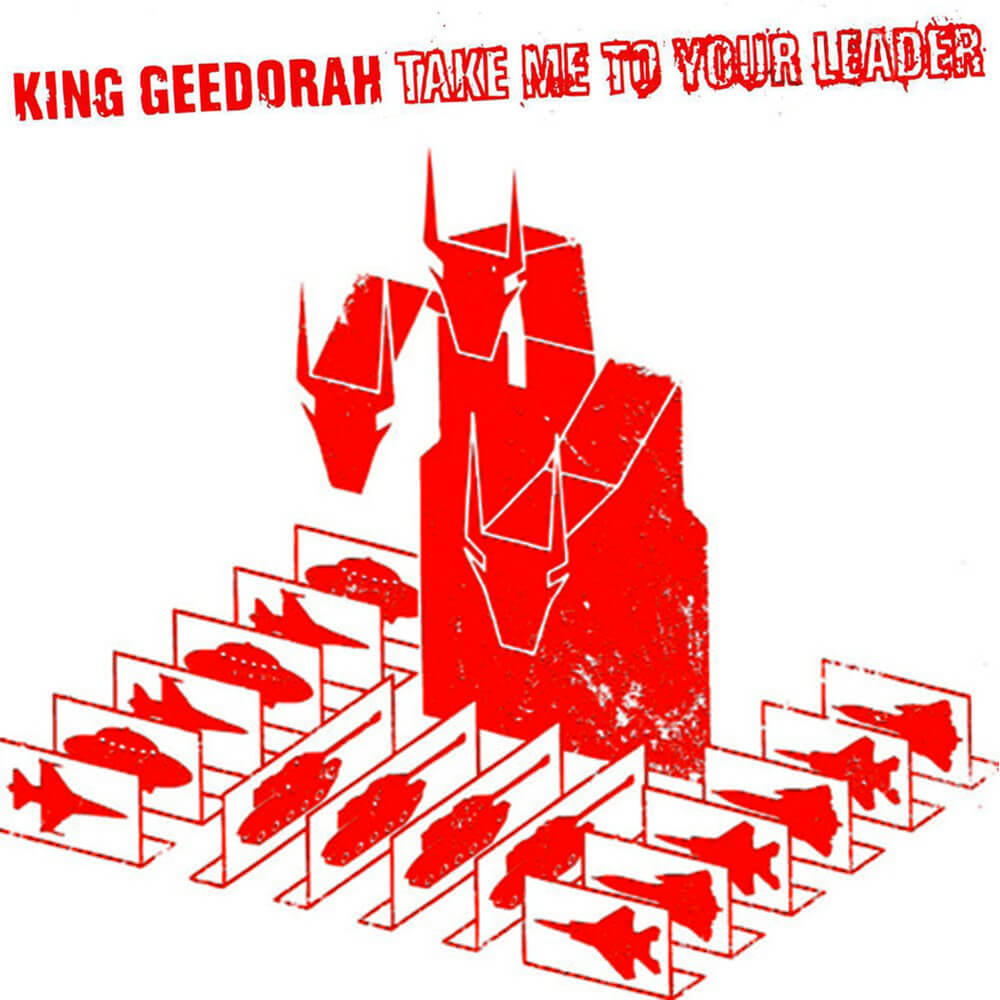
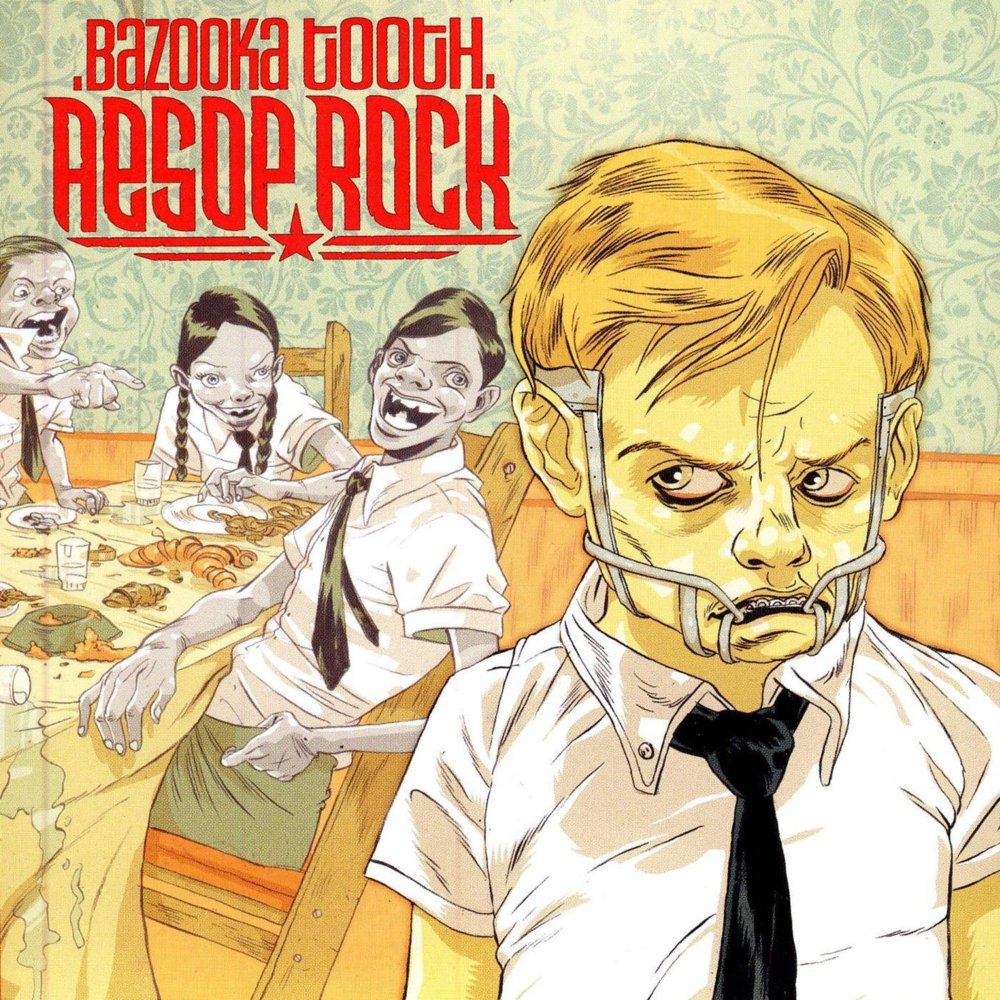
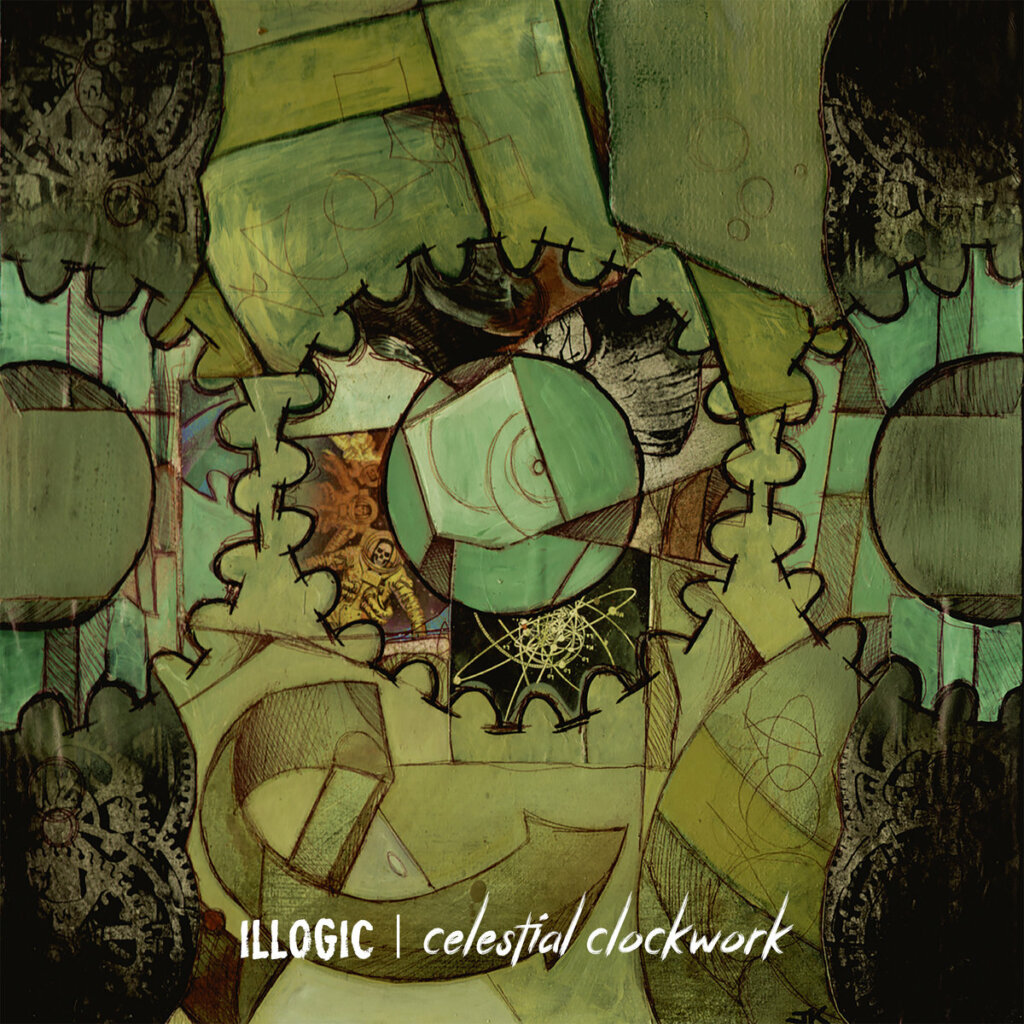
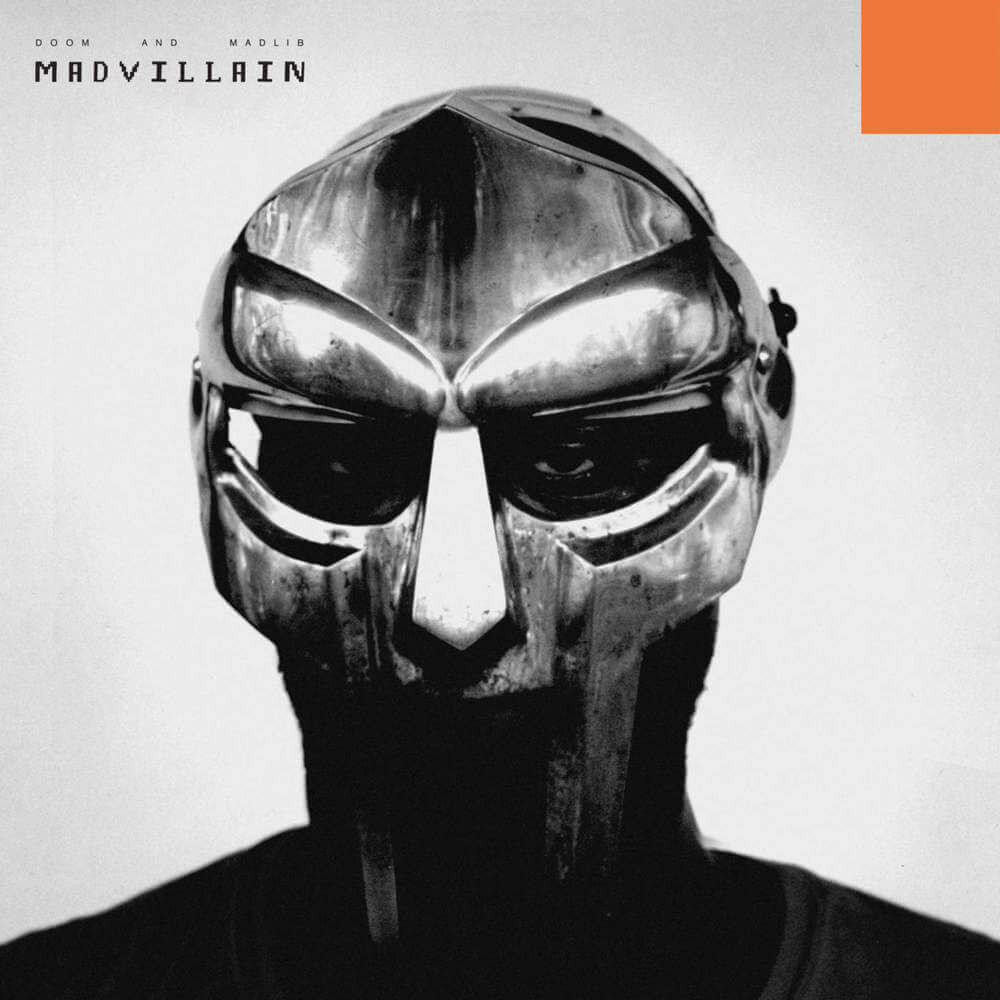
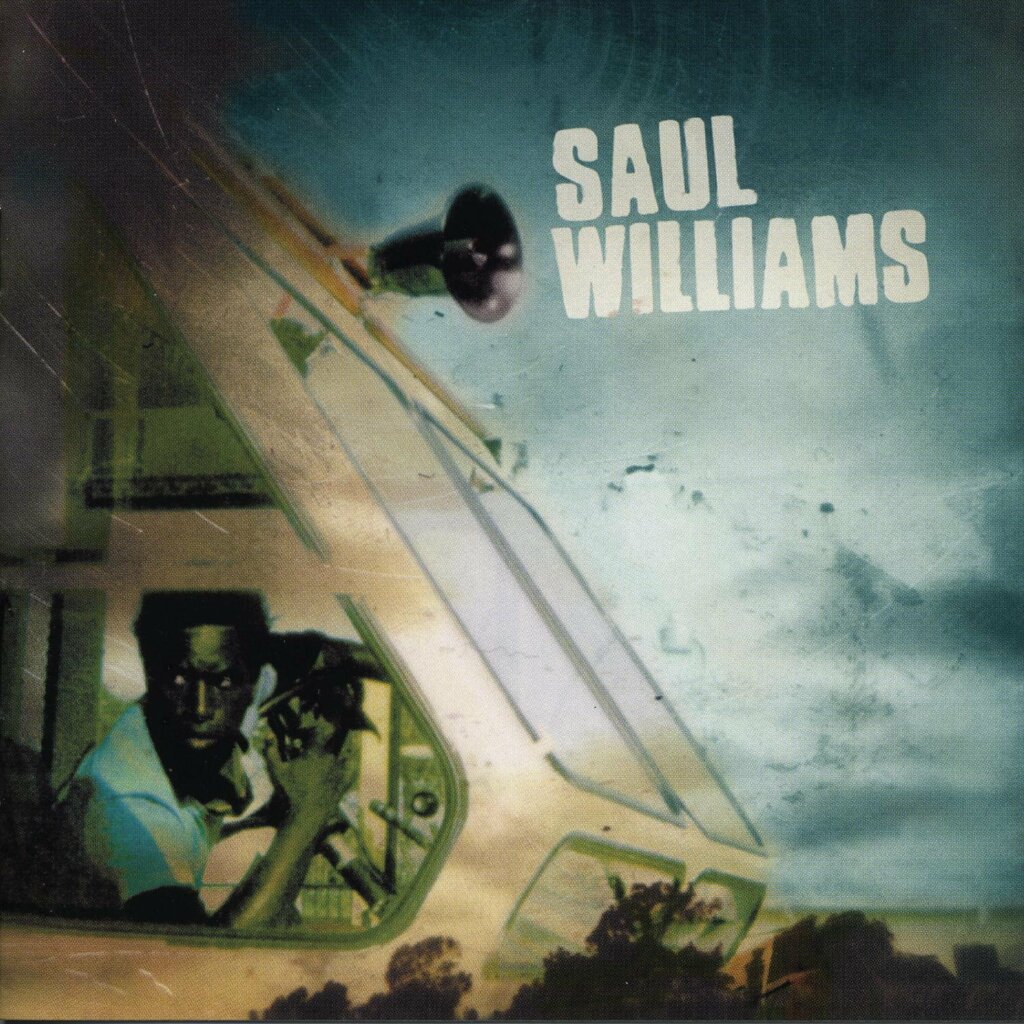
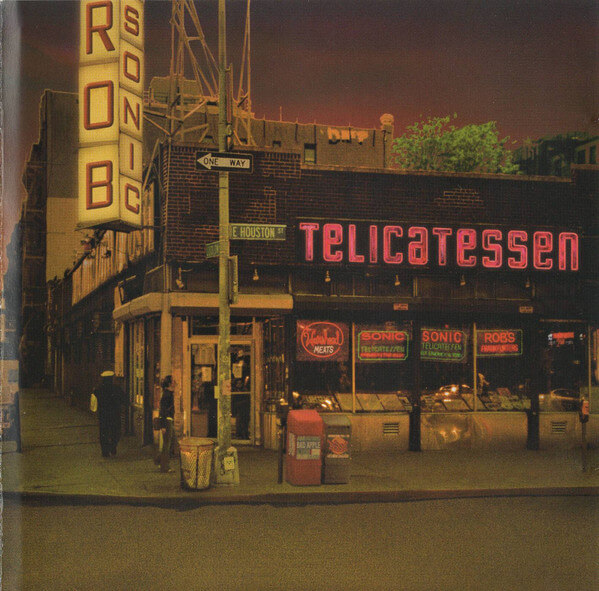
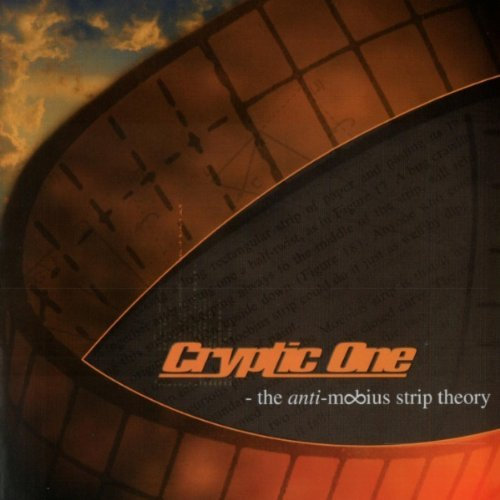
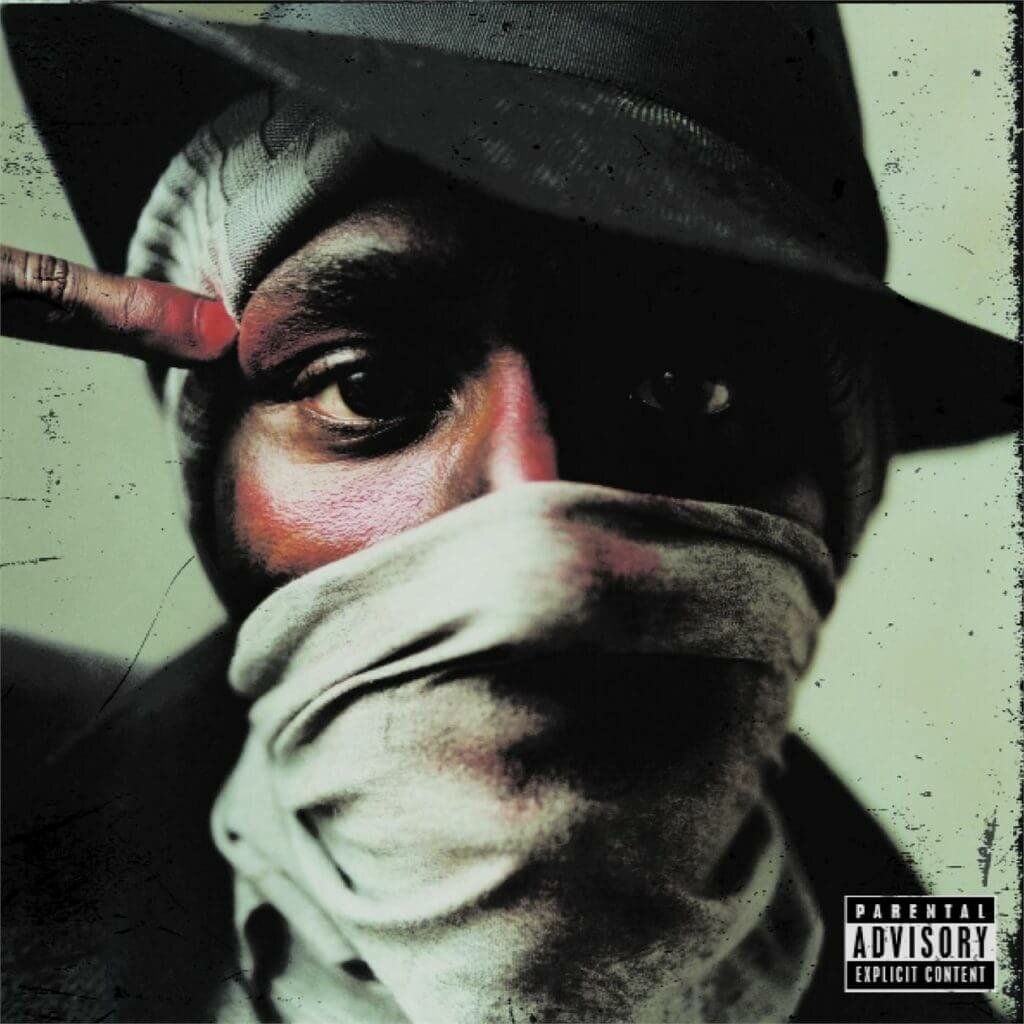
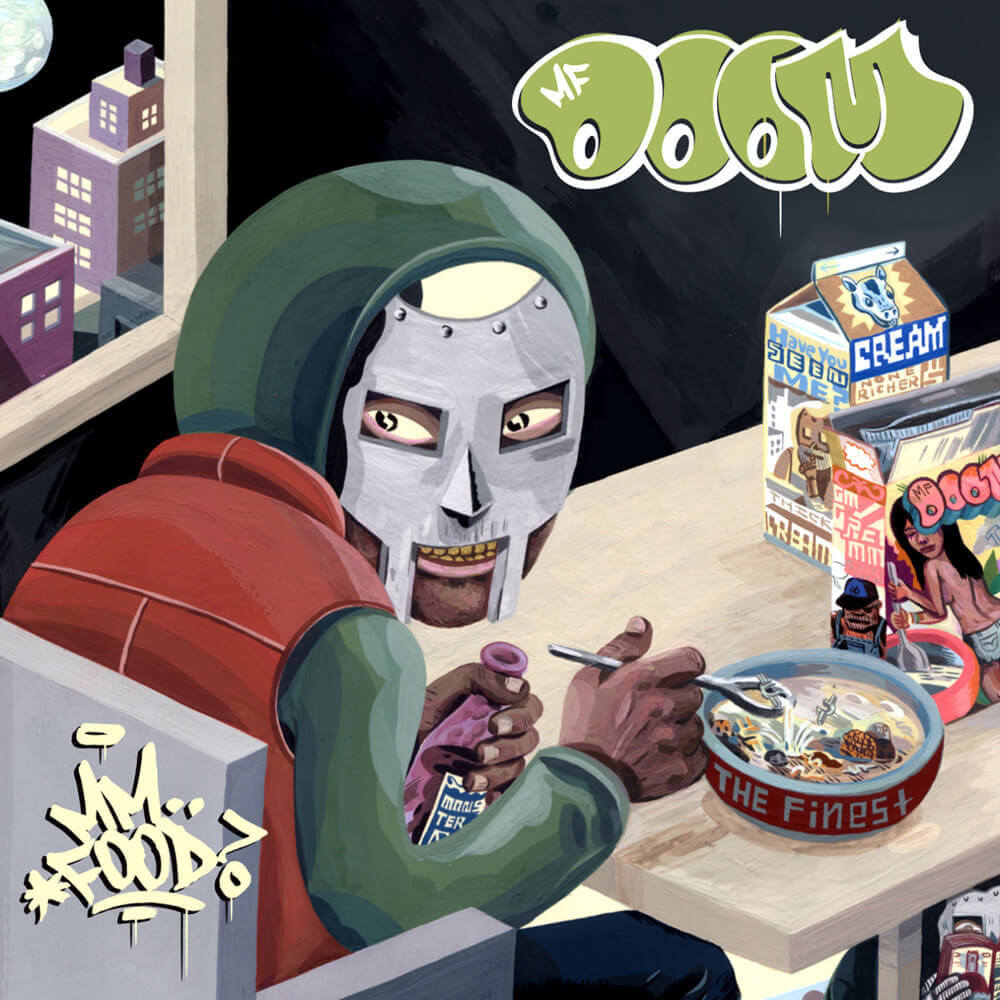
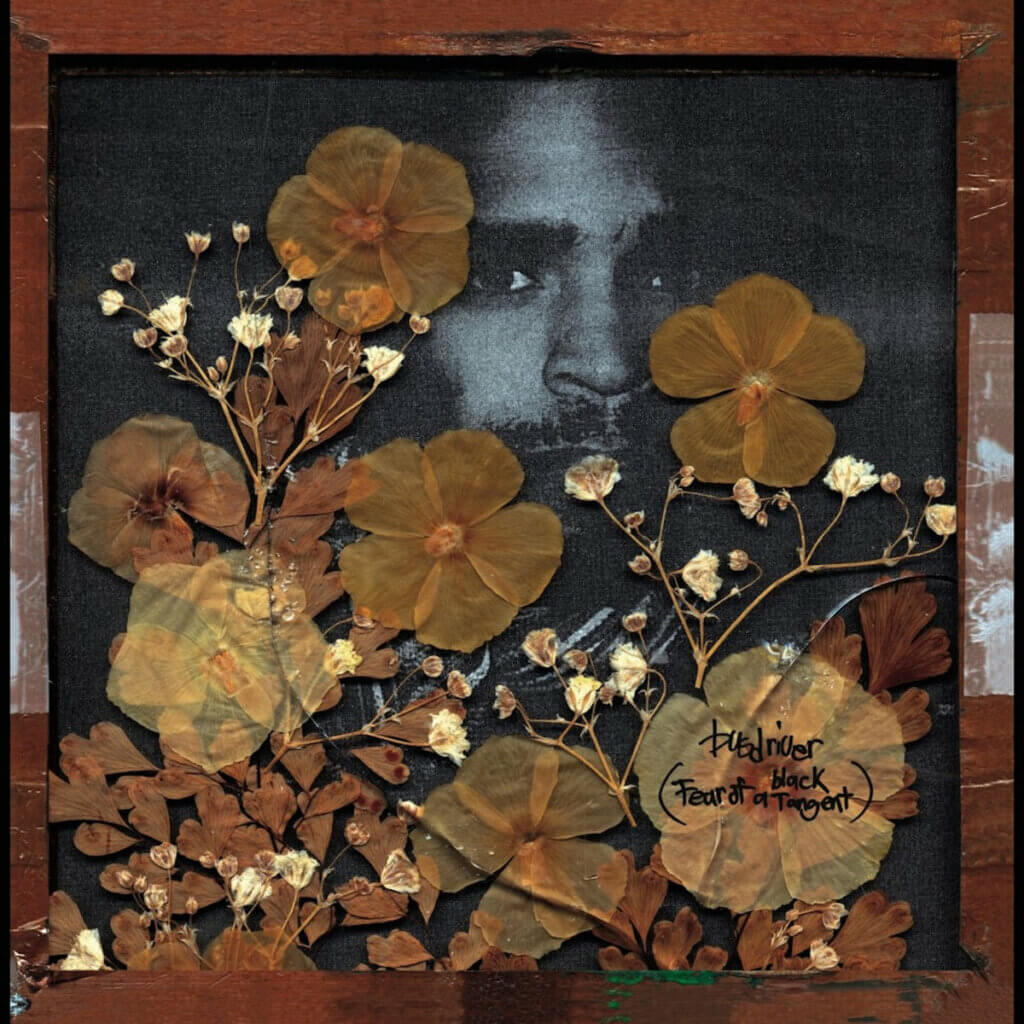
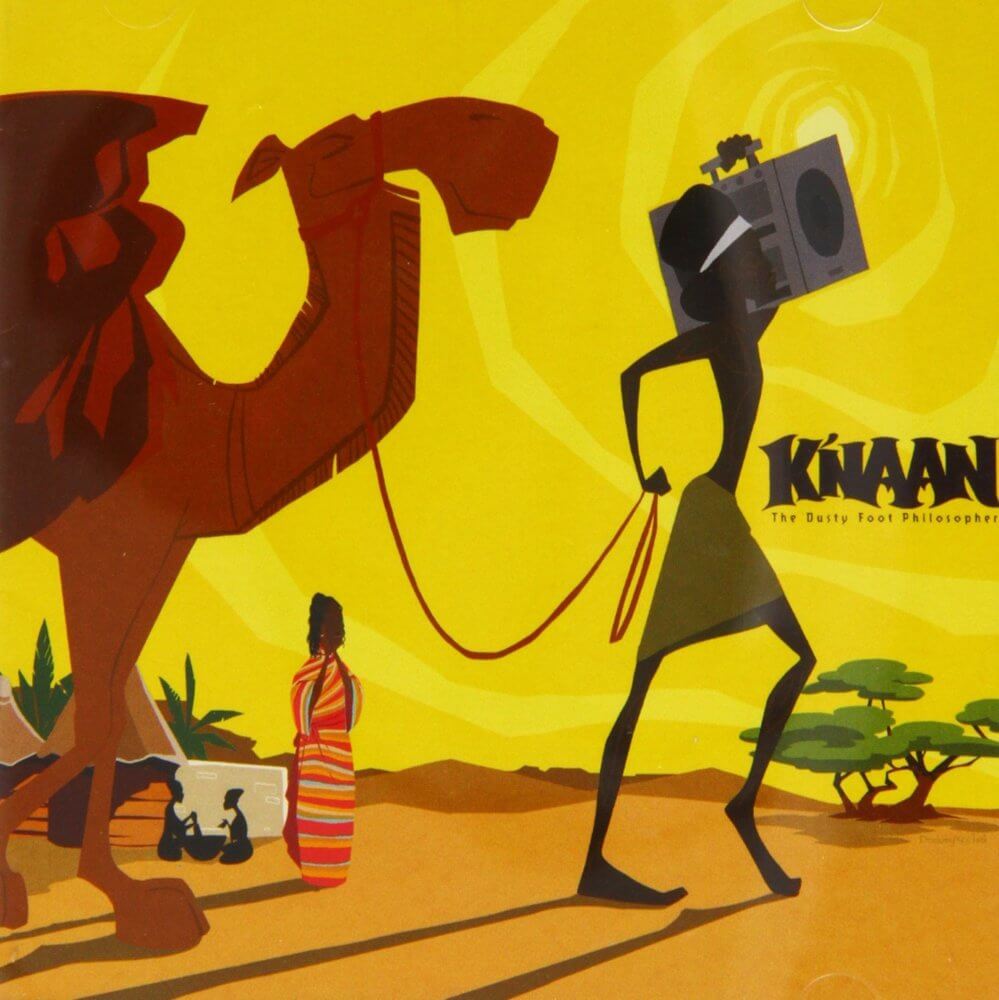
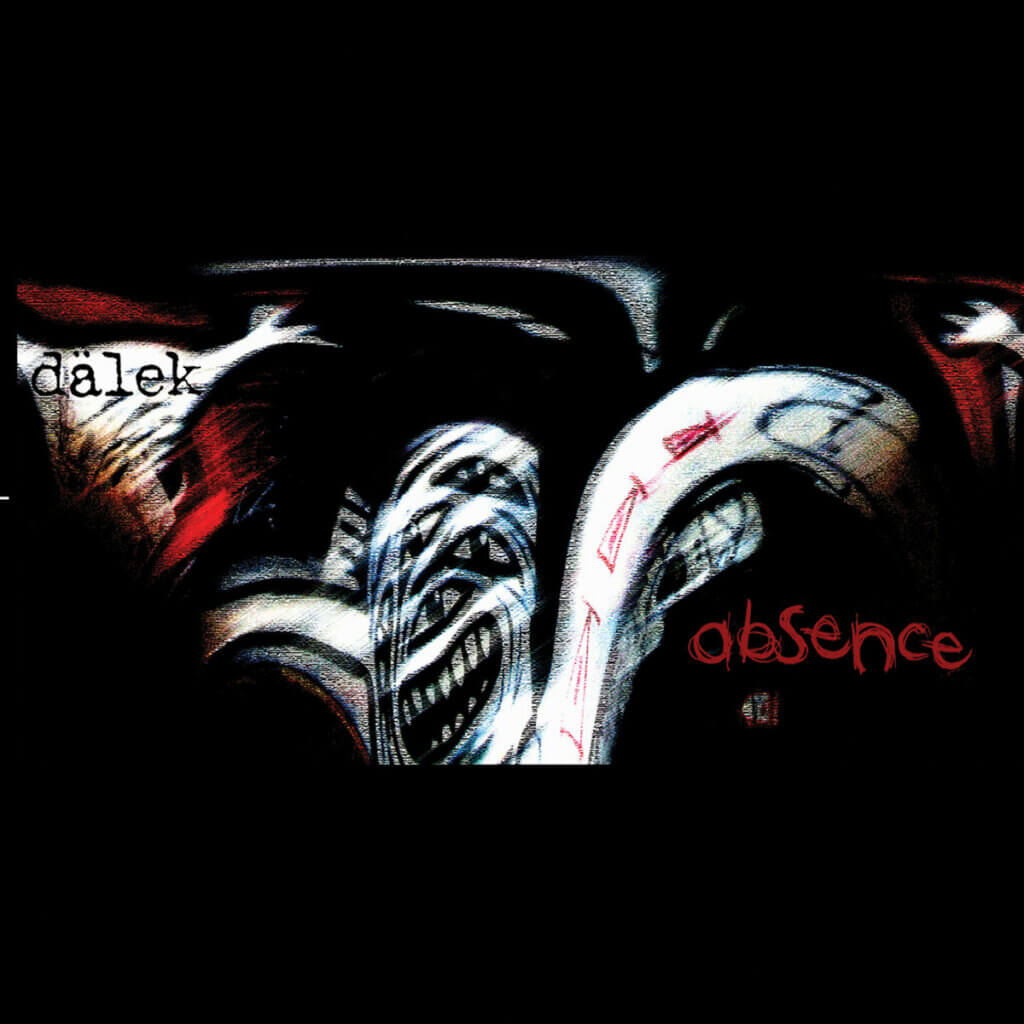
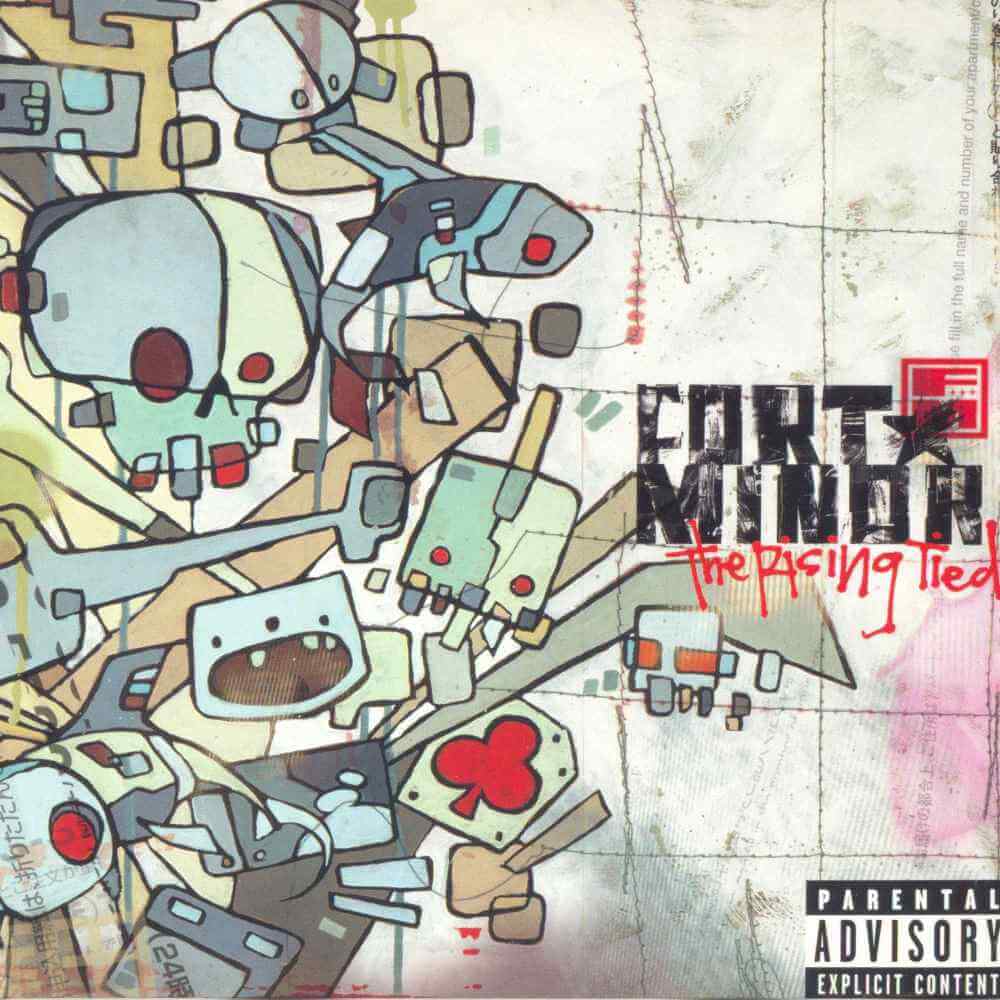
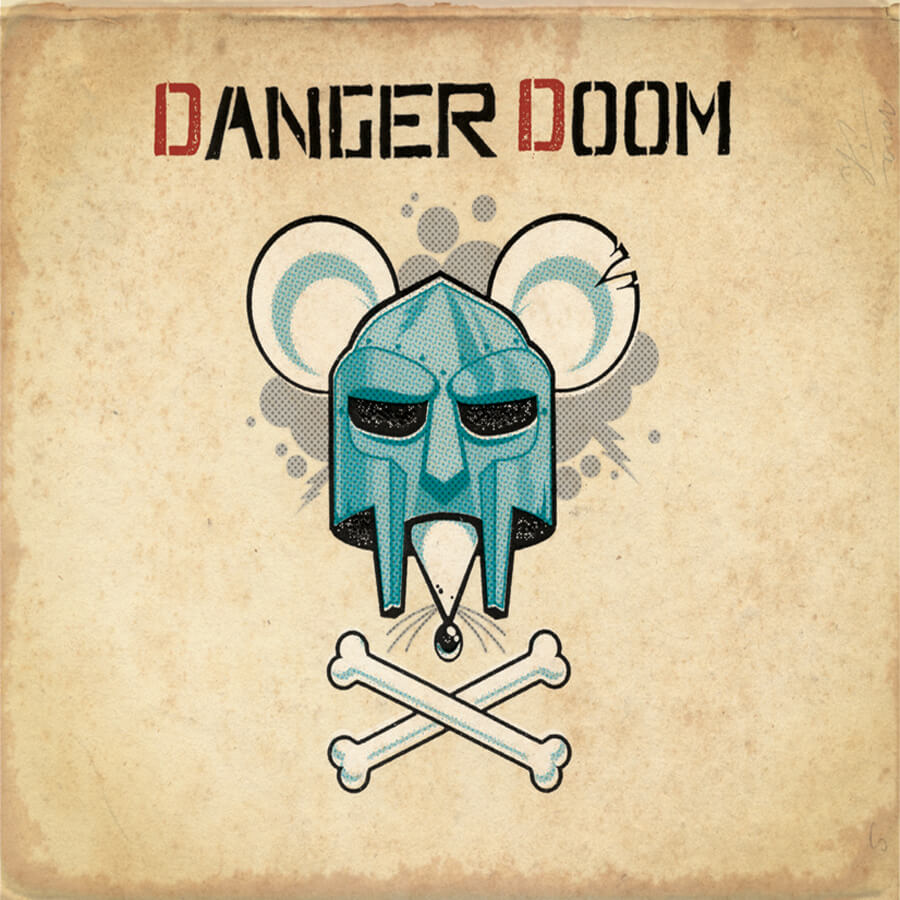
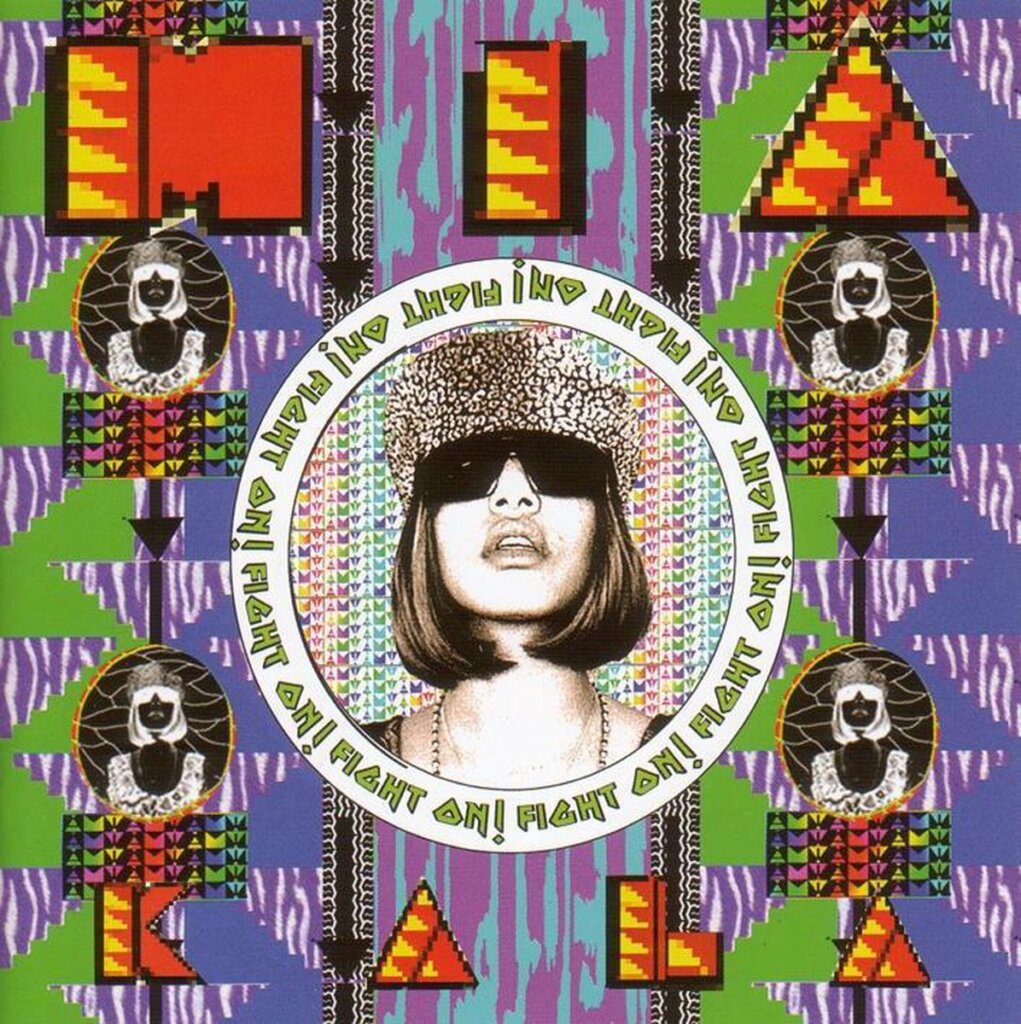
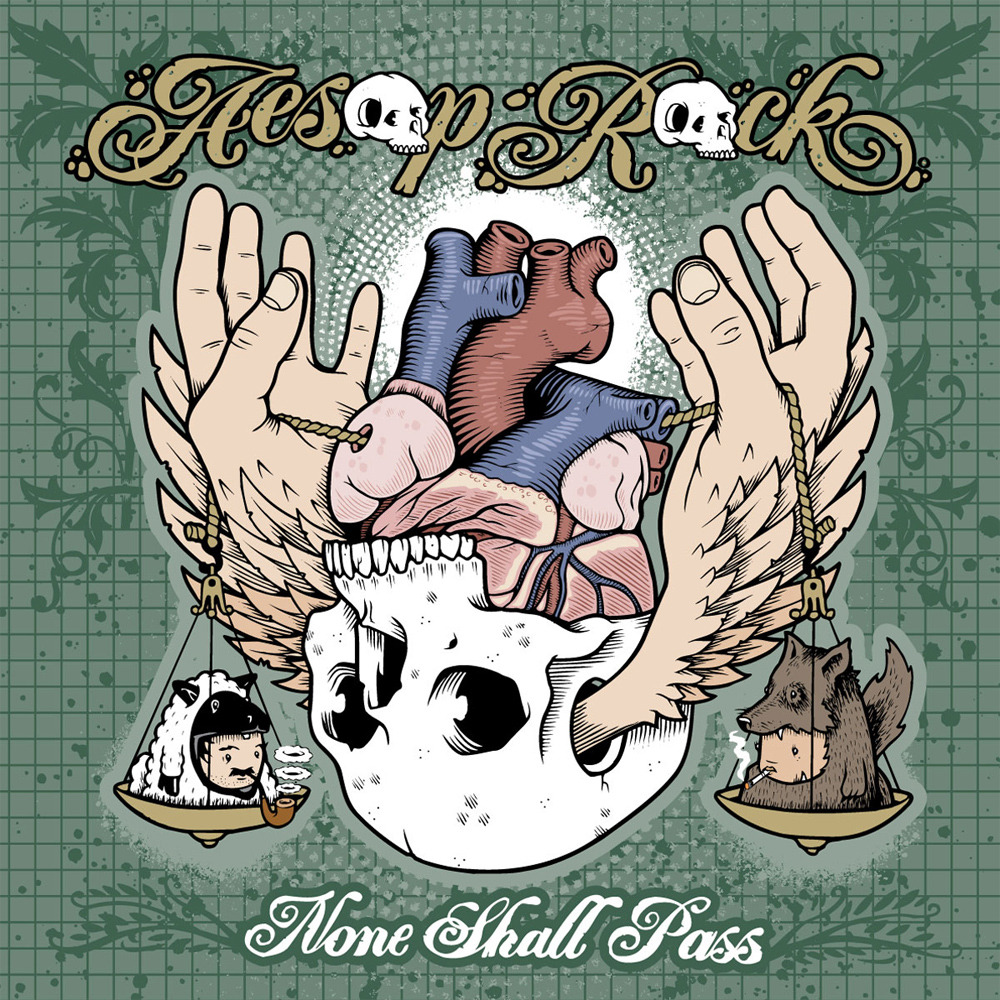
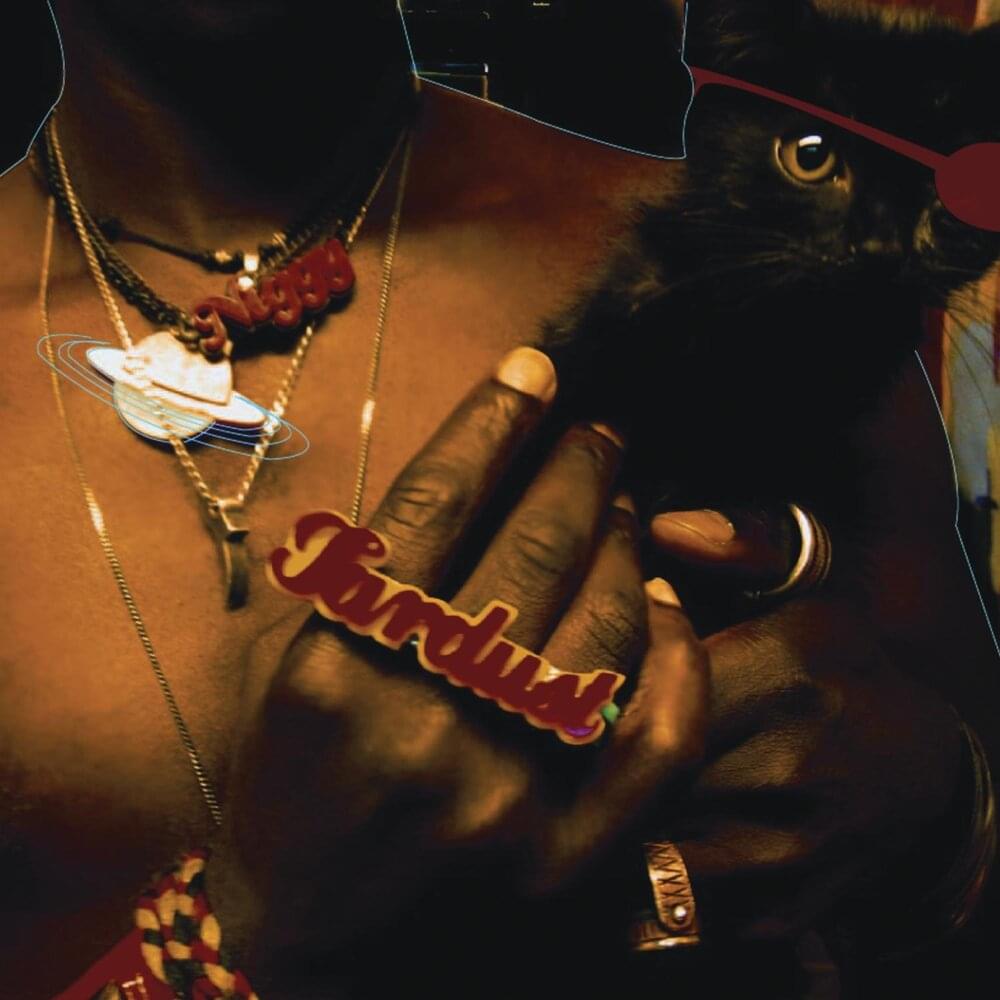
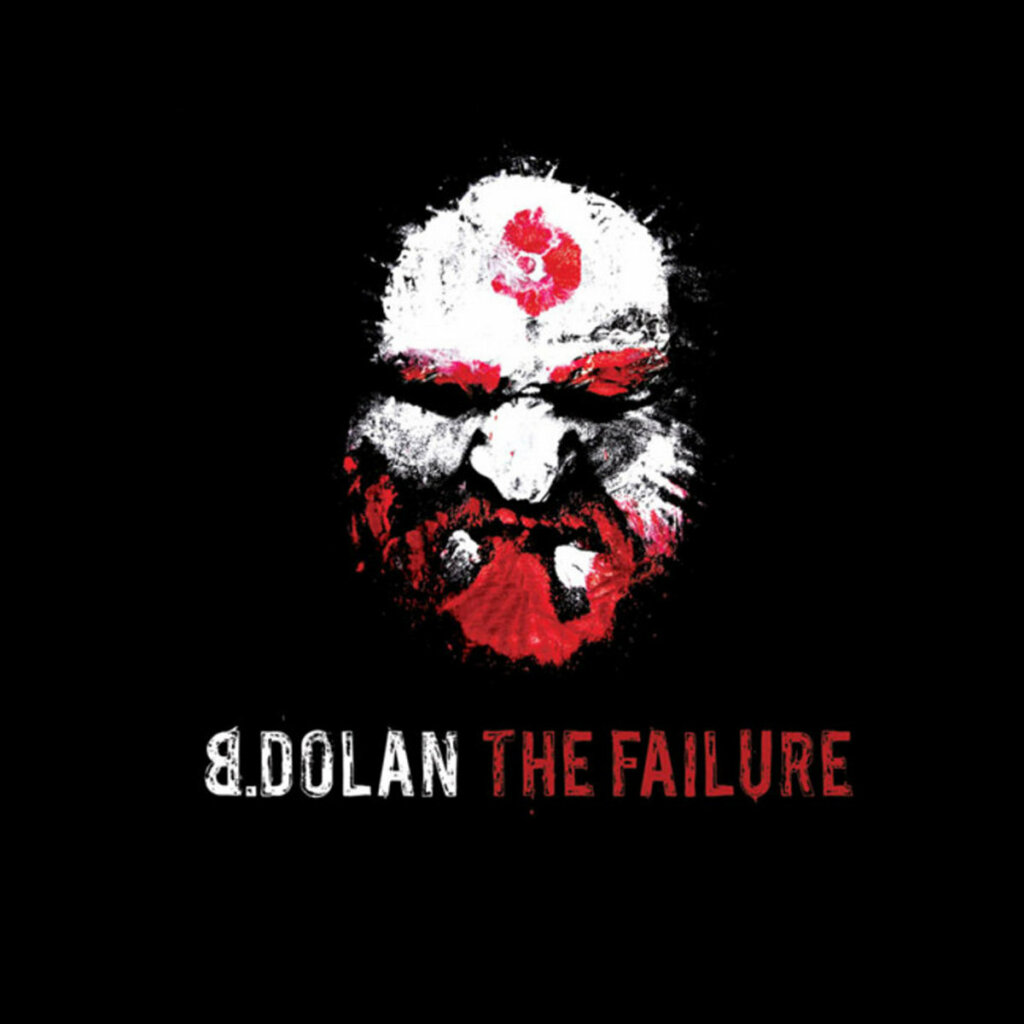
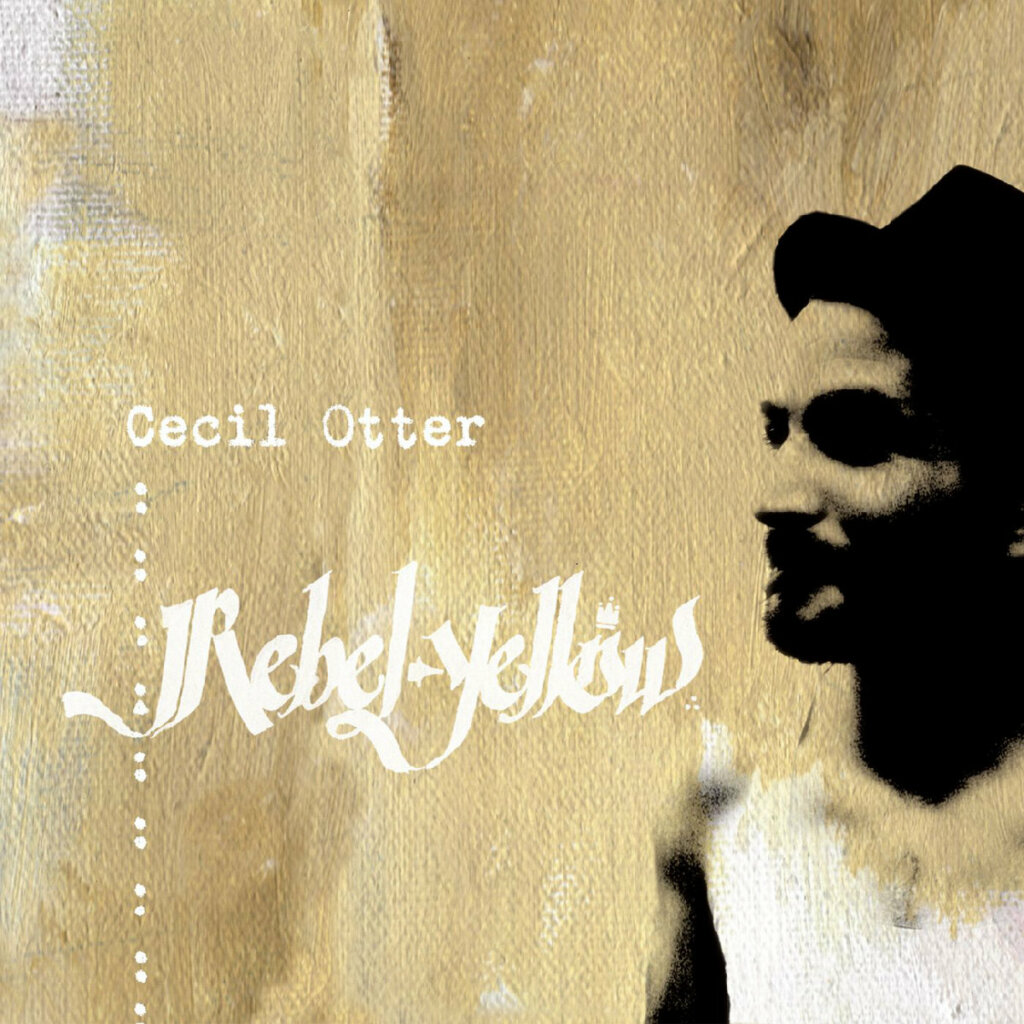
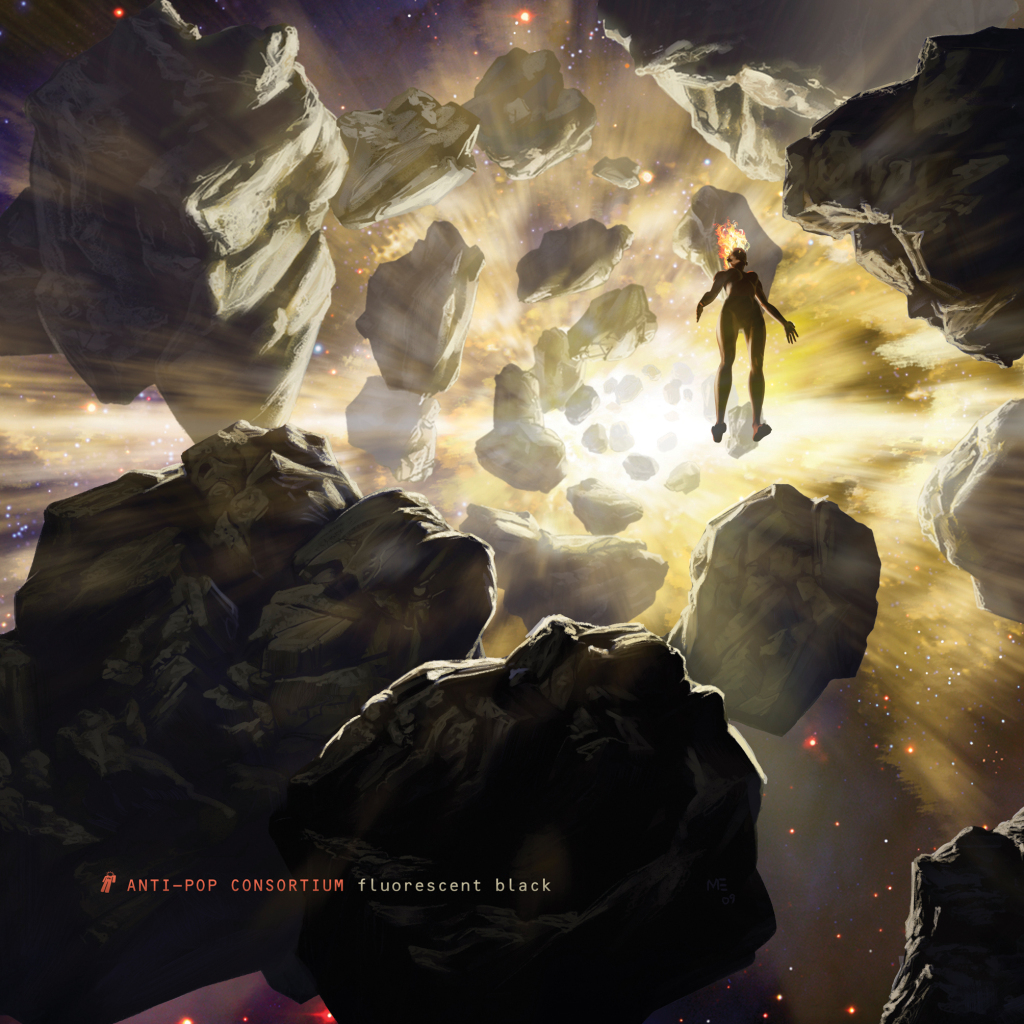
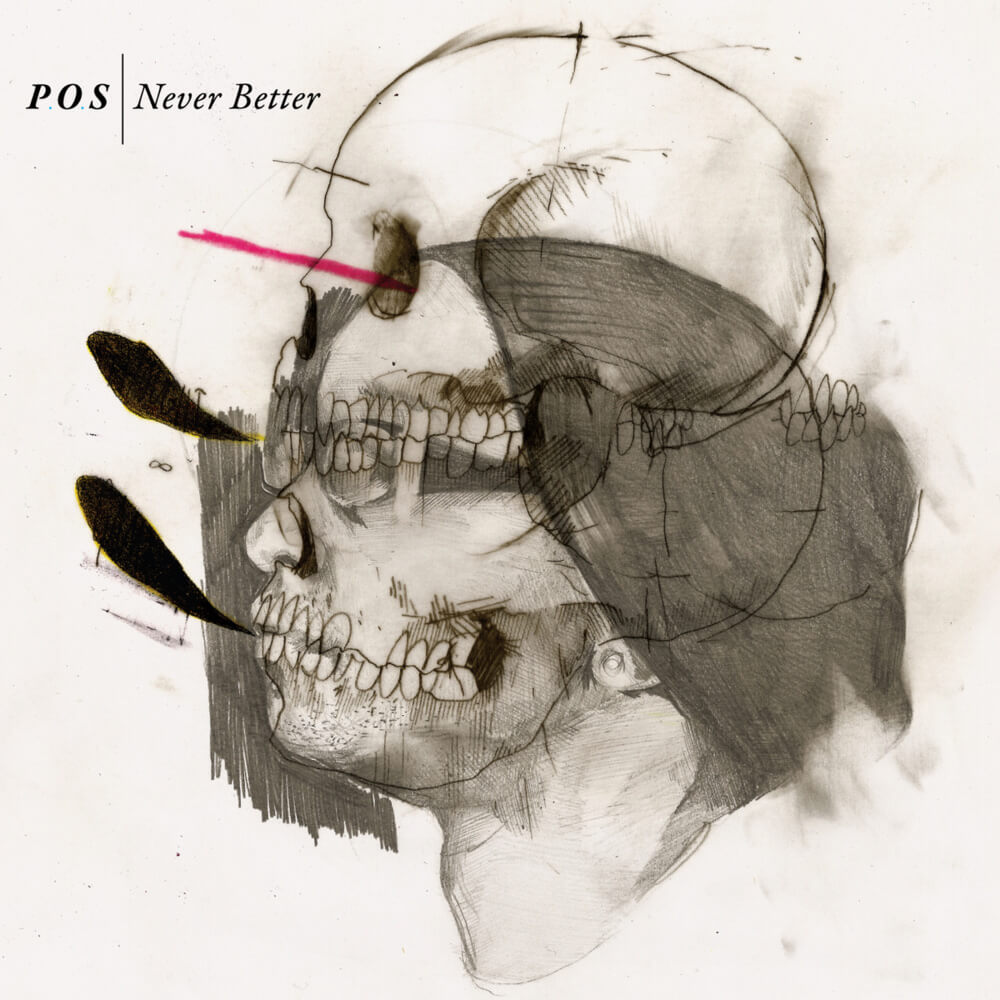
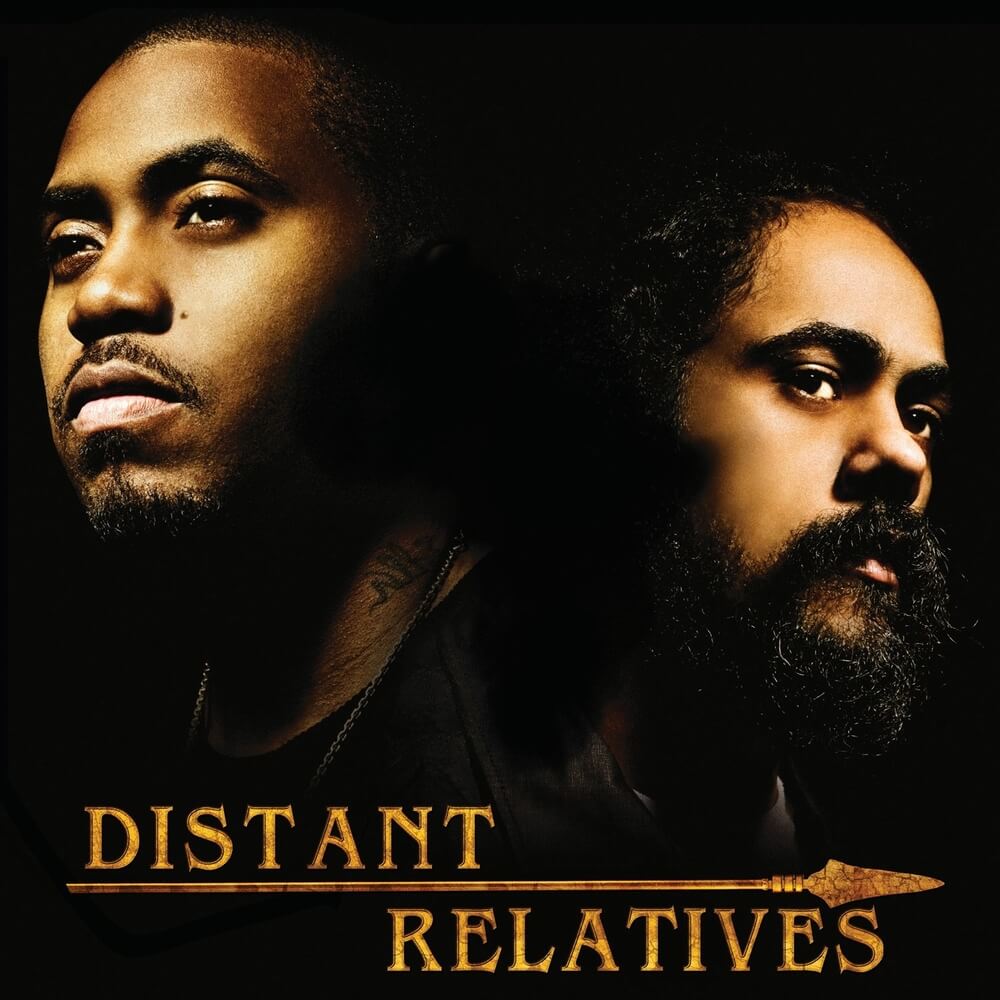
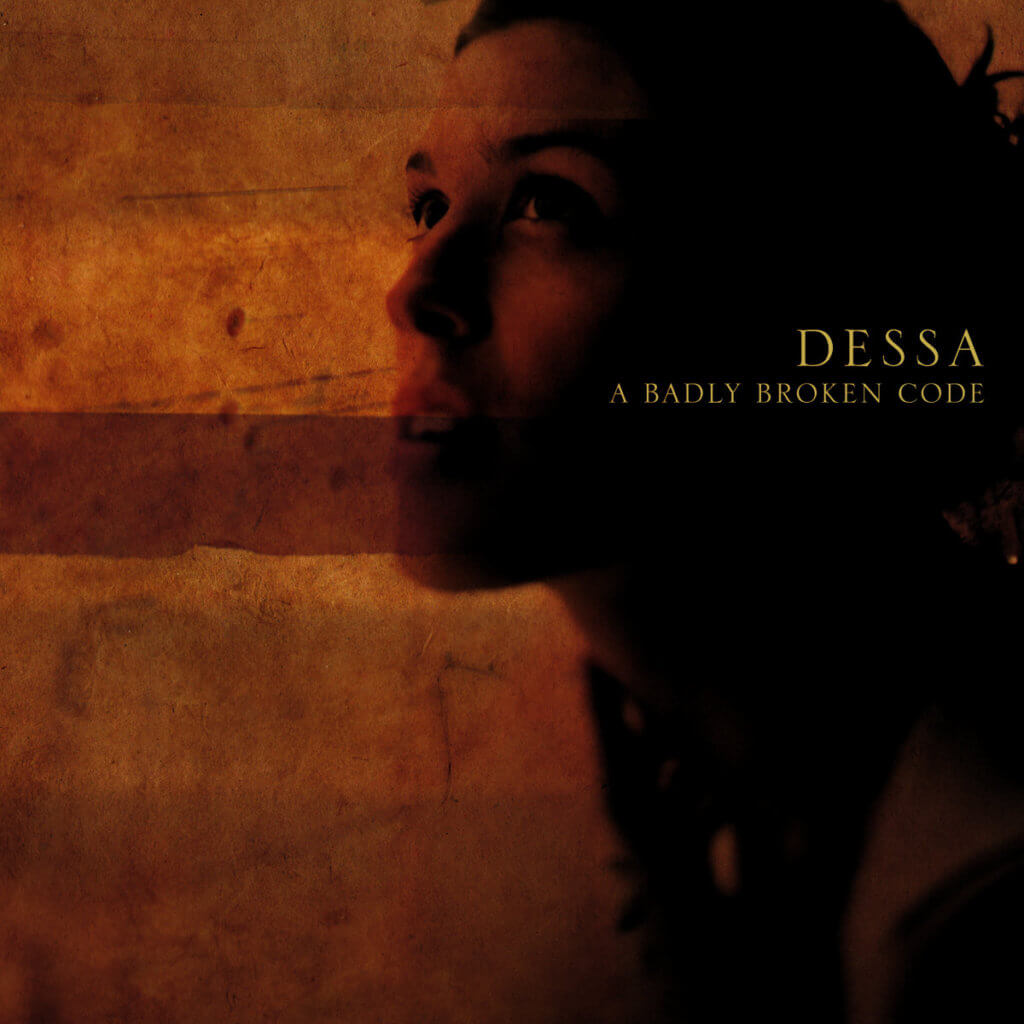
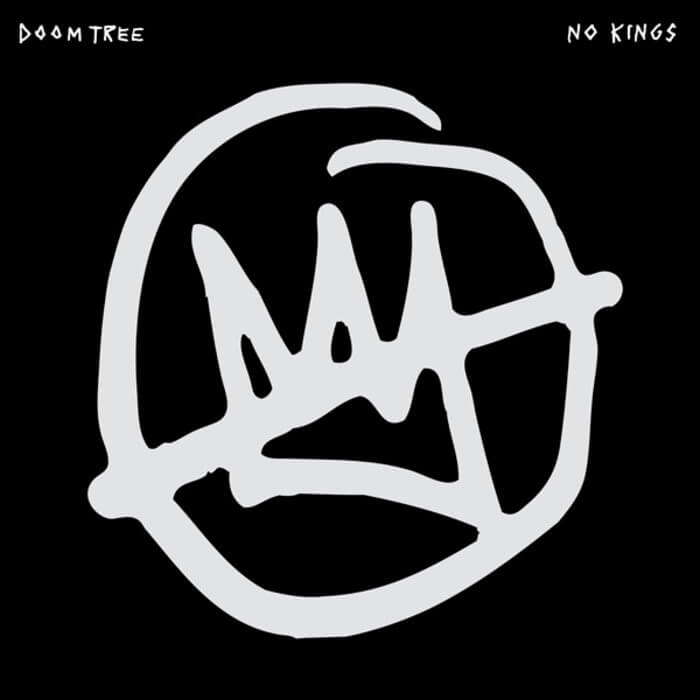
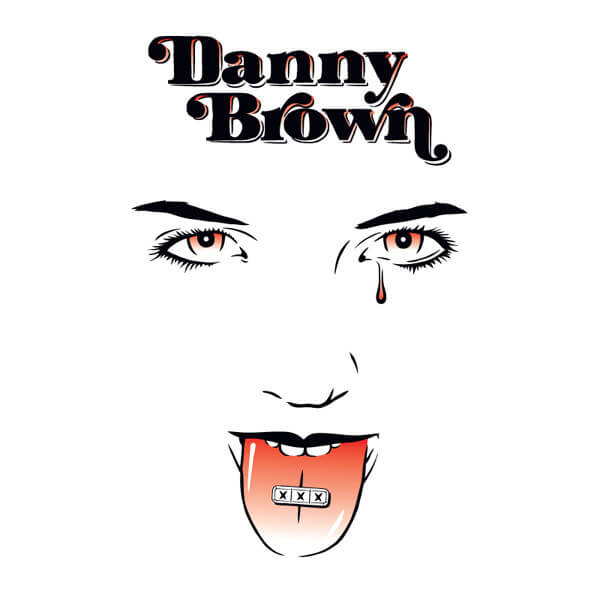
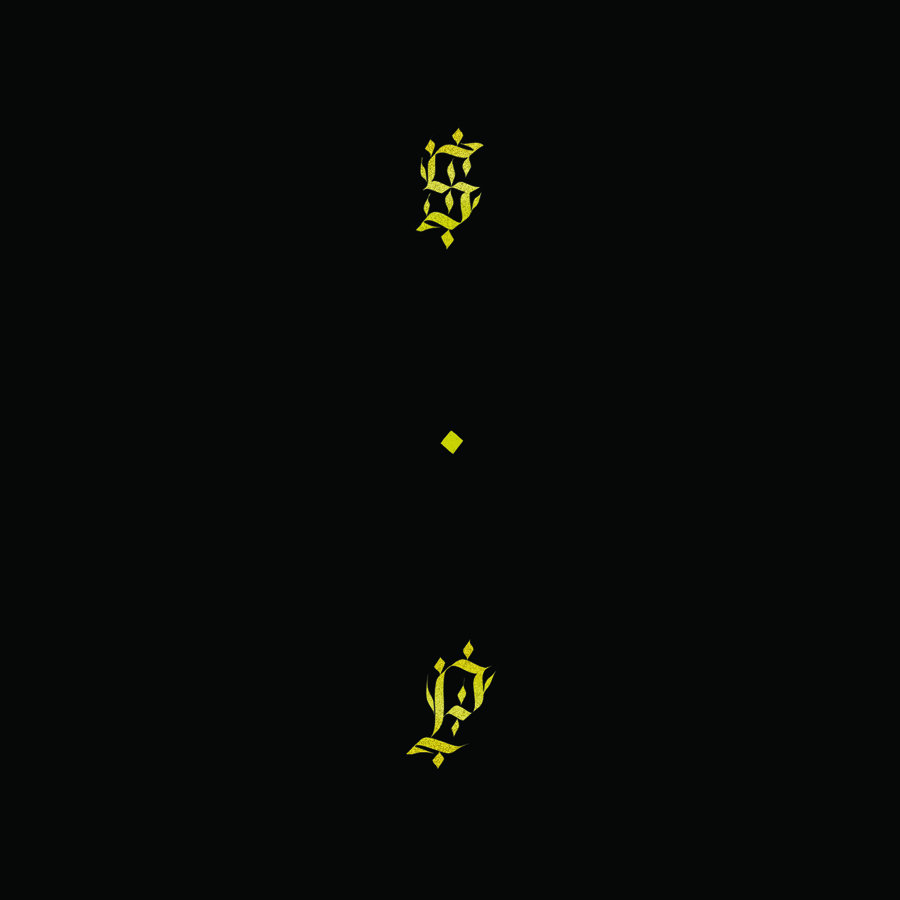
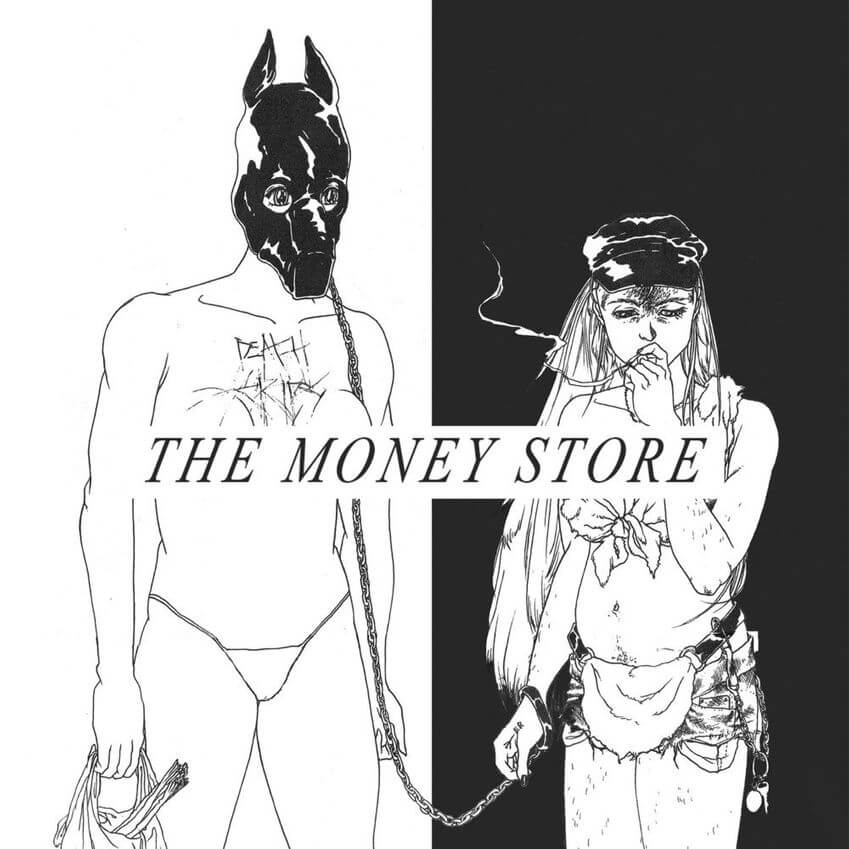
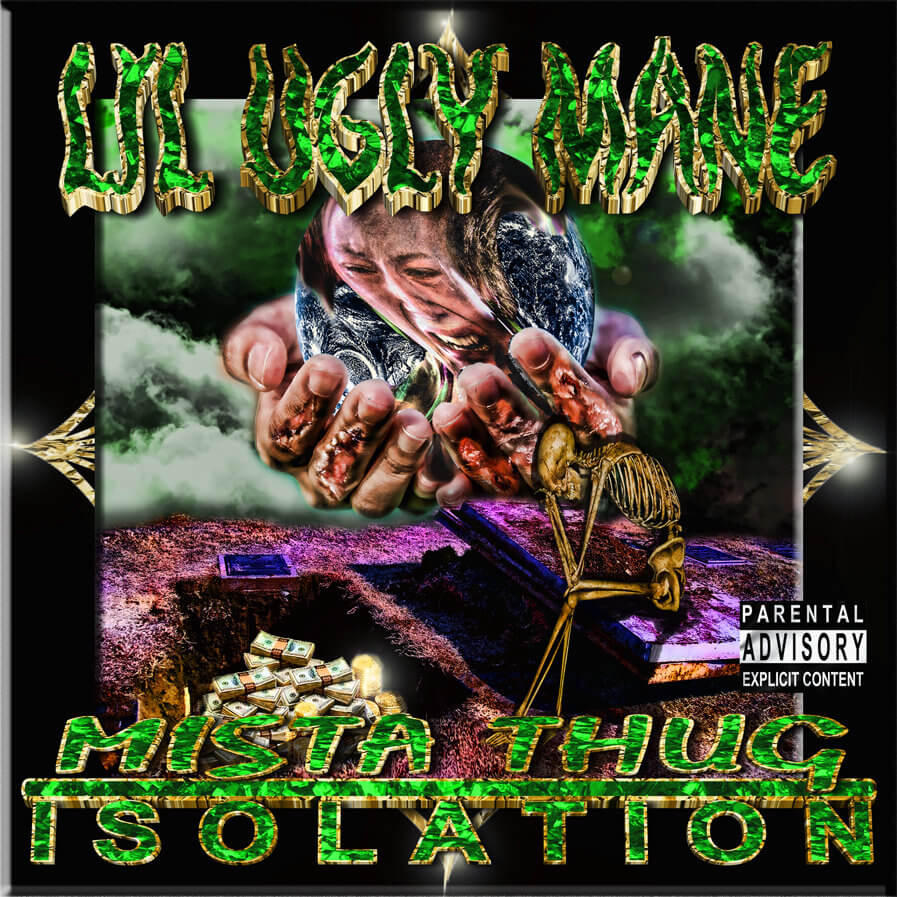
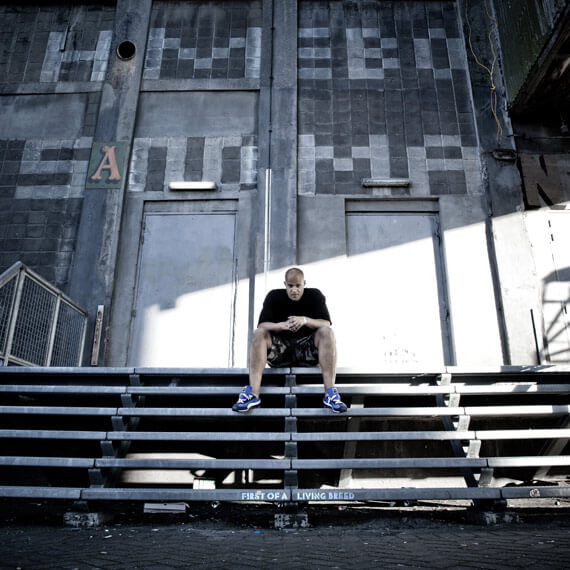
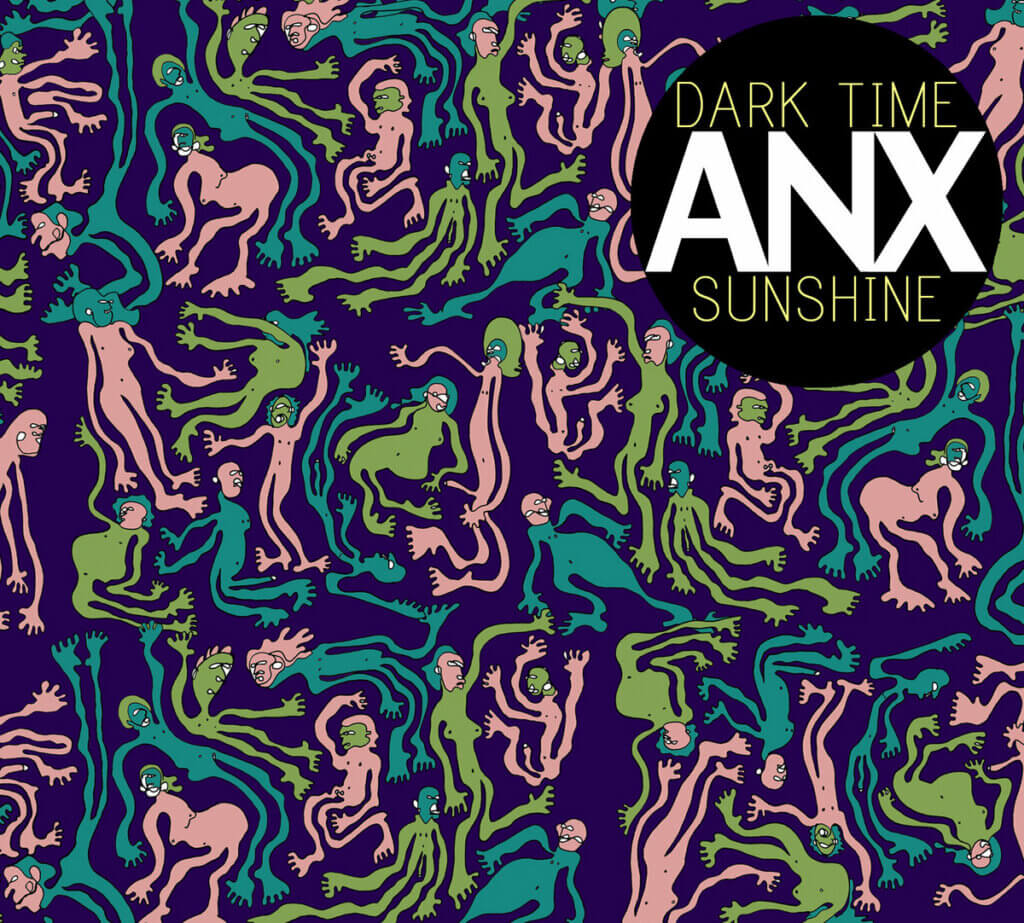
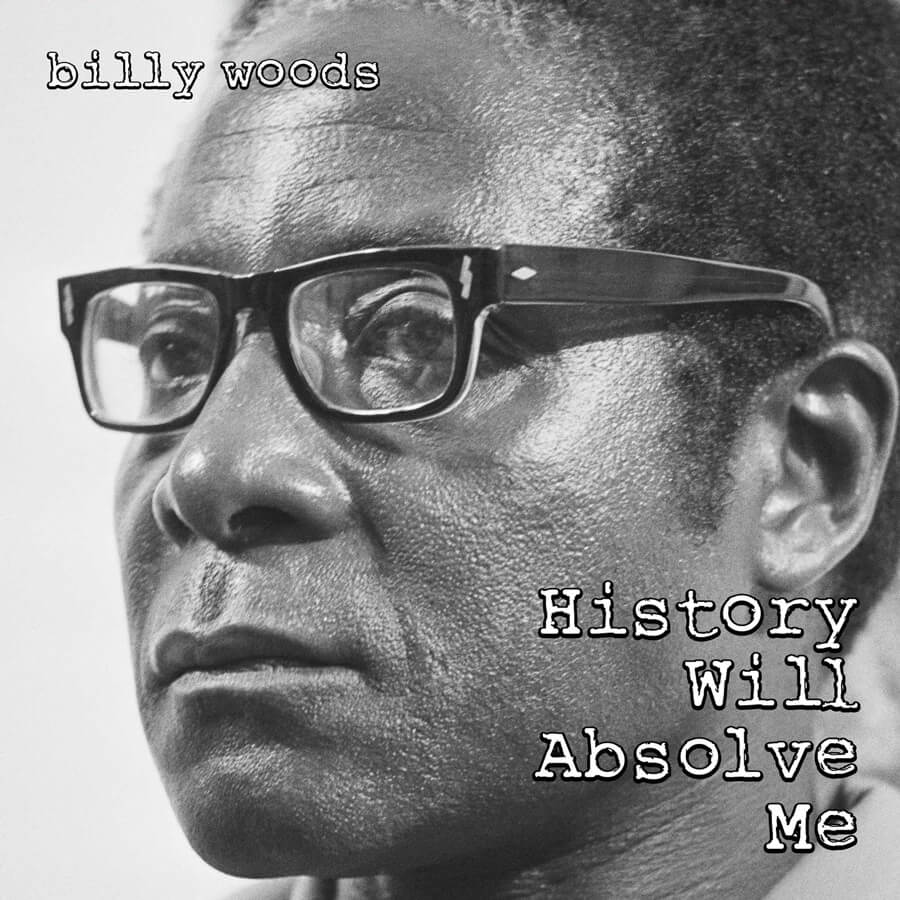
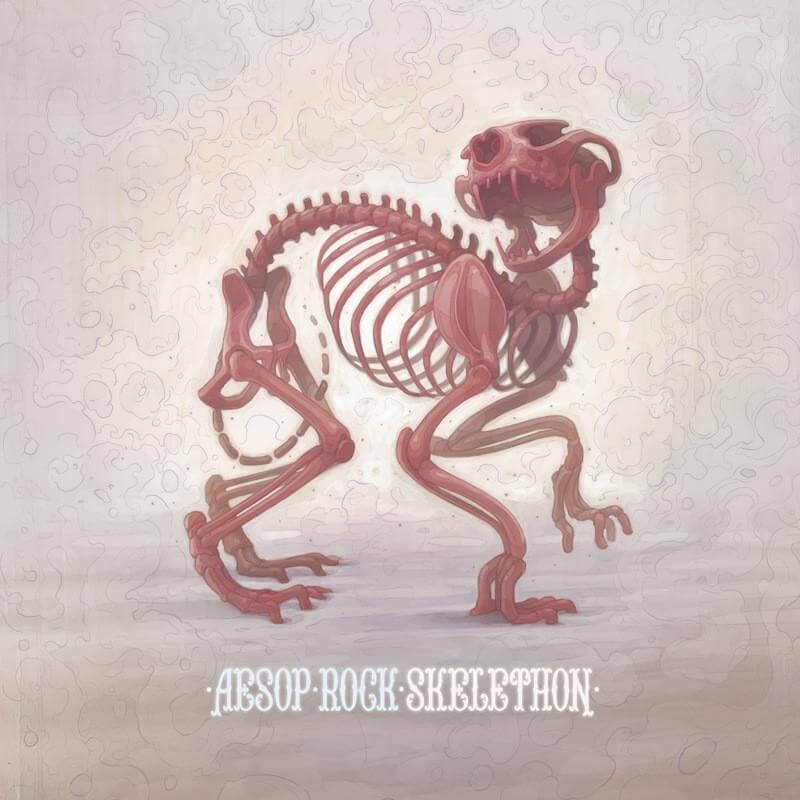
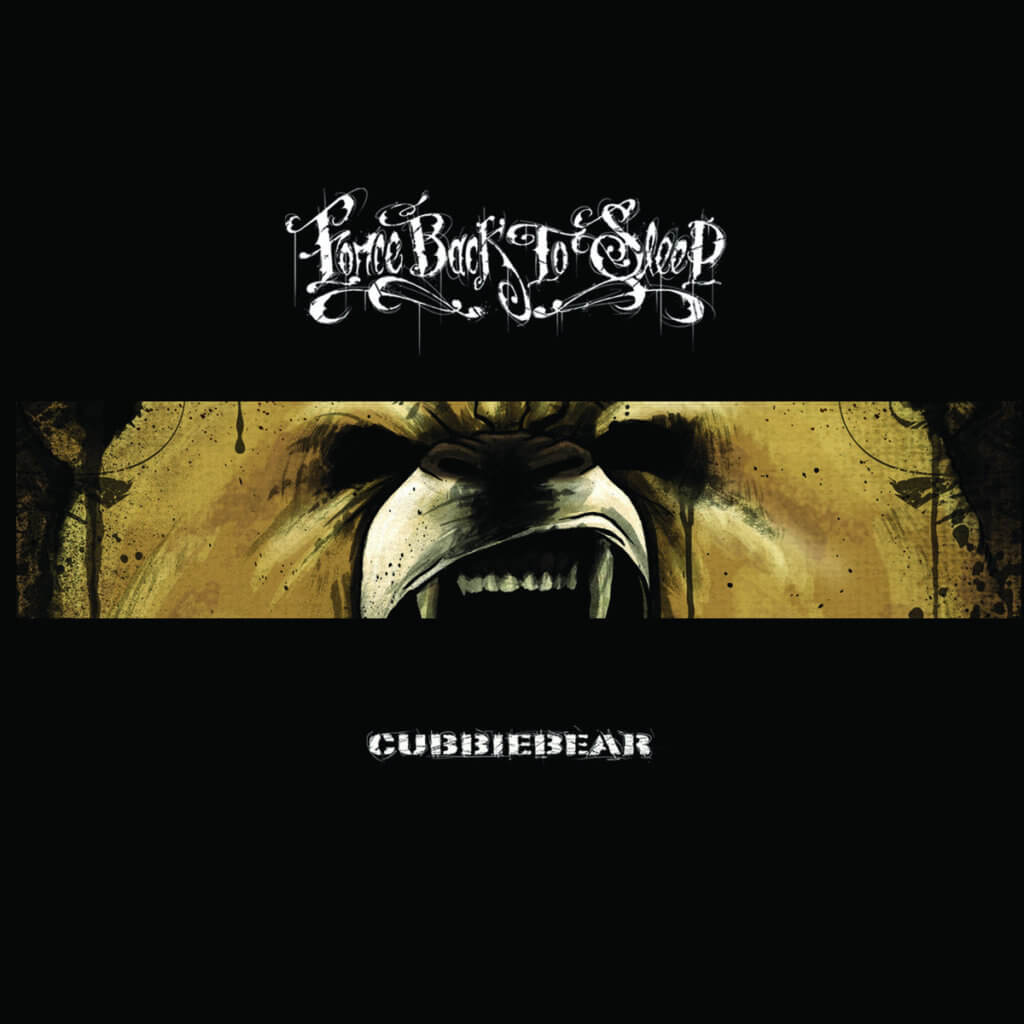
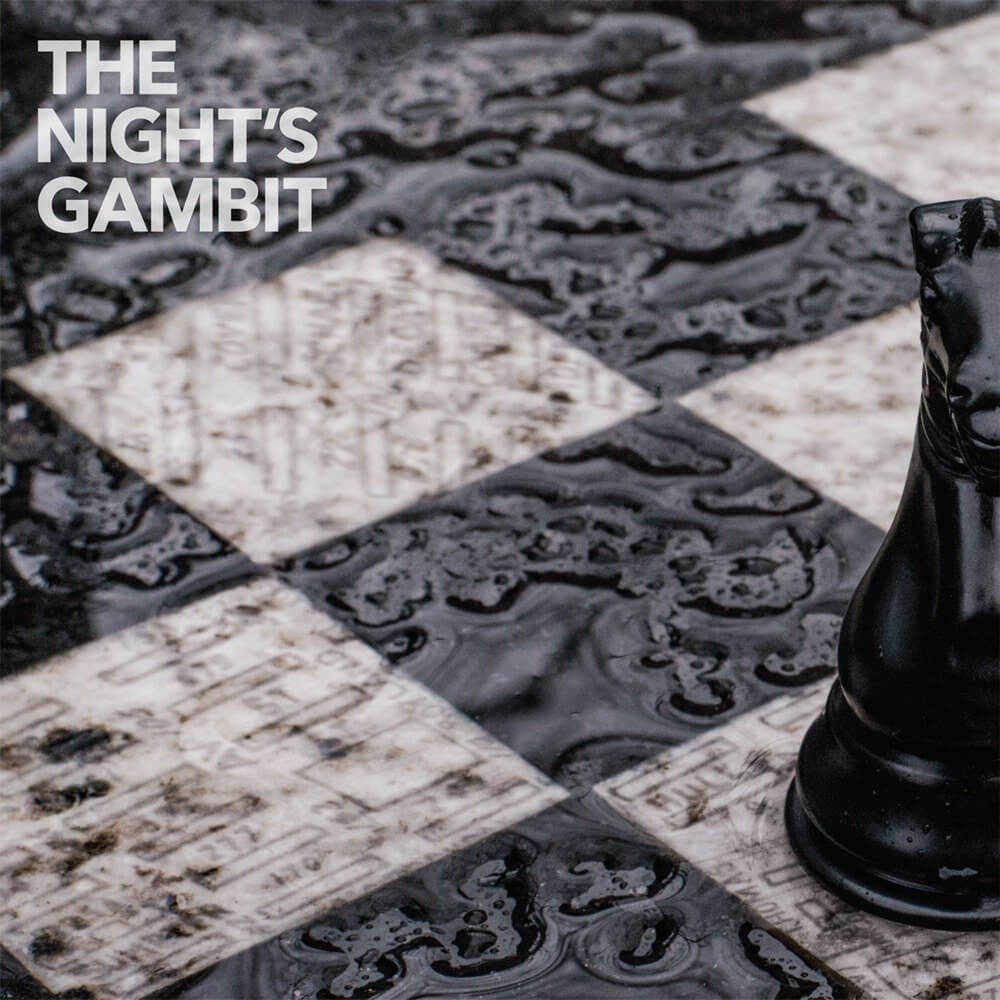
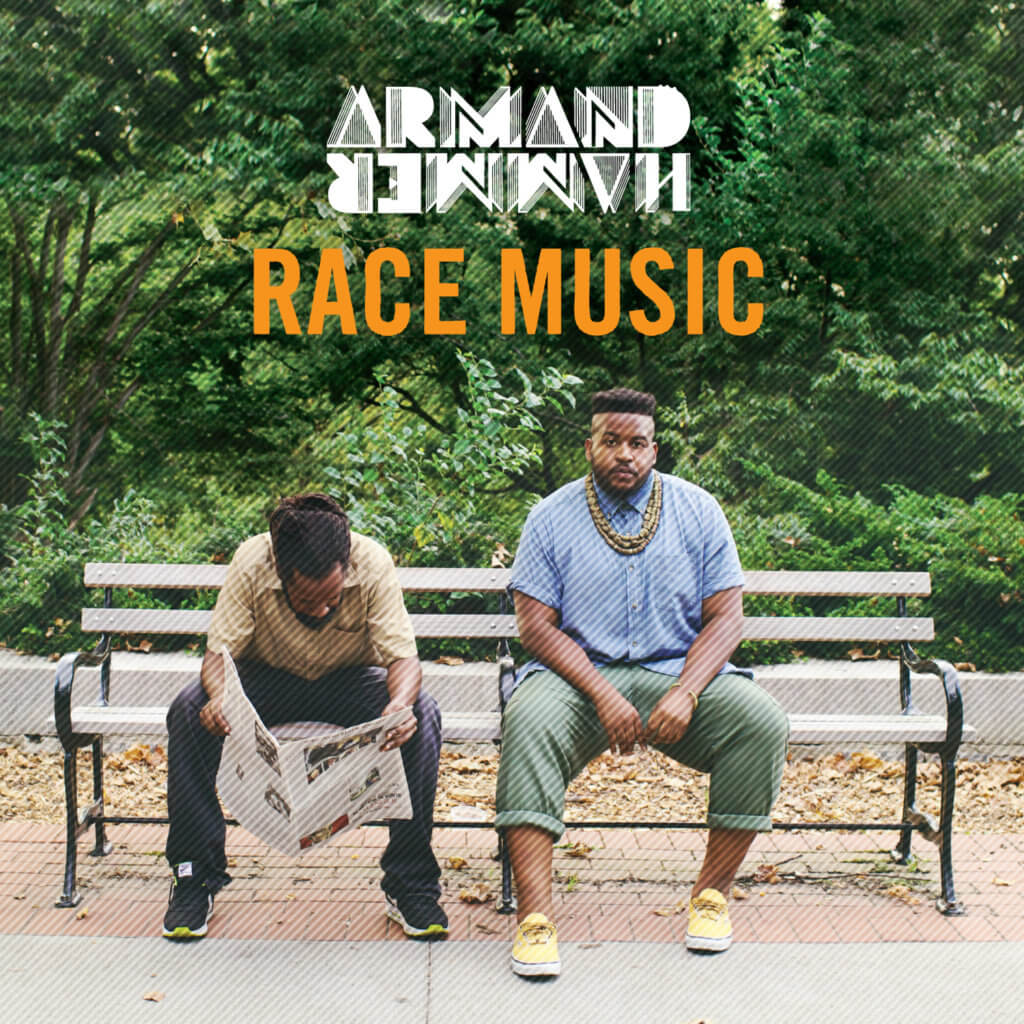
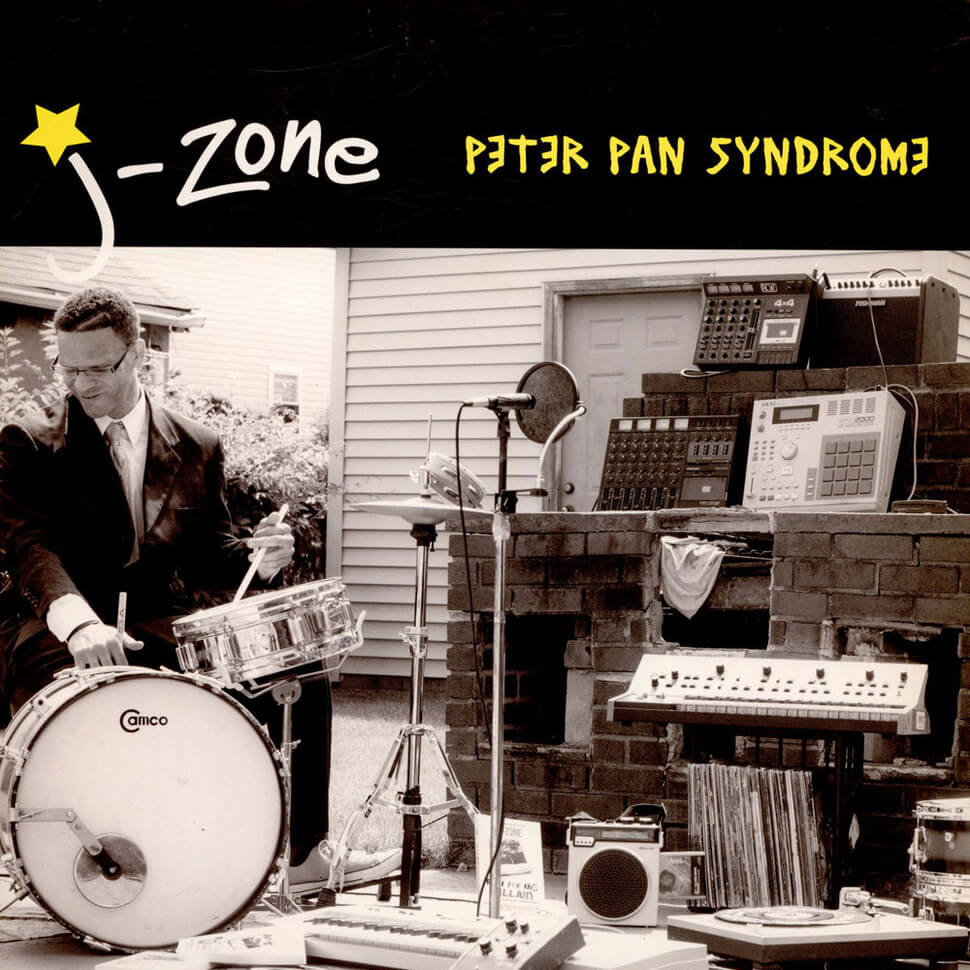
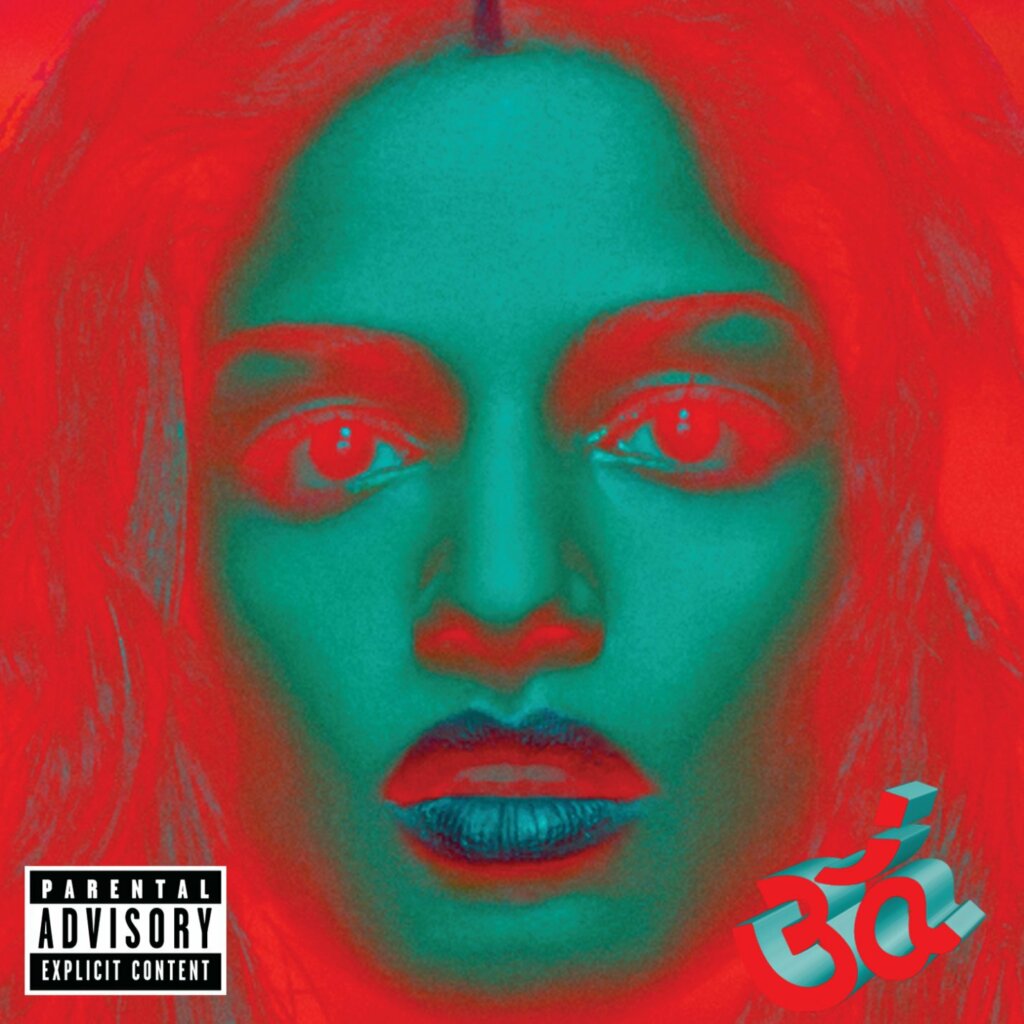
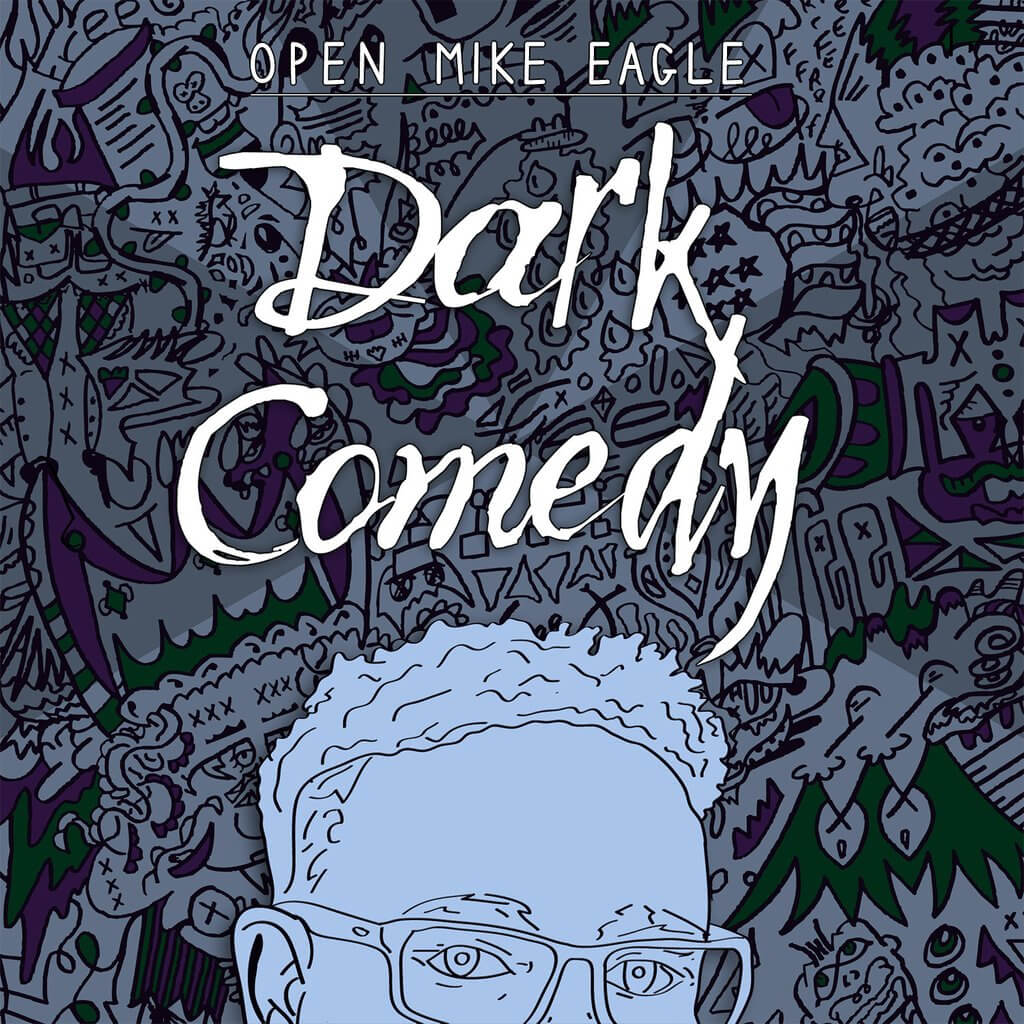
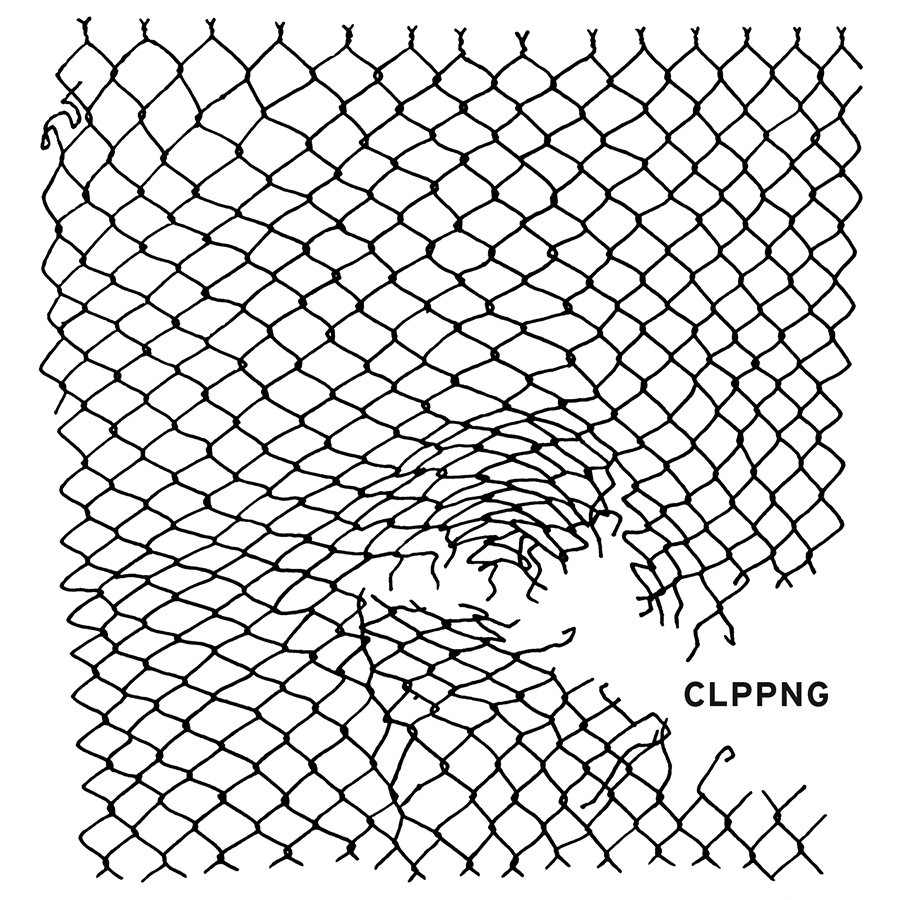
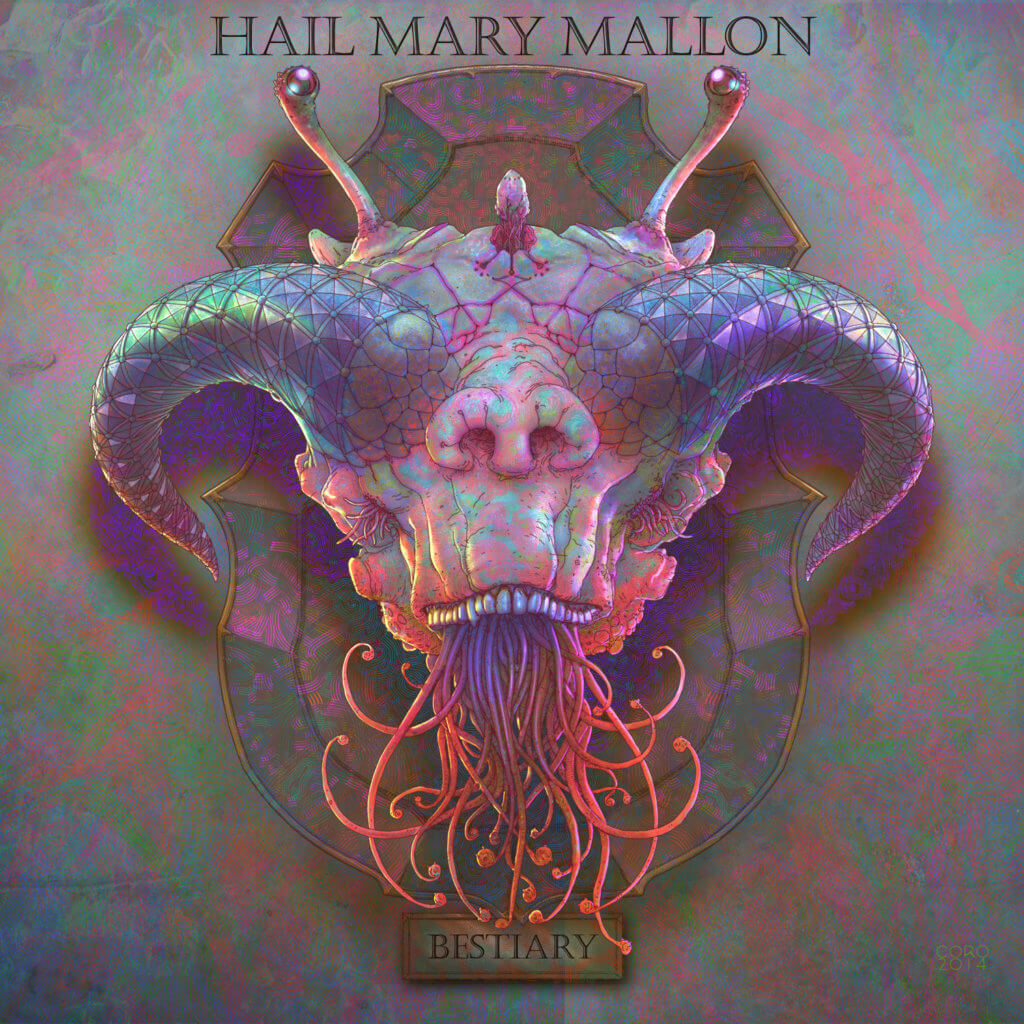
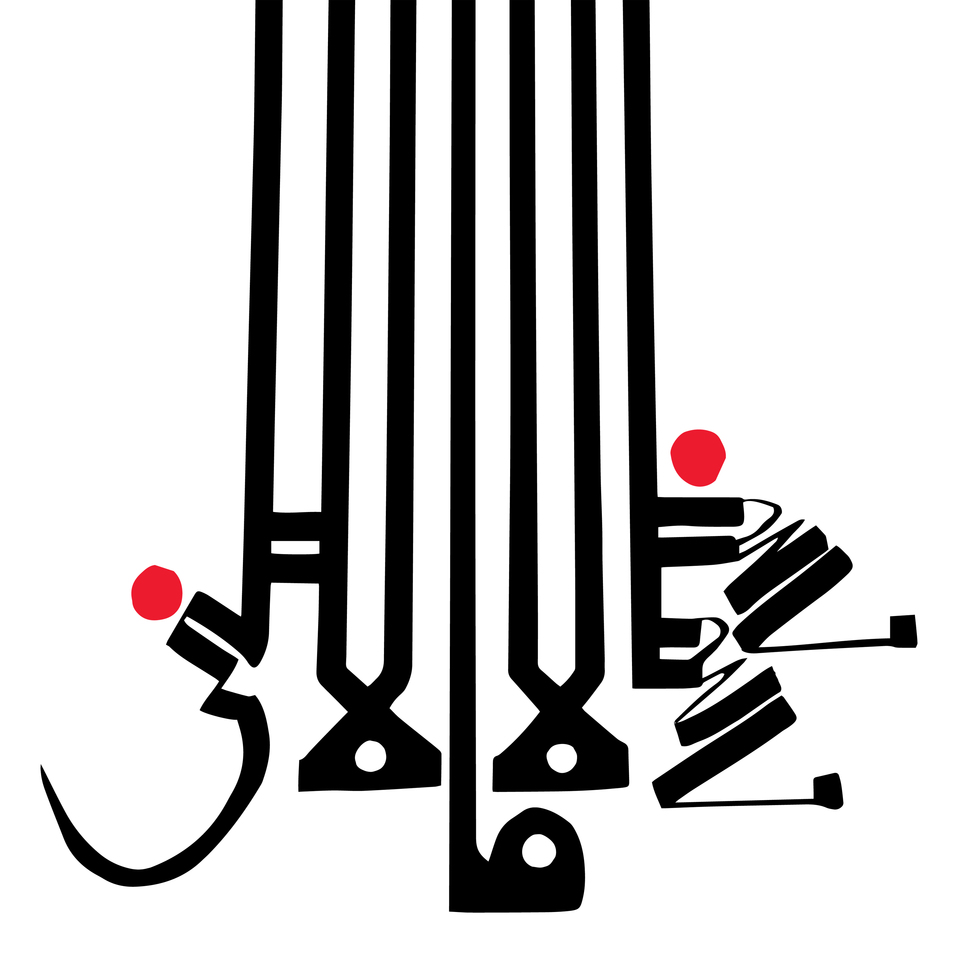
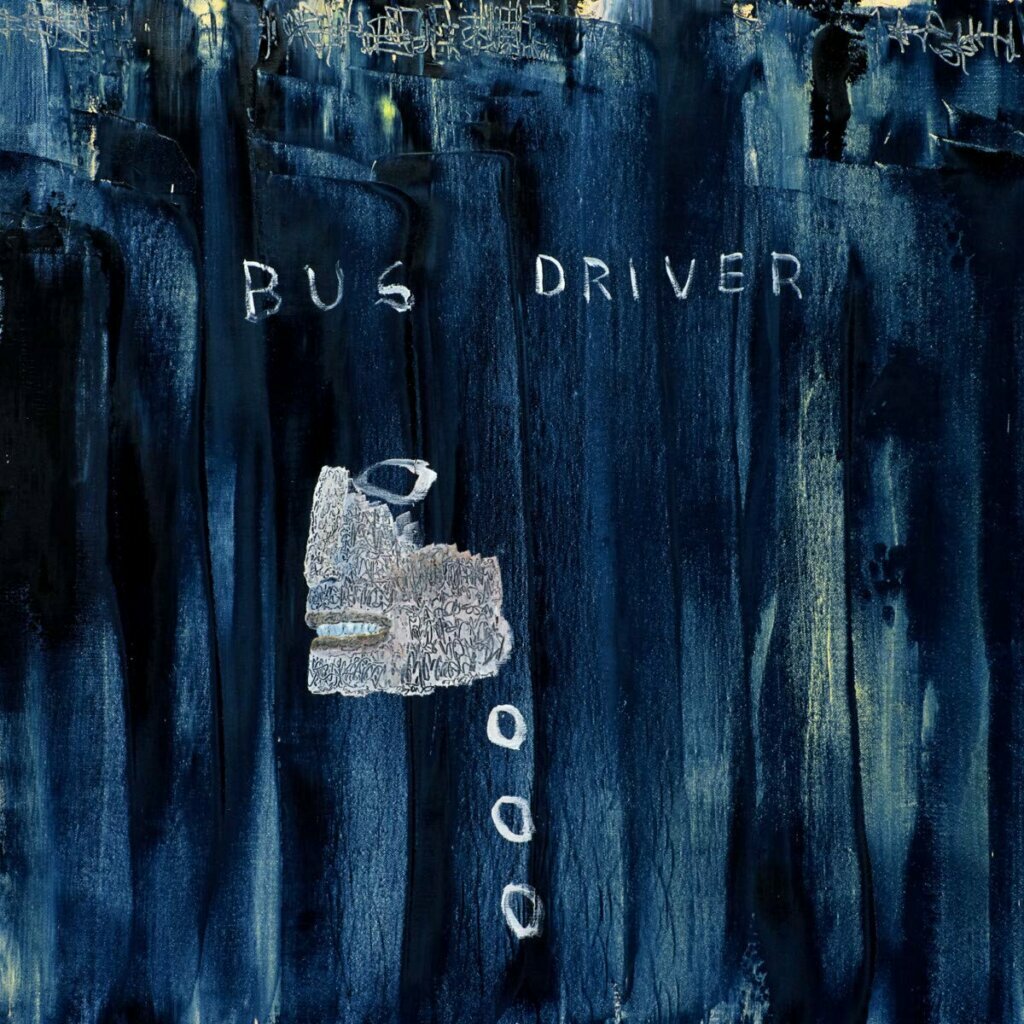
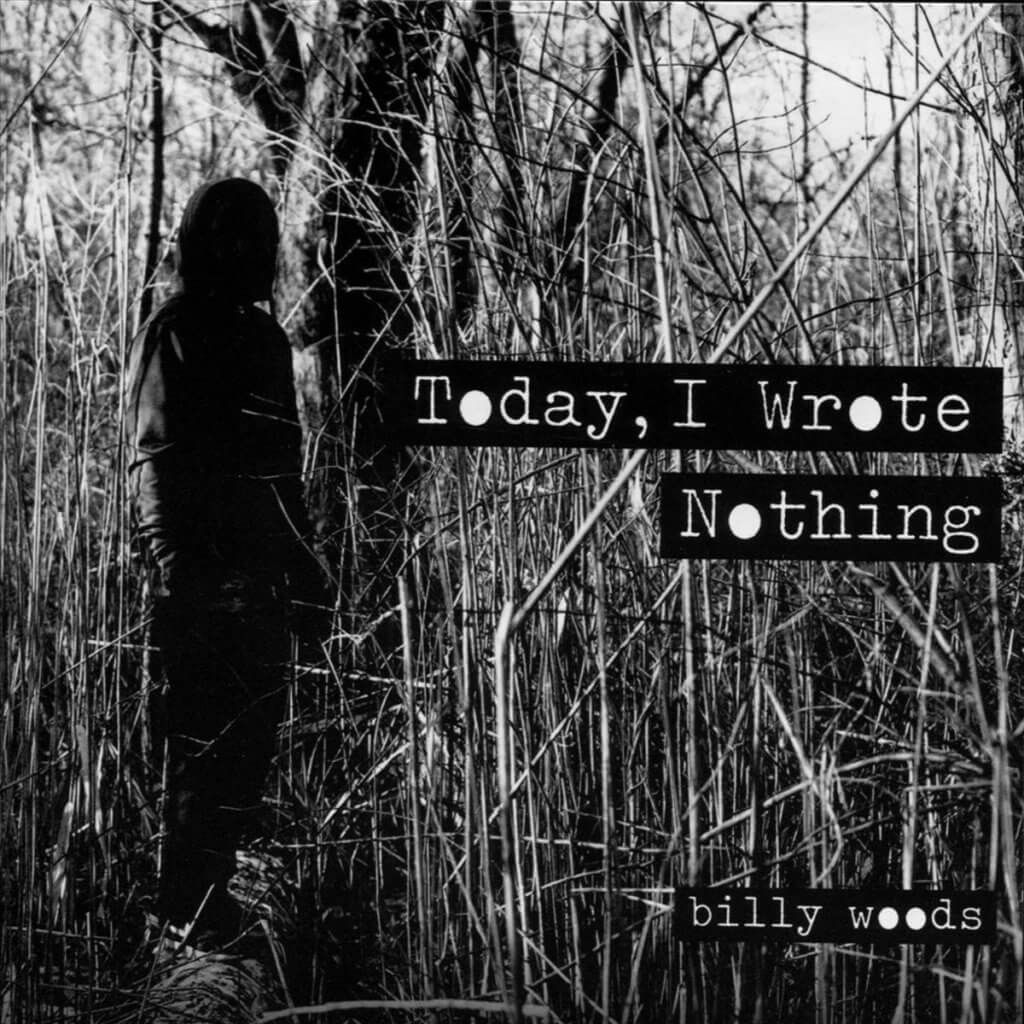
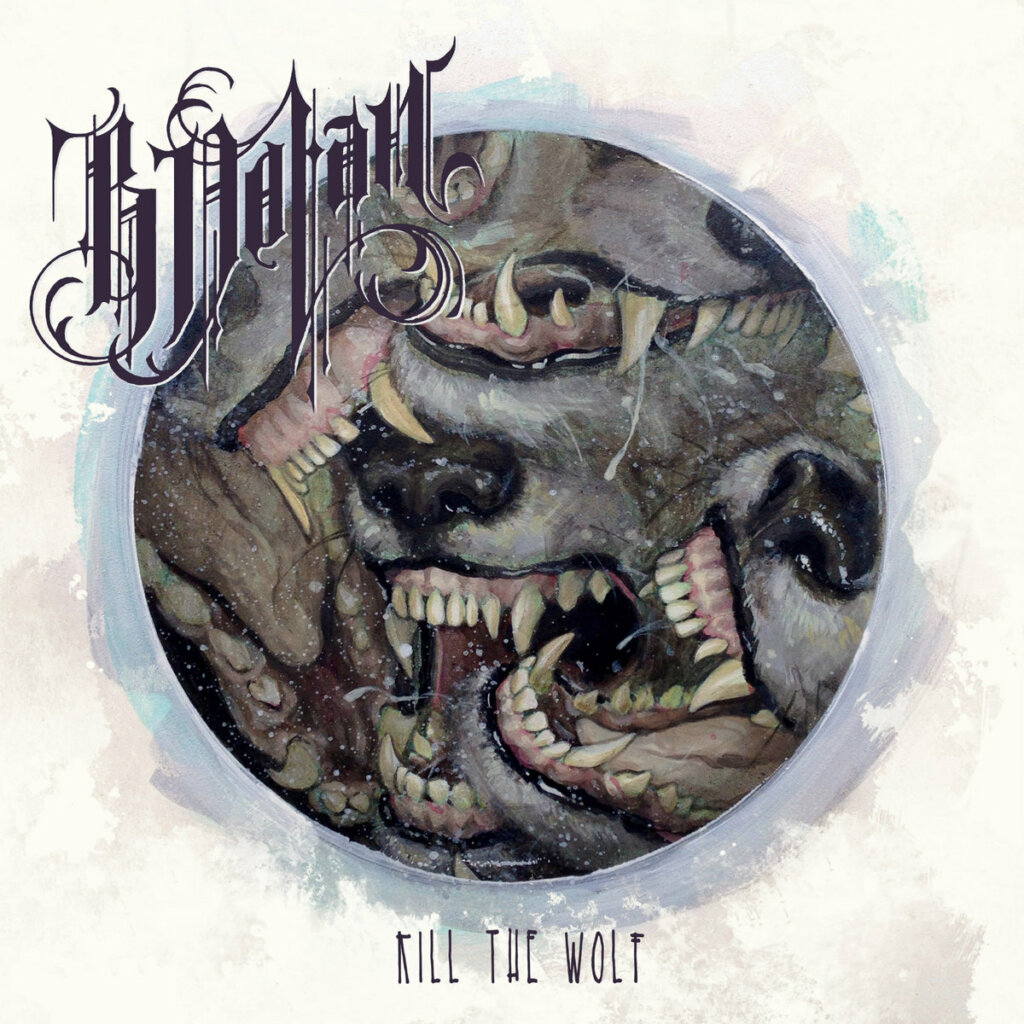
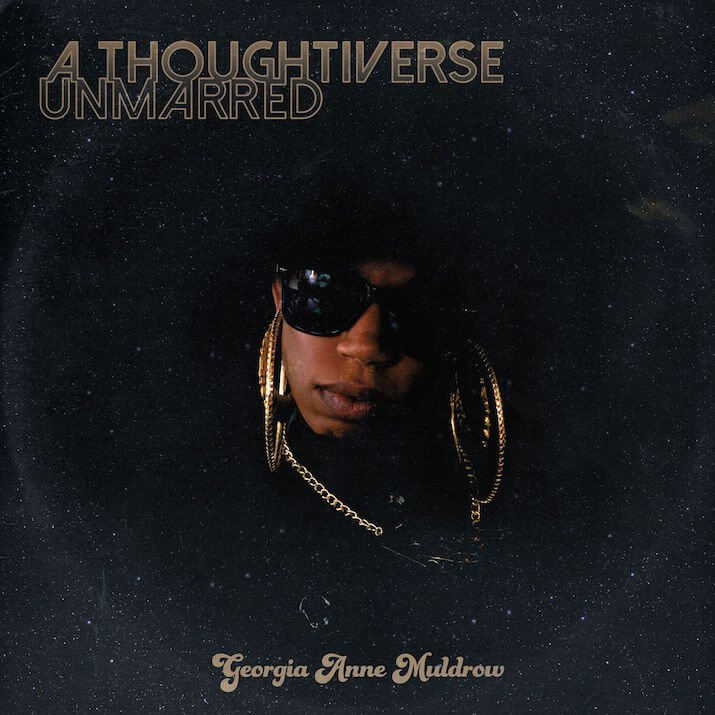
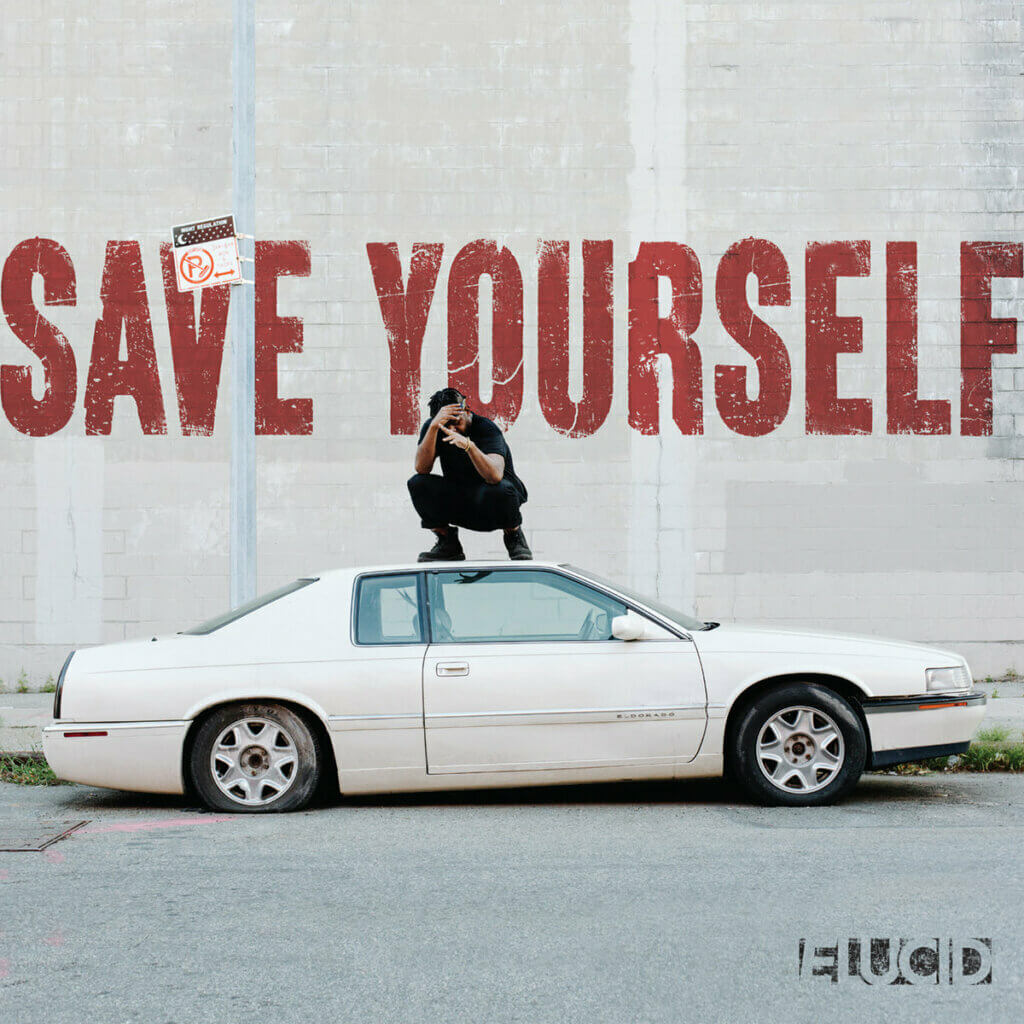
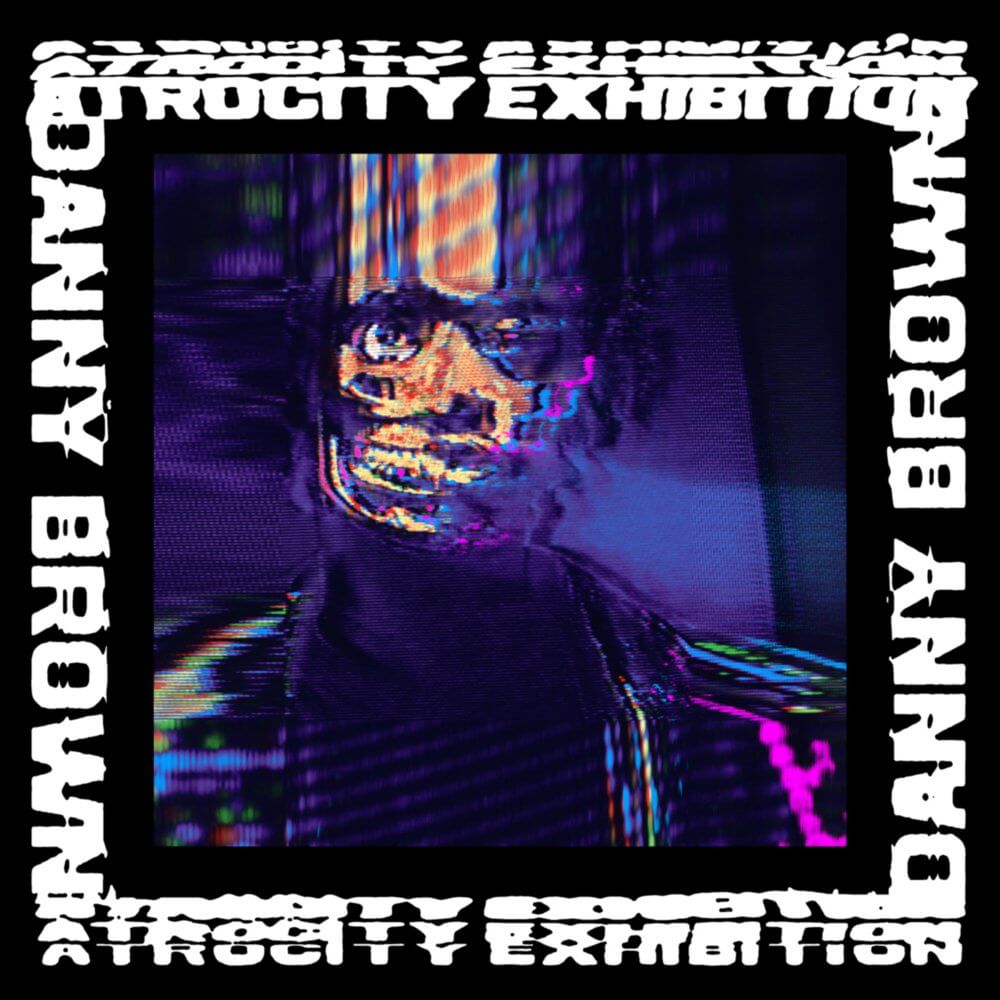
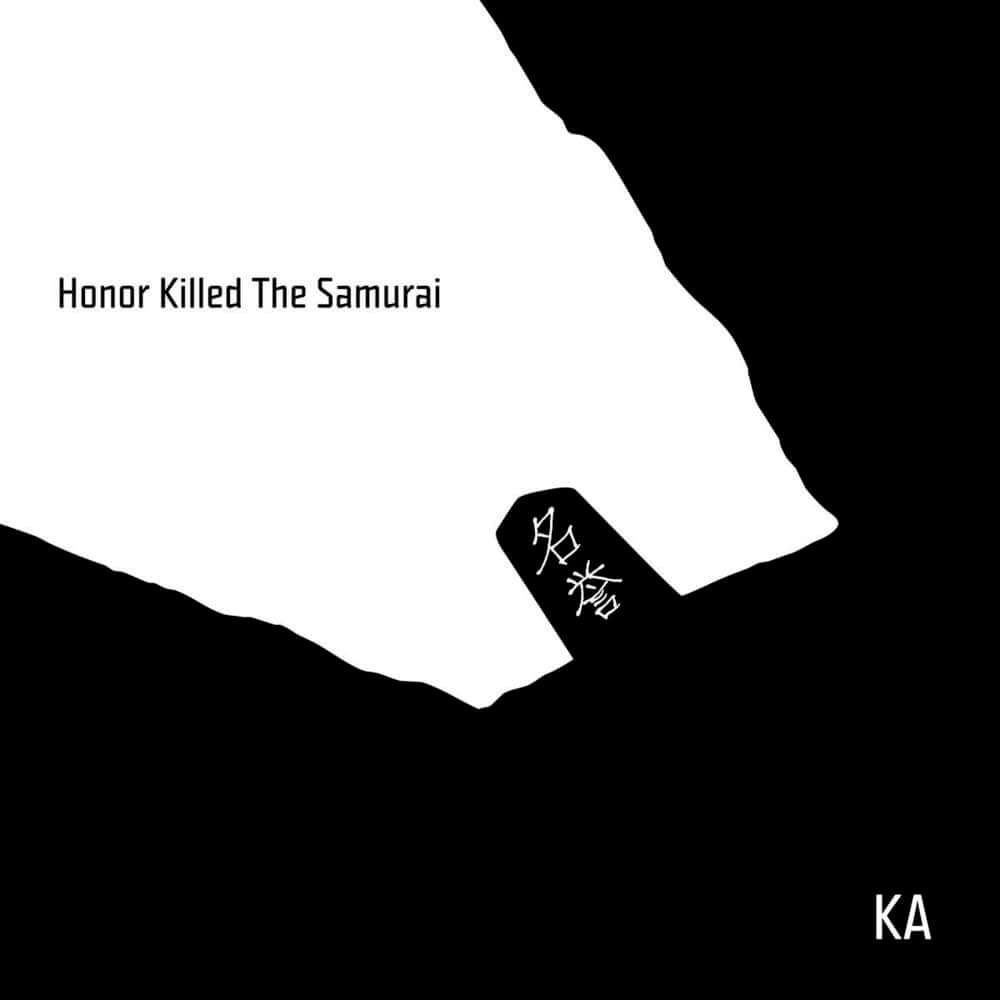
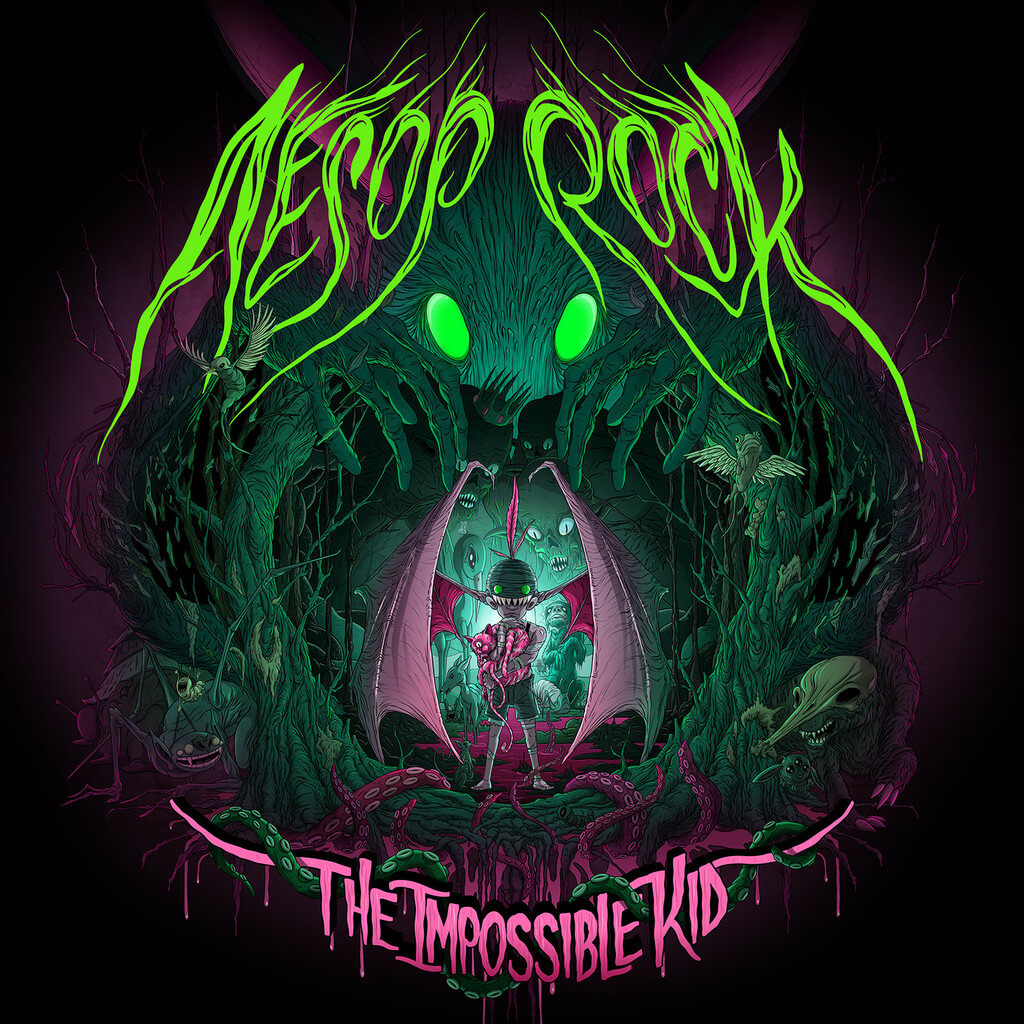
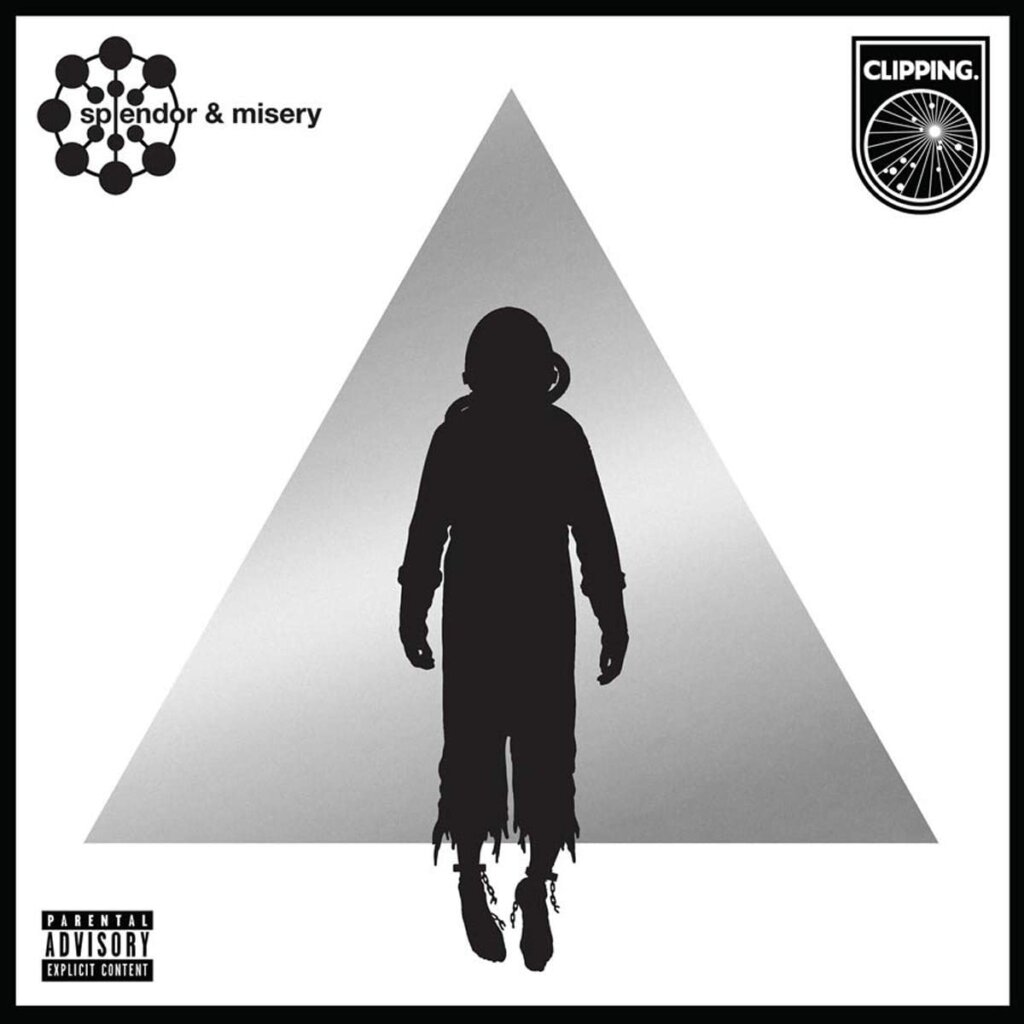
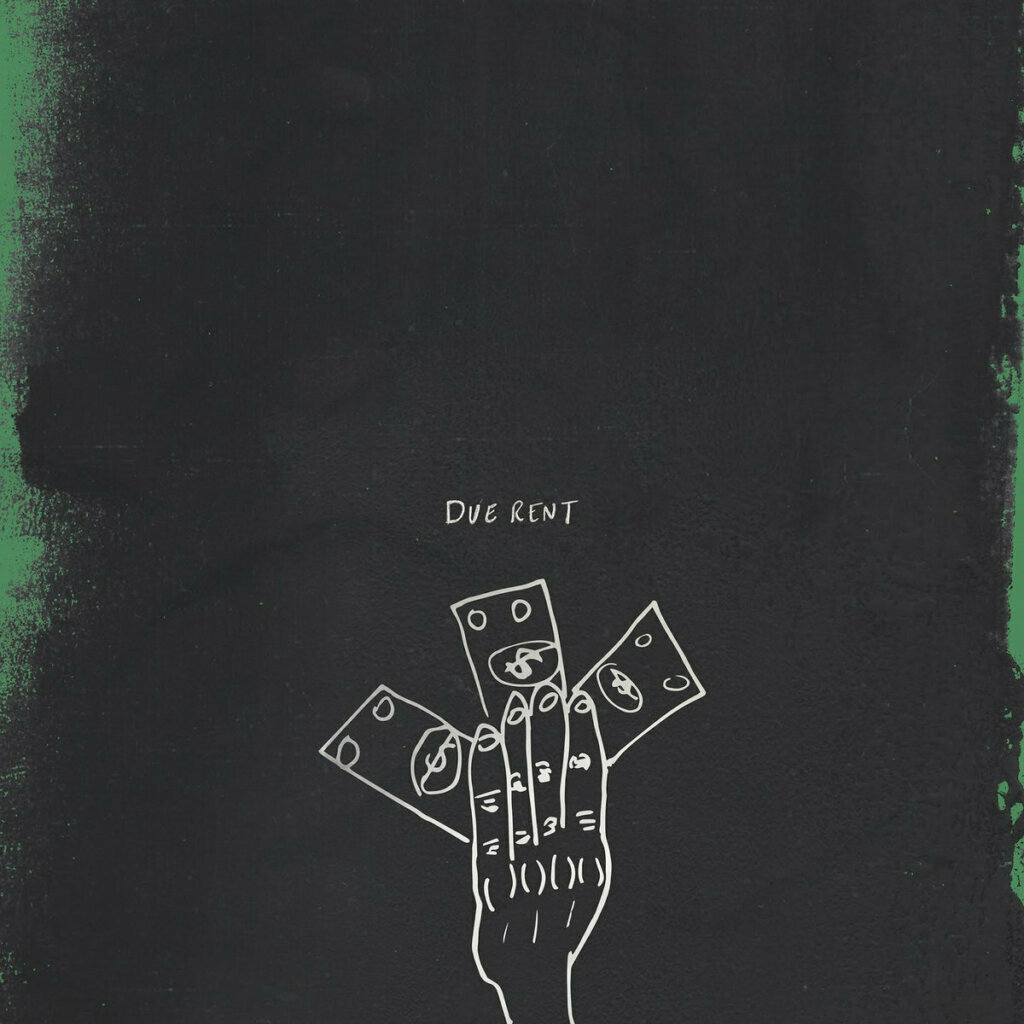

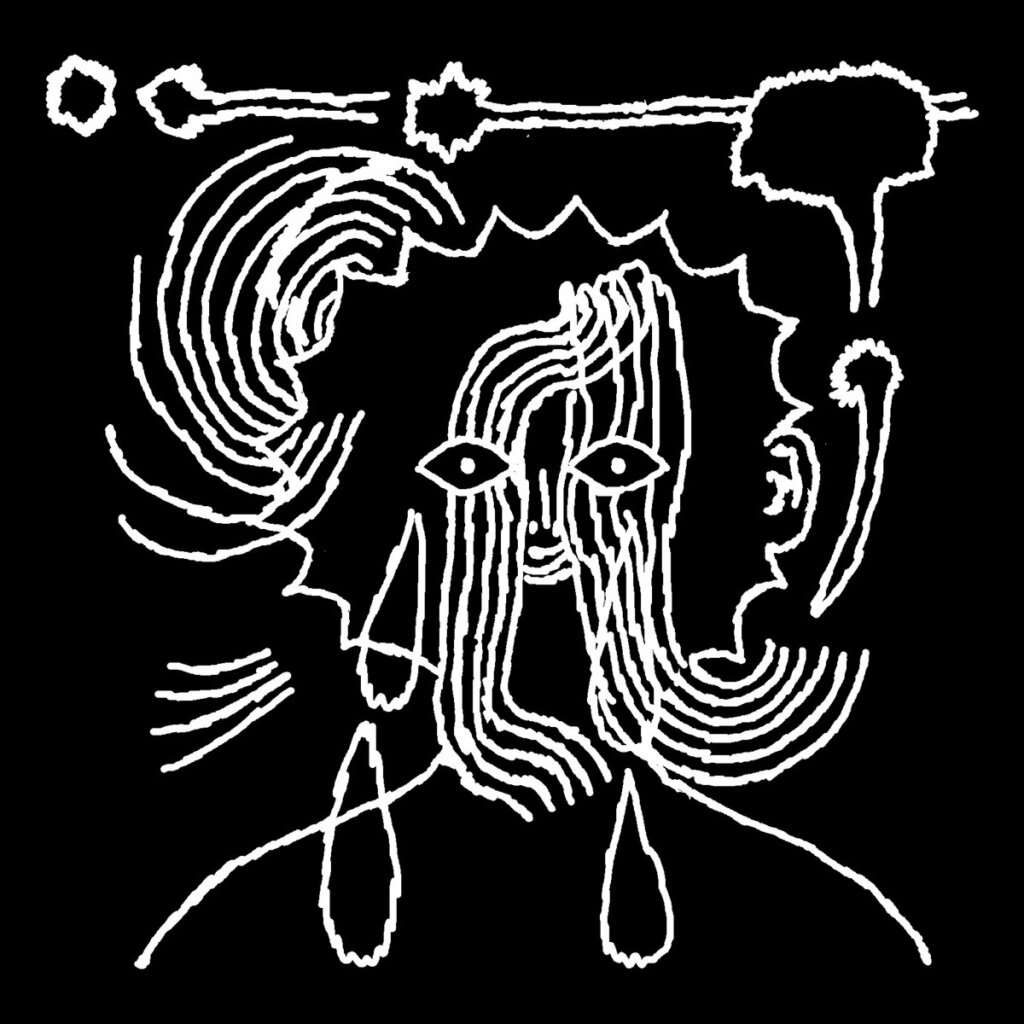
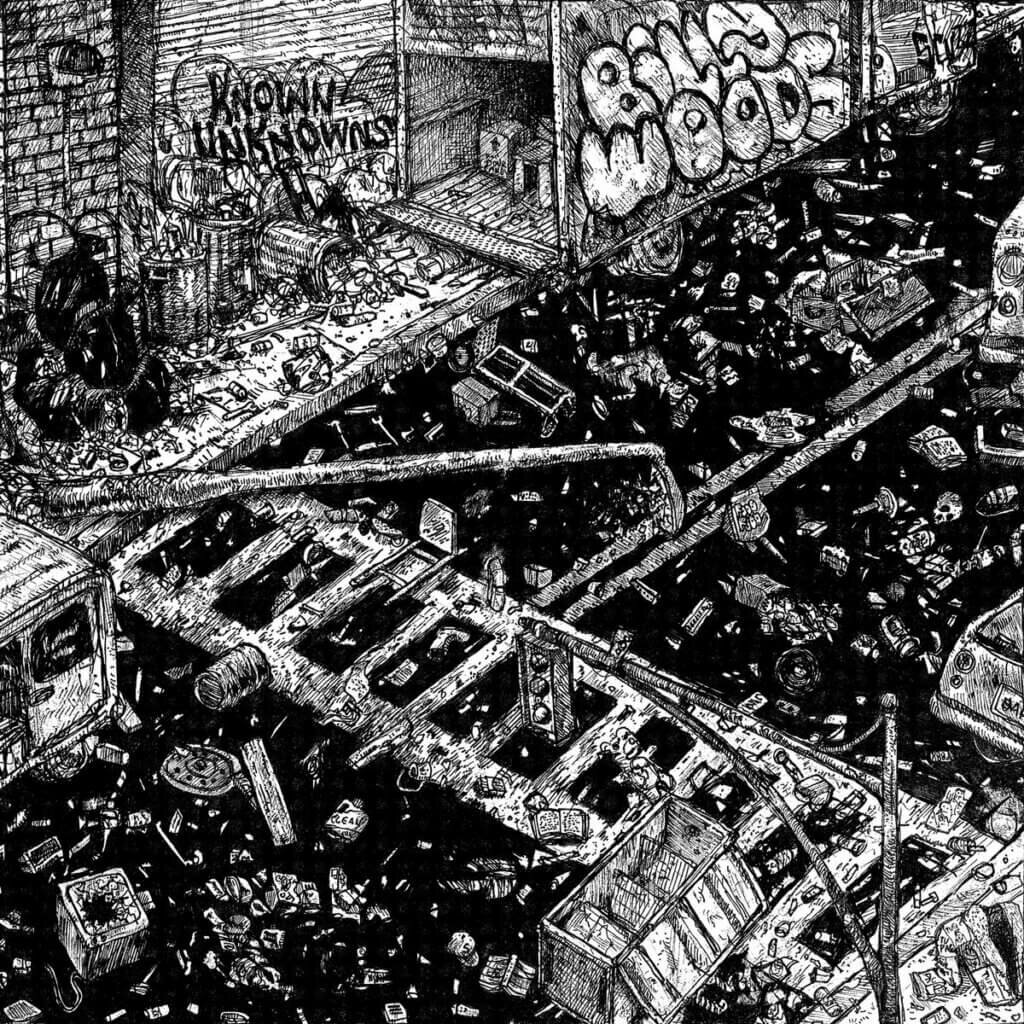
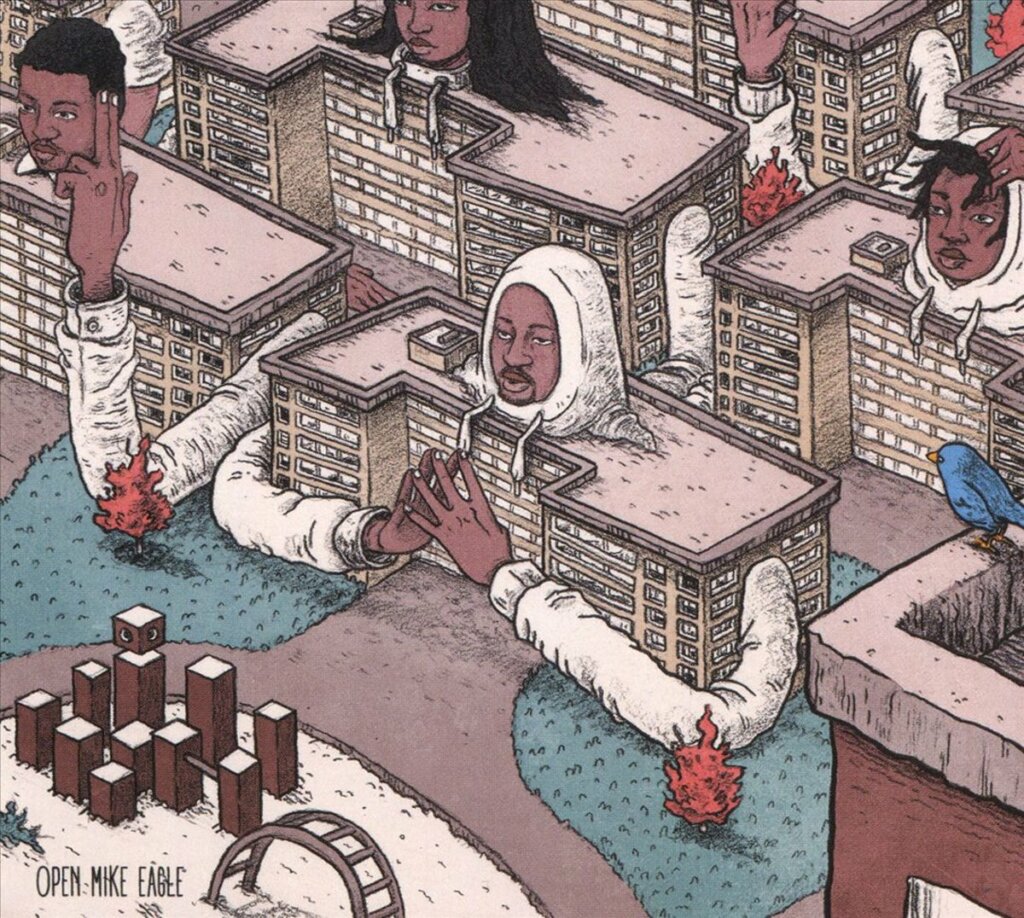
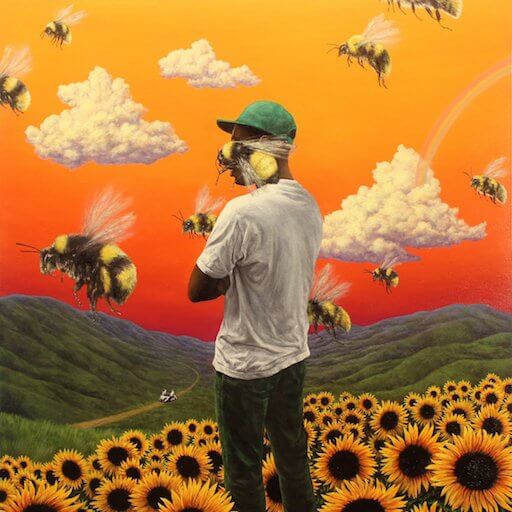
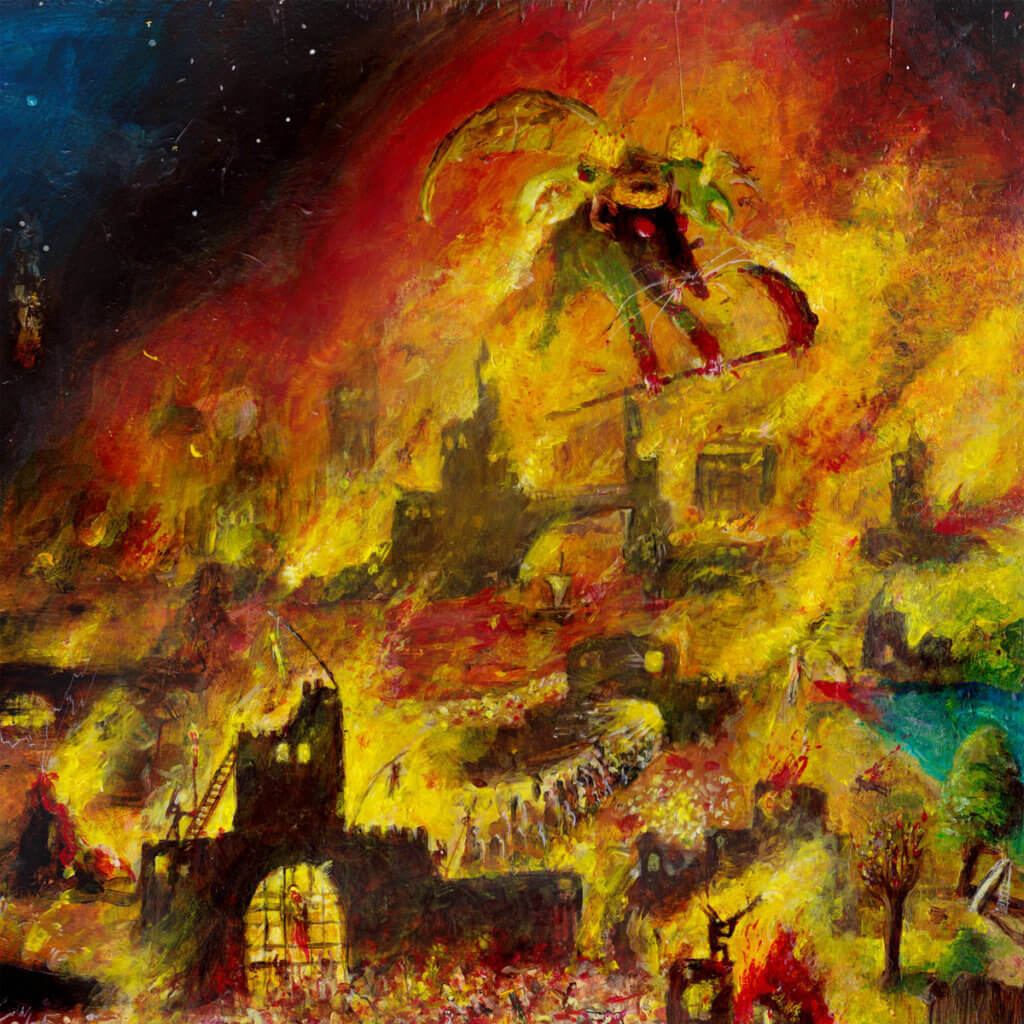

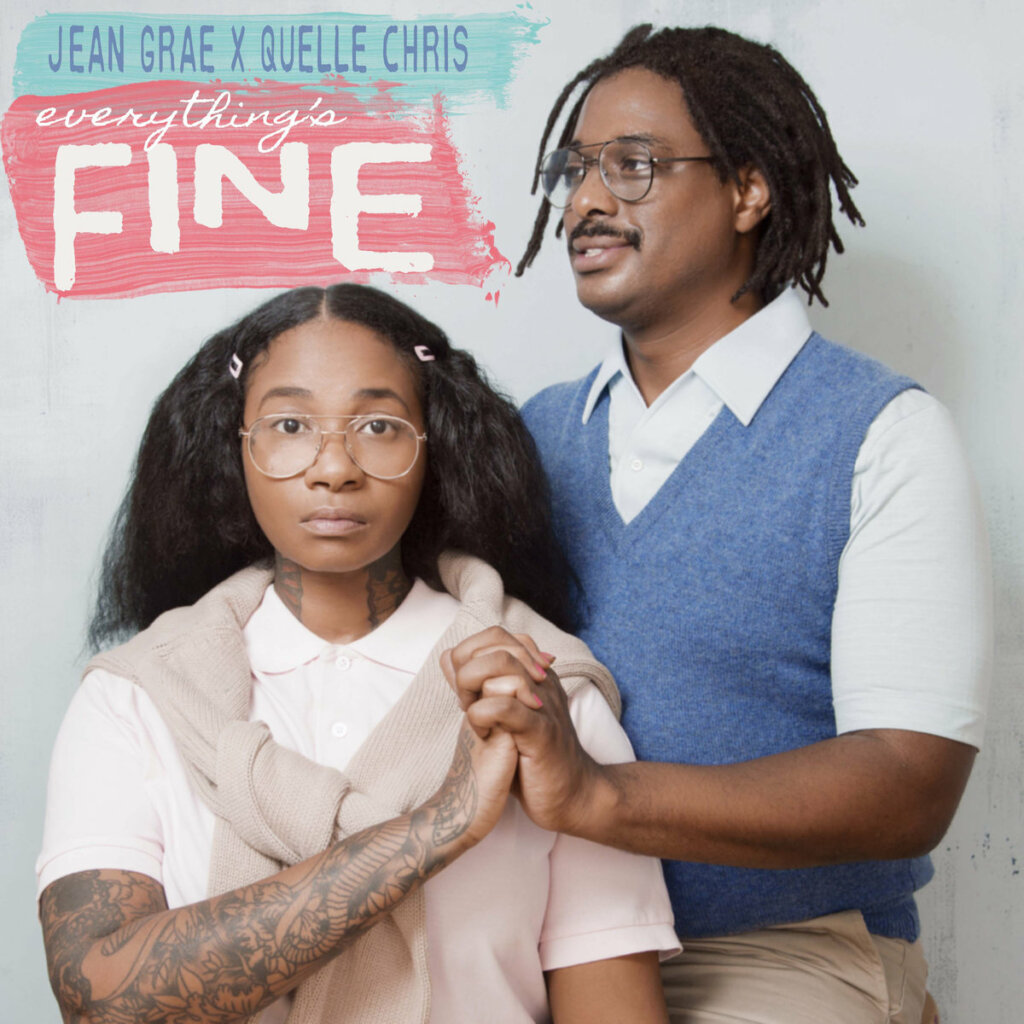
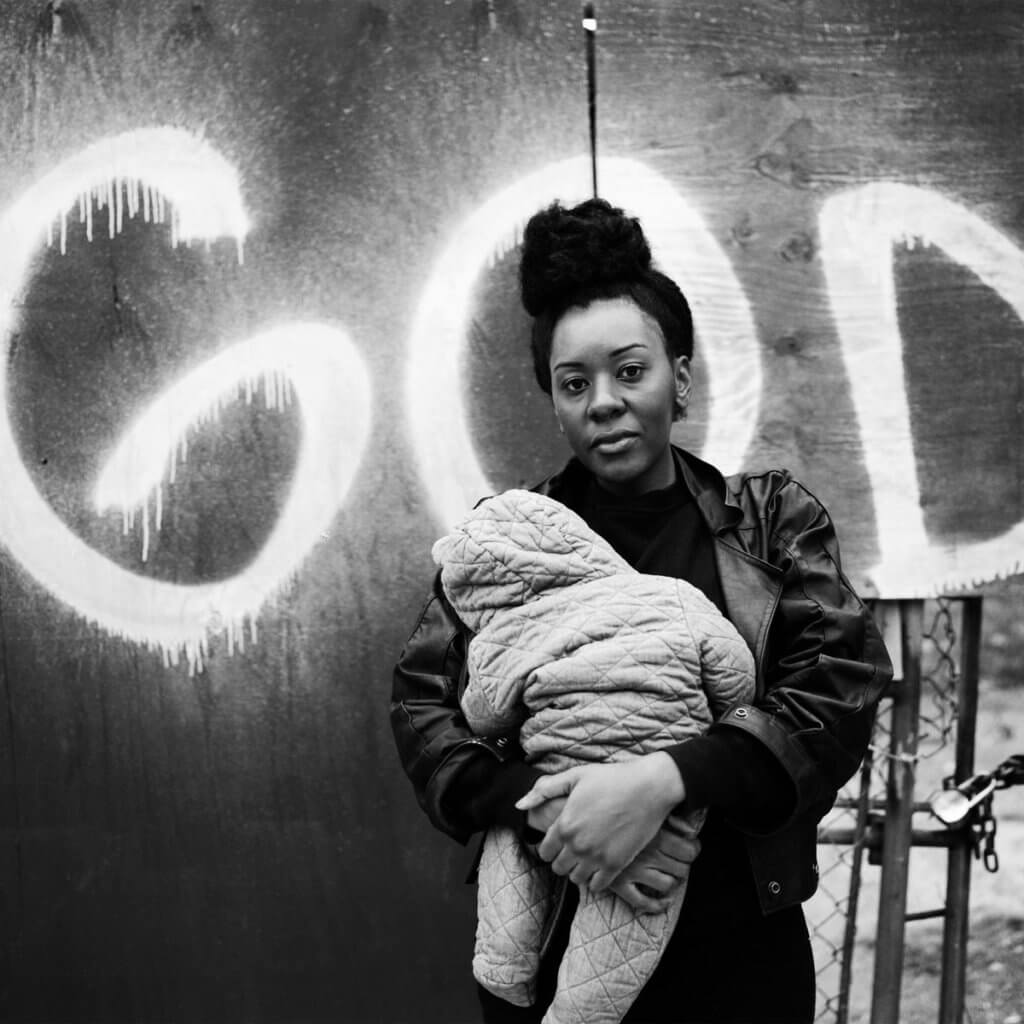

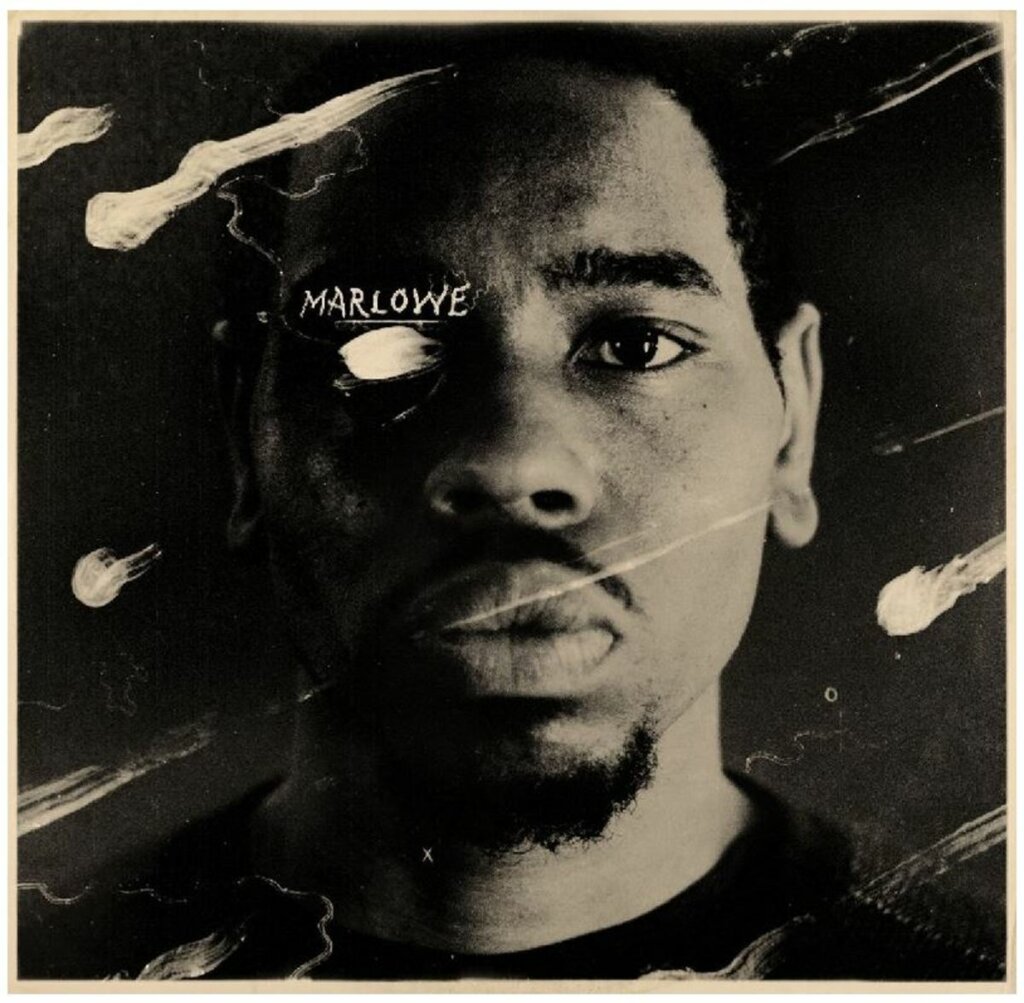

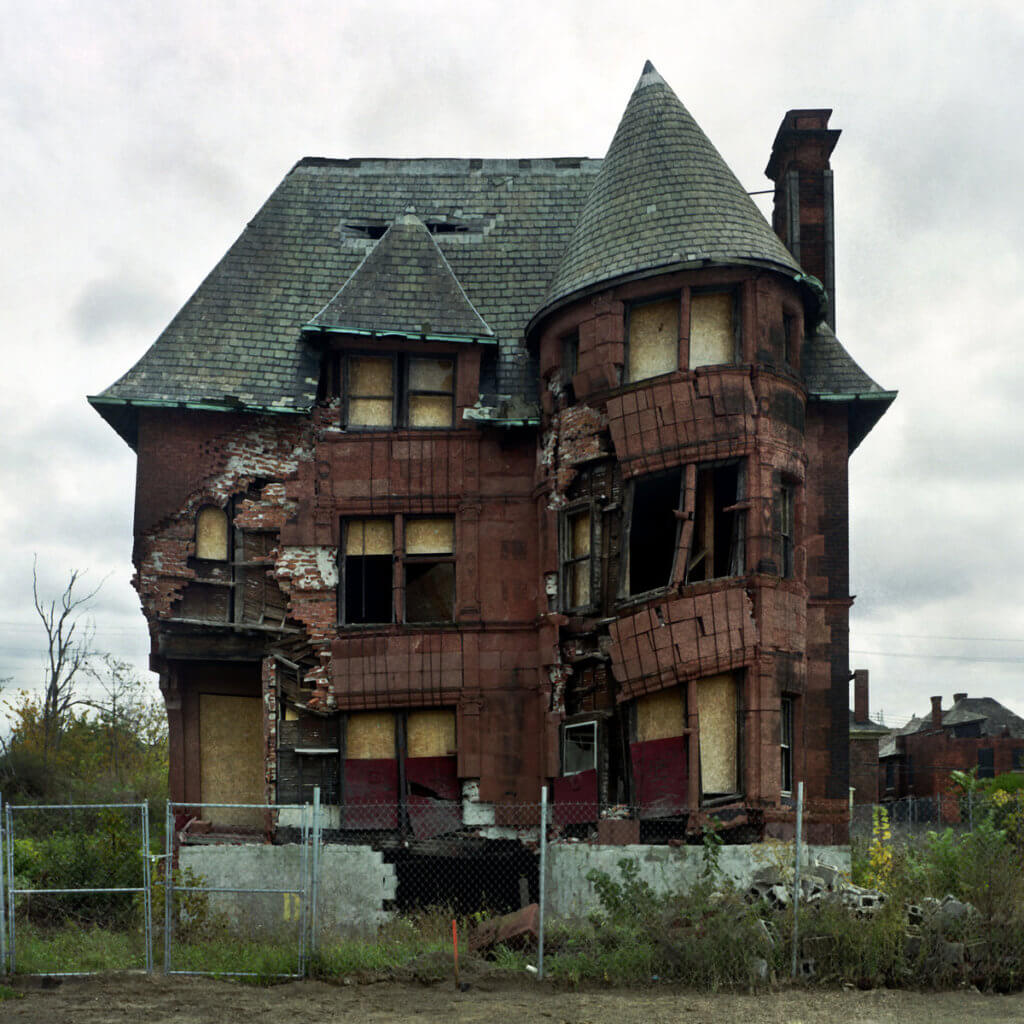
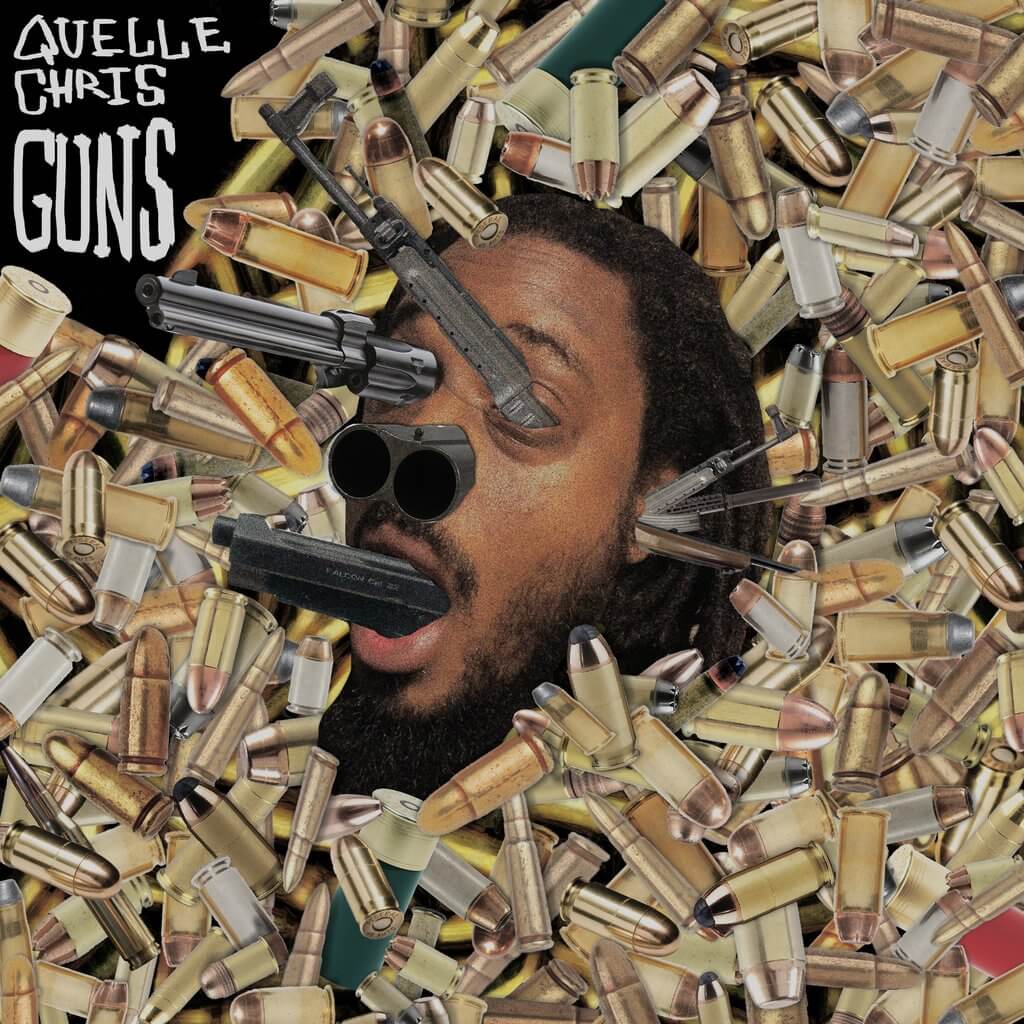
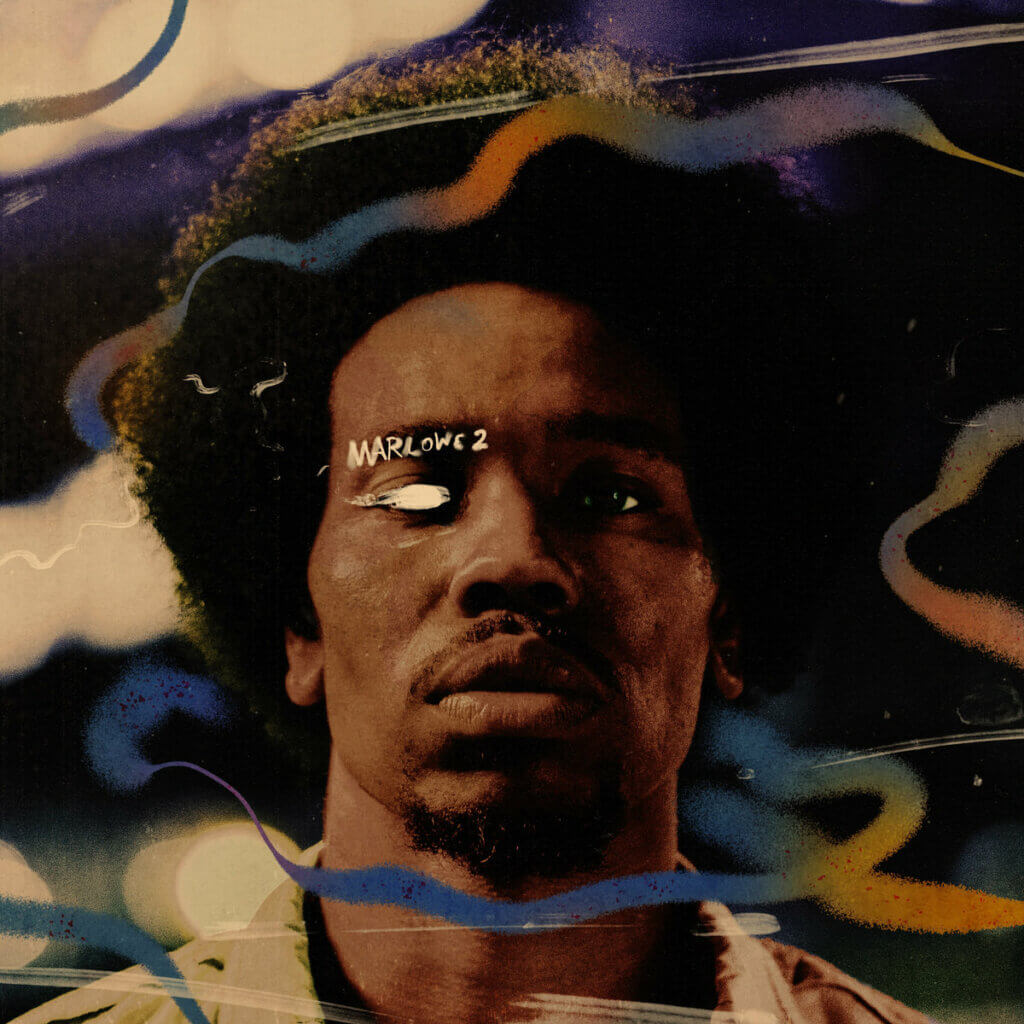
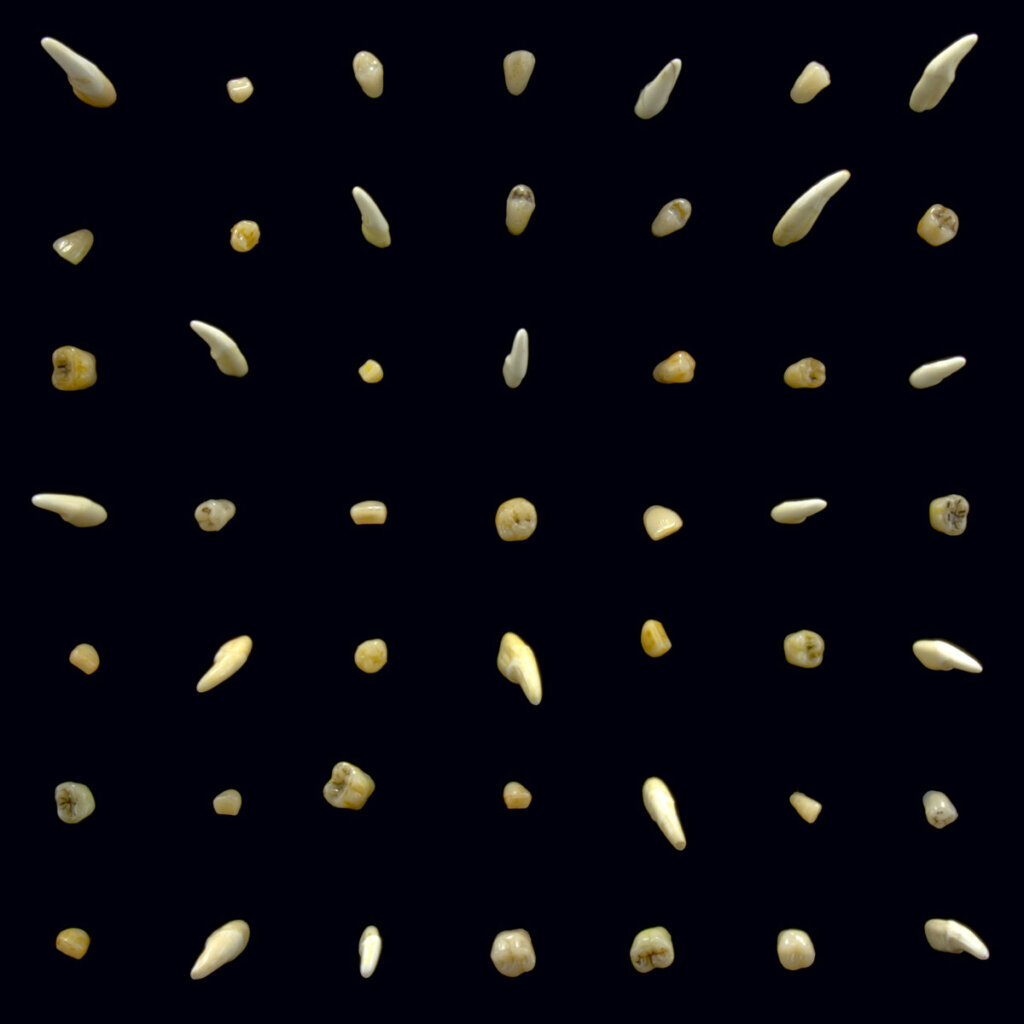
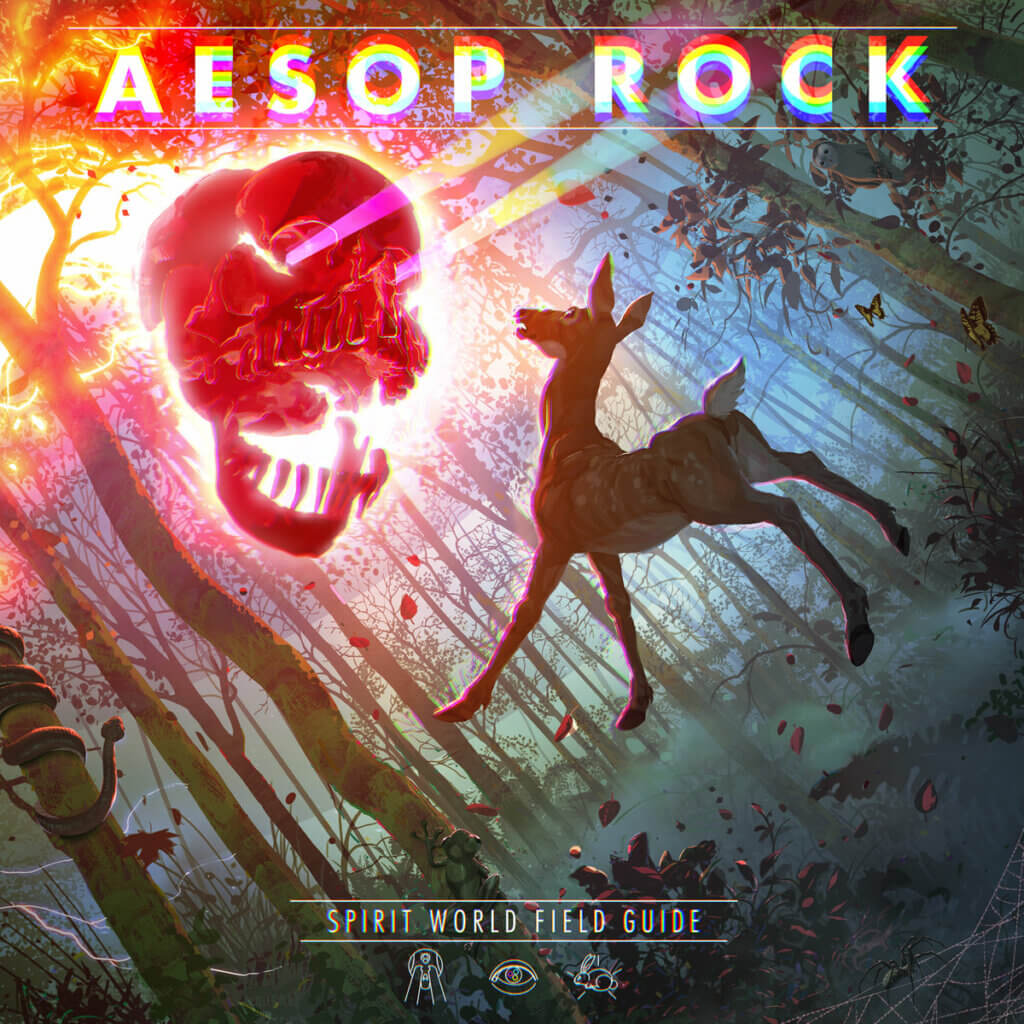
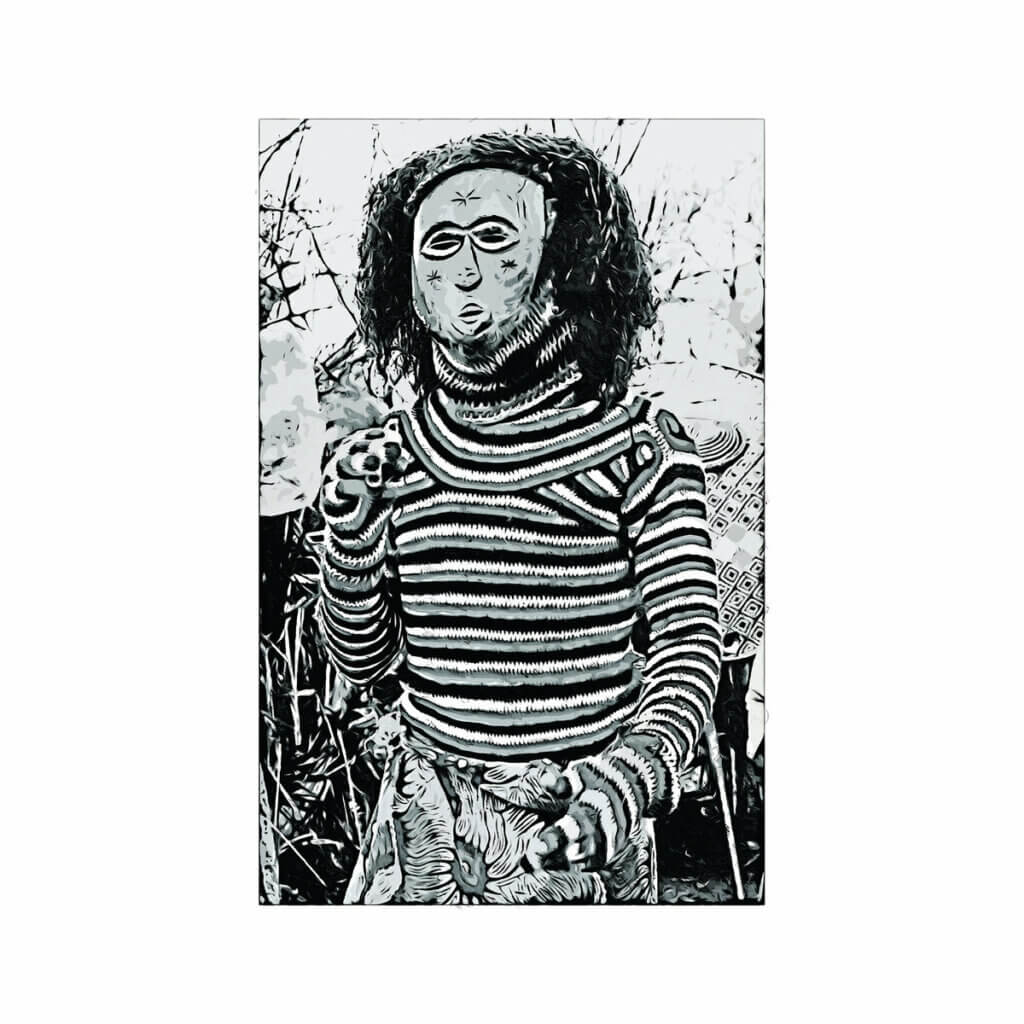
Man, this website is just the best, and this list is insanely well thought-out, just like all the others. My only wish is that Dose One’s Hemispheres got some attention, especially in an experimental list like this. Still, it’s a better list than I could ever do haha.
No Some Rap Songs???
thank you. my life is one
Igor overhyped?
Spiral Walls Containing Autumns of Light not being here is very odd